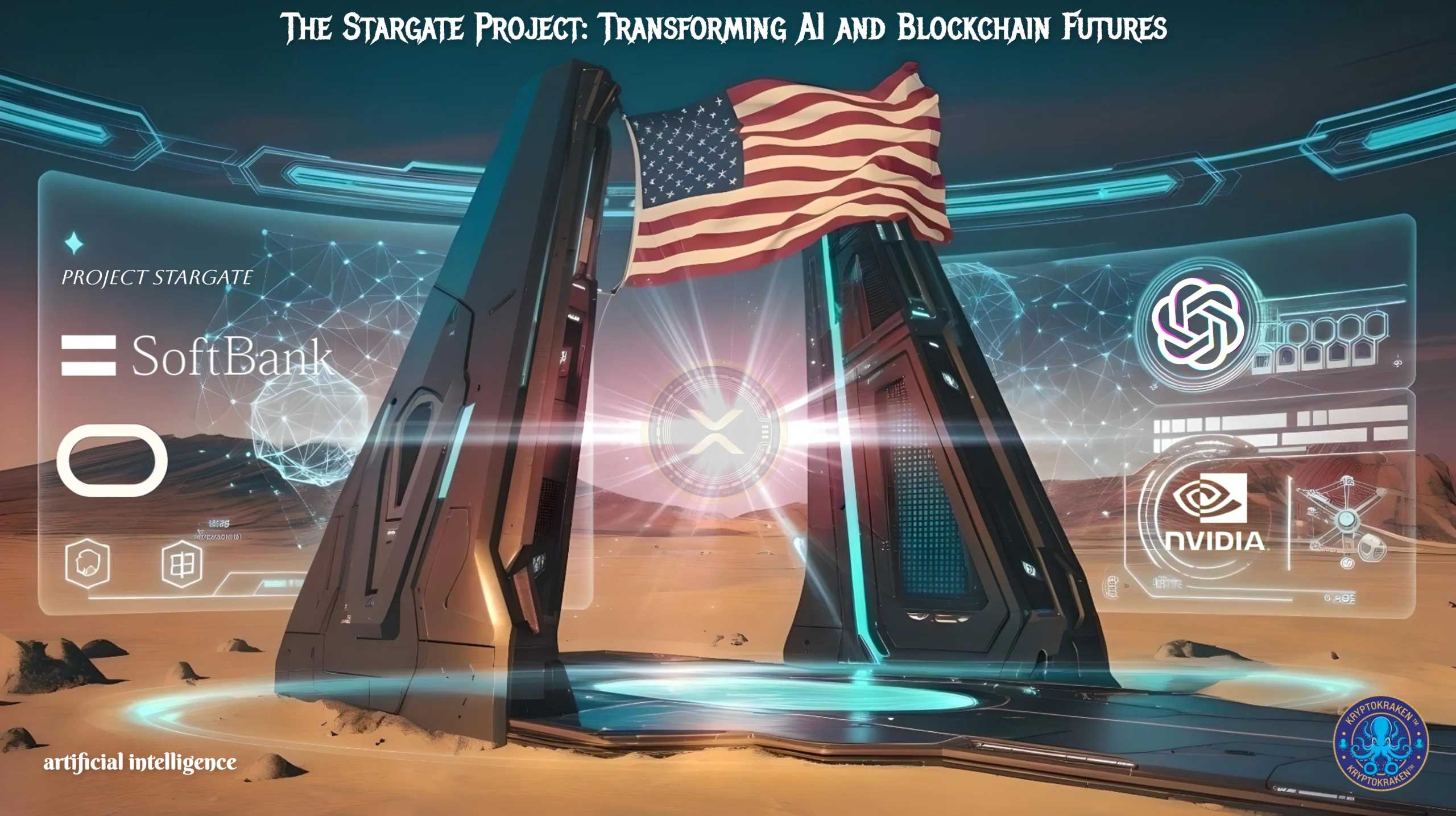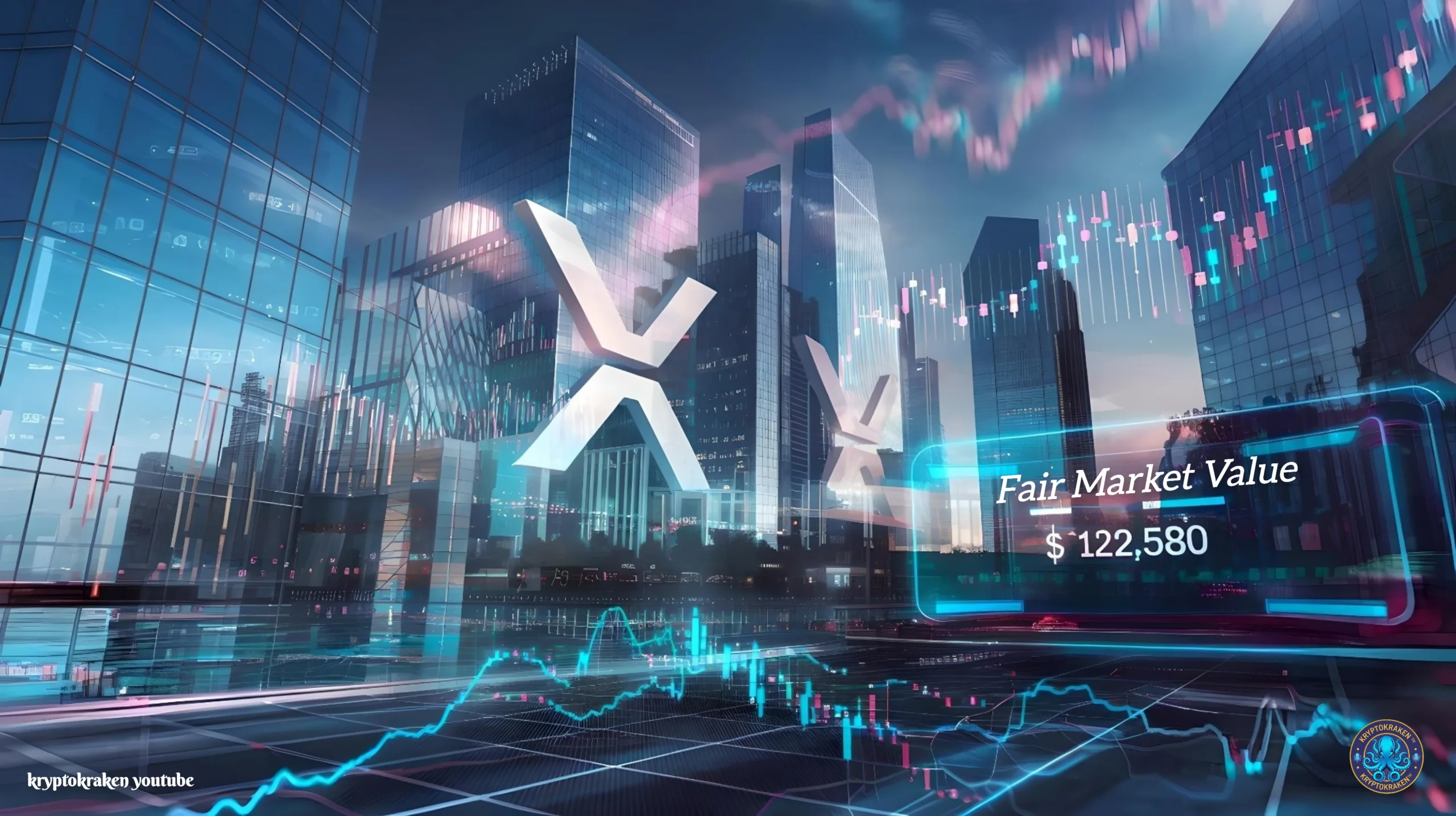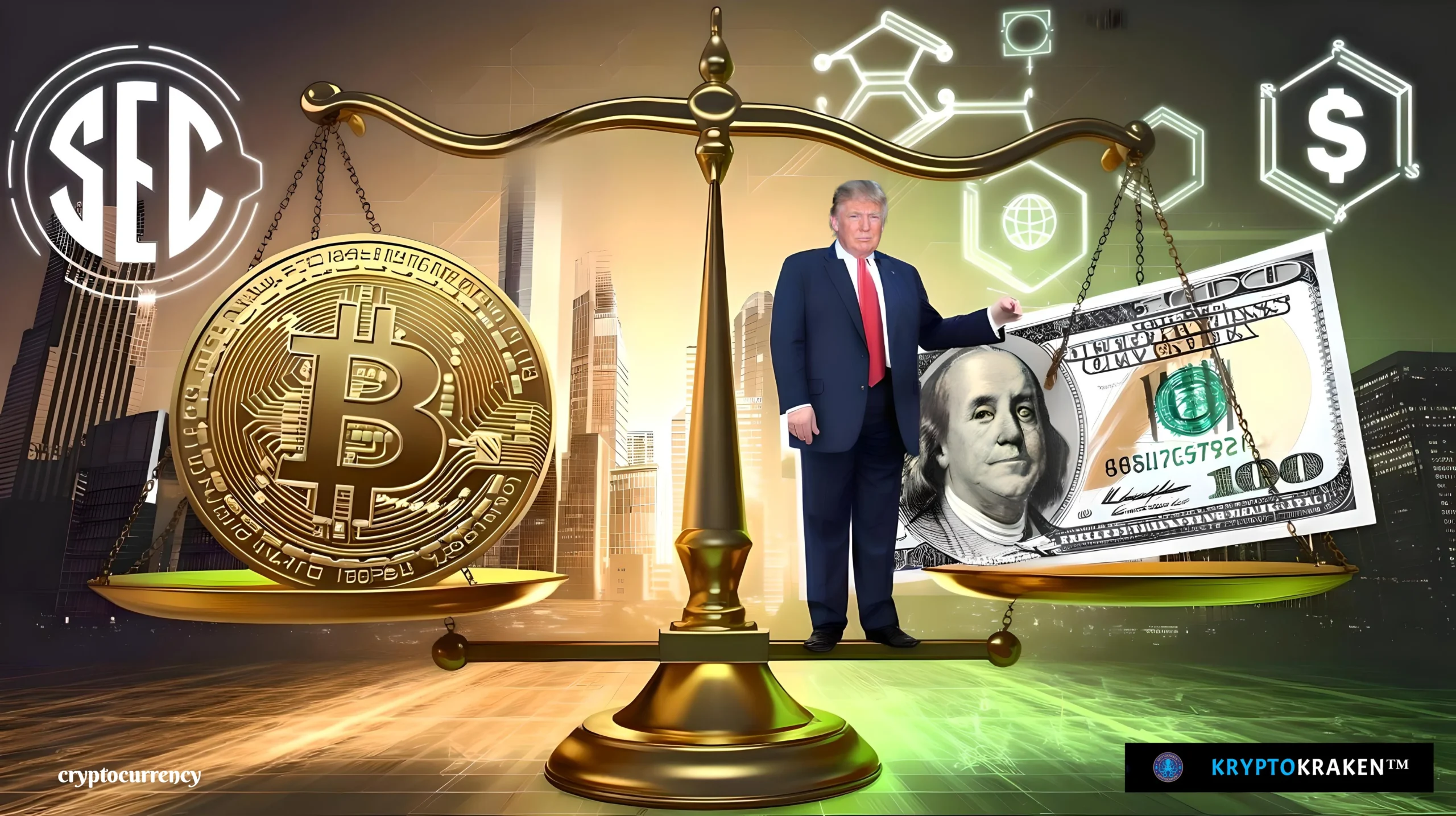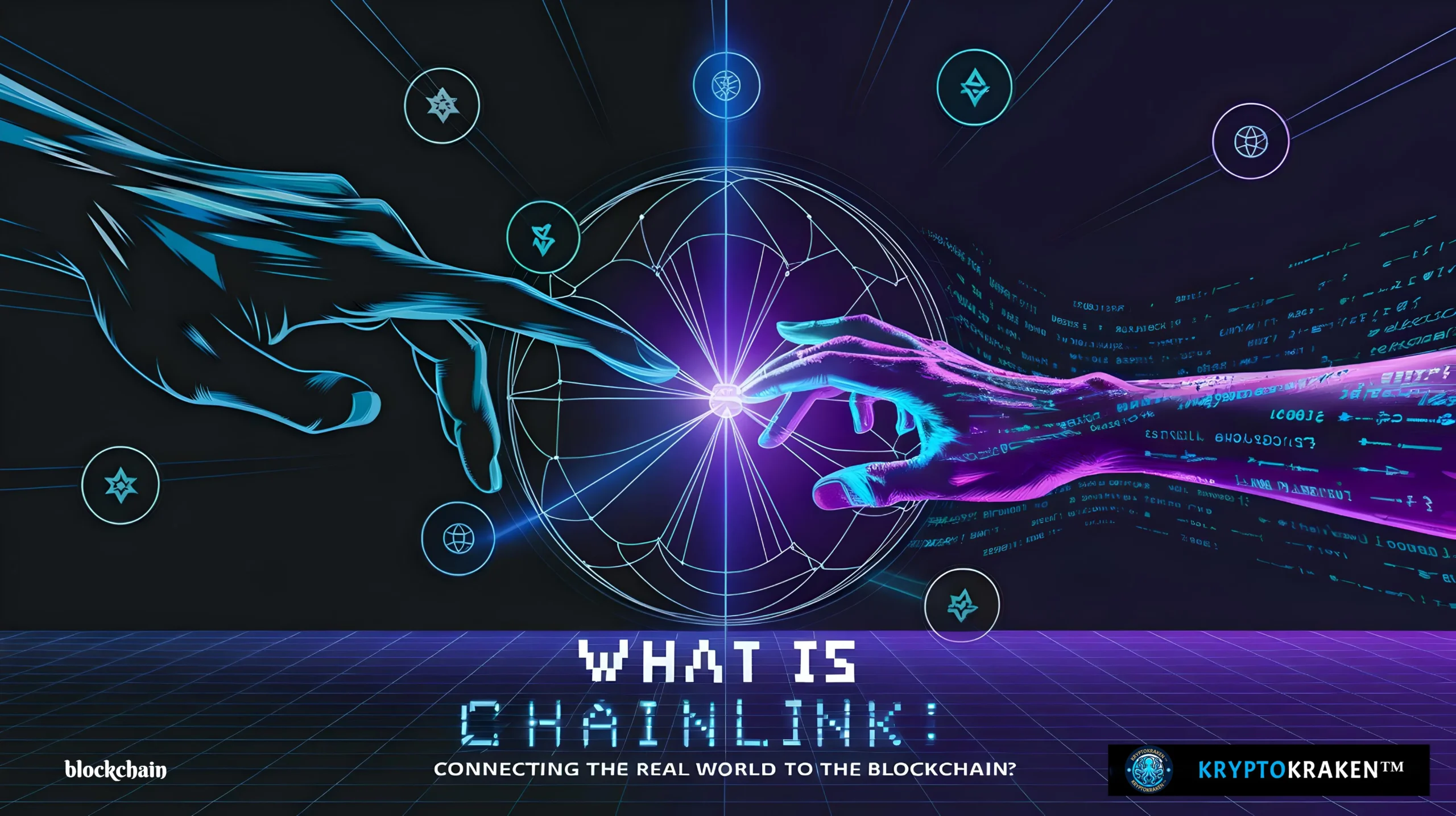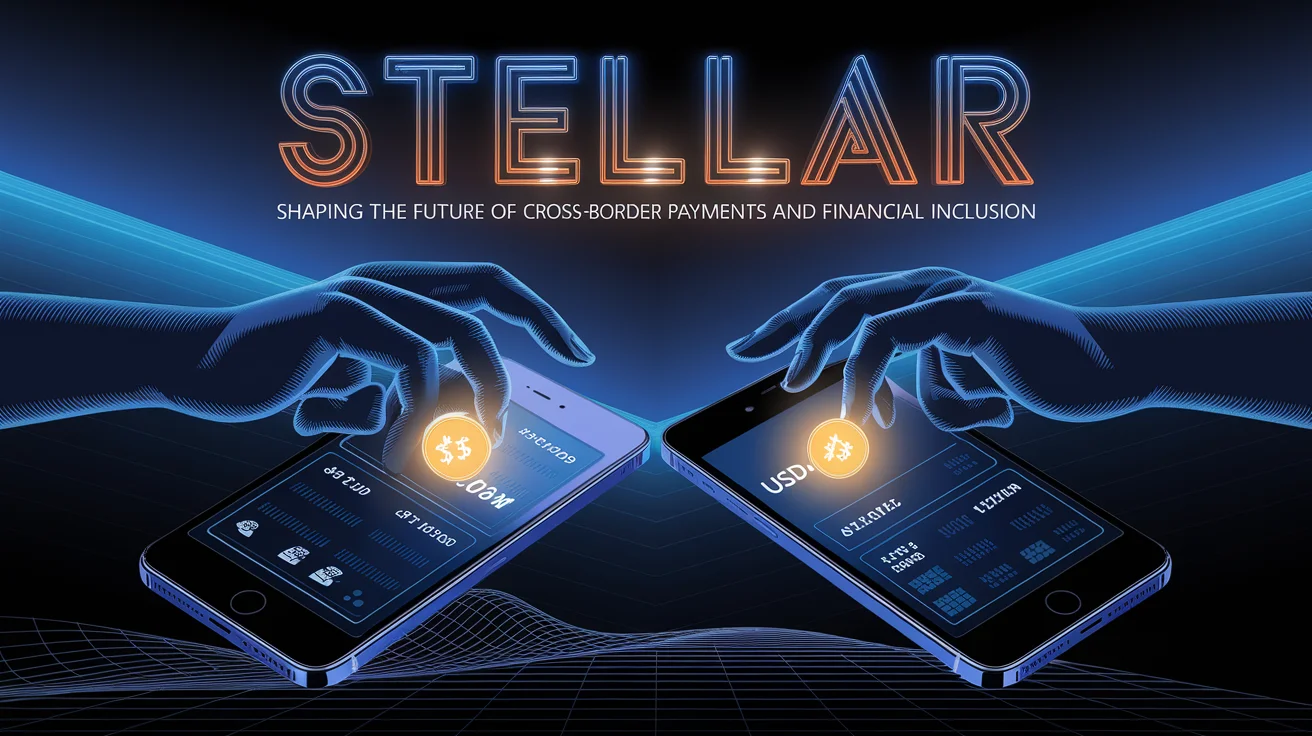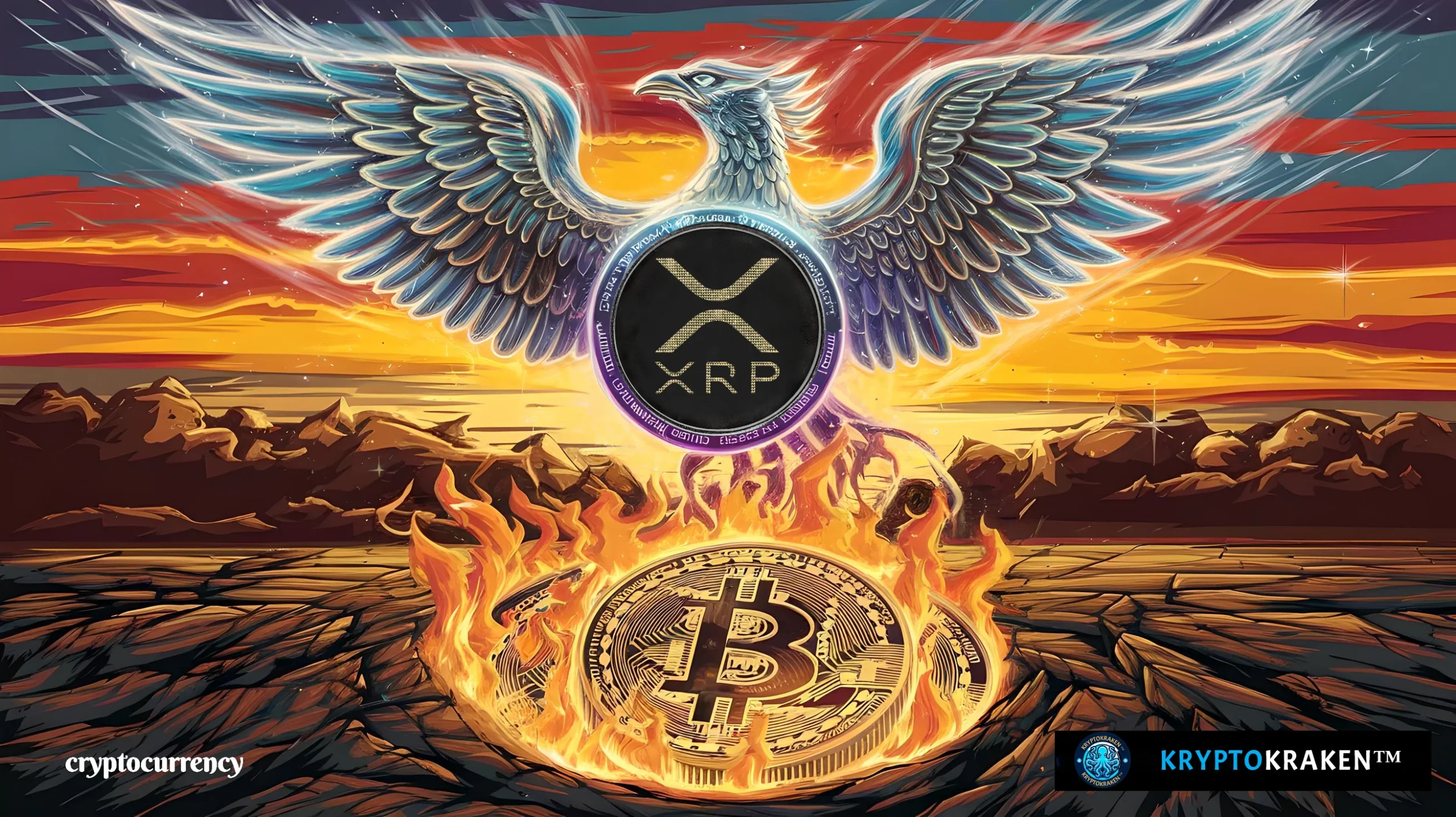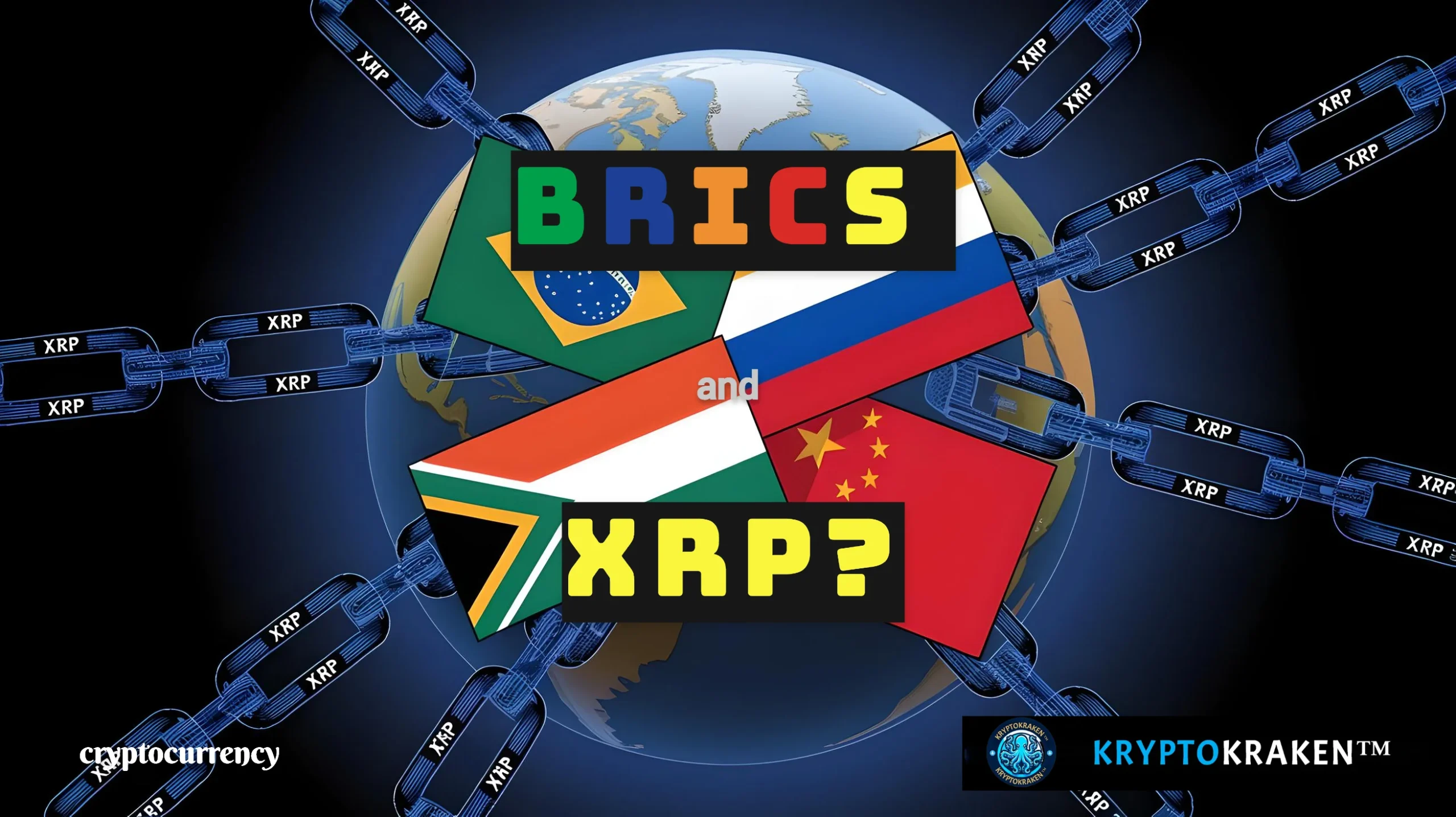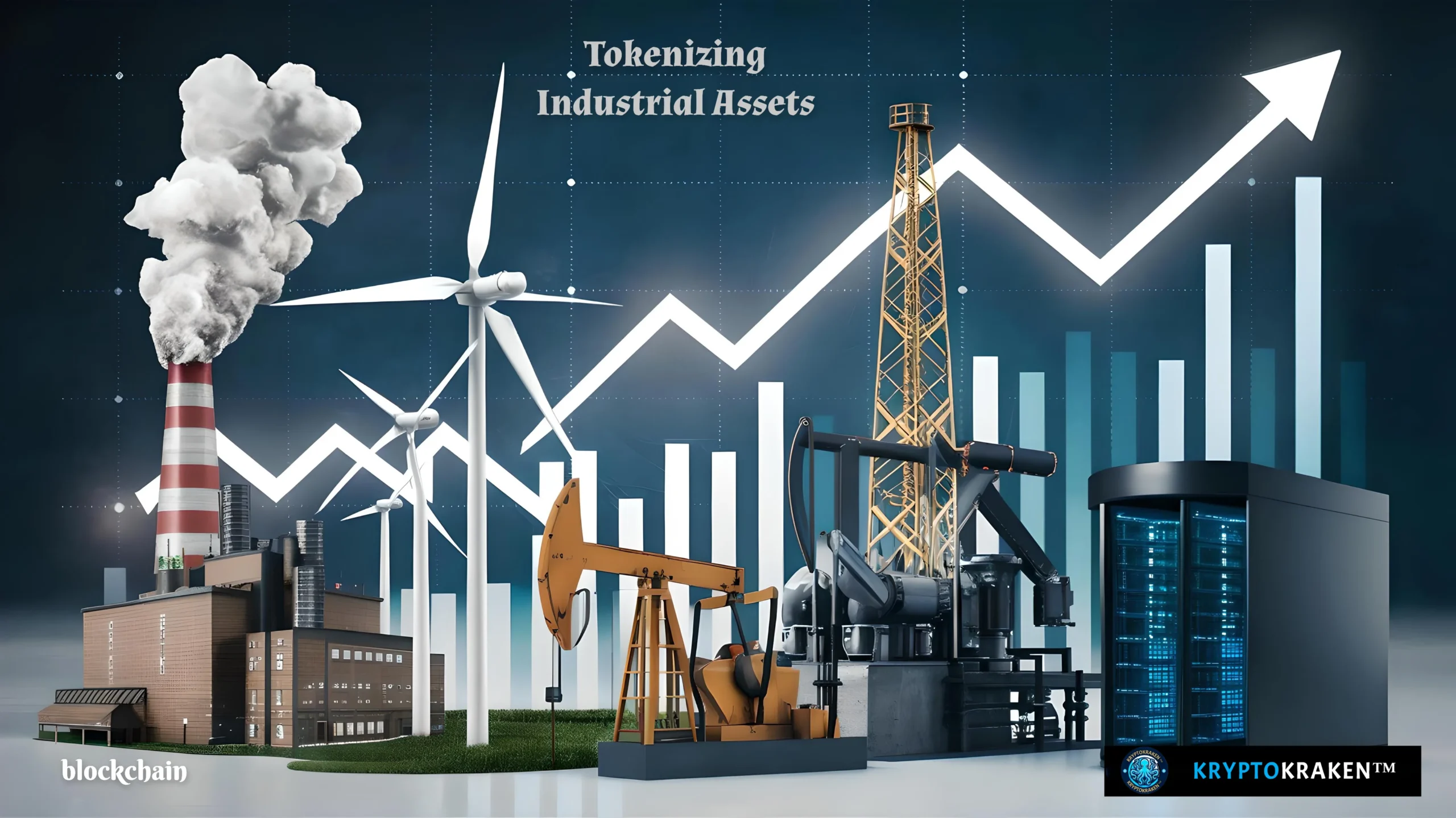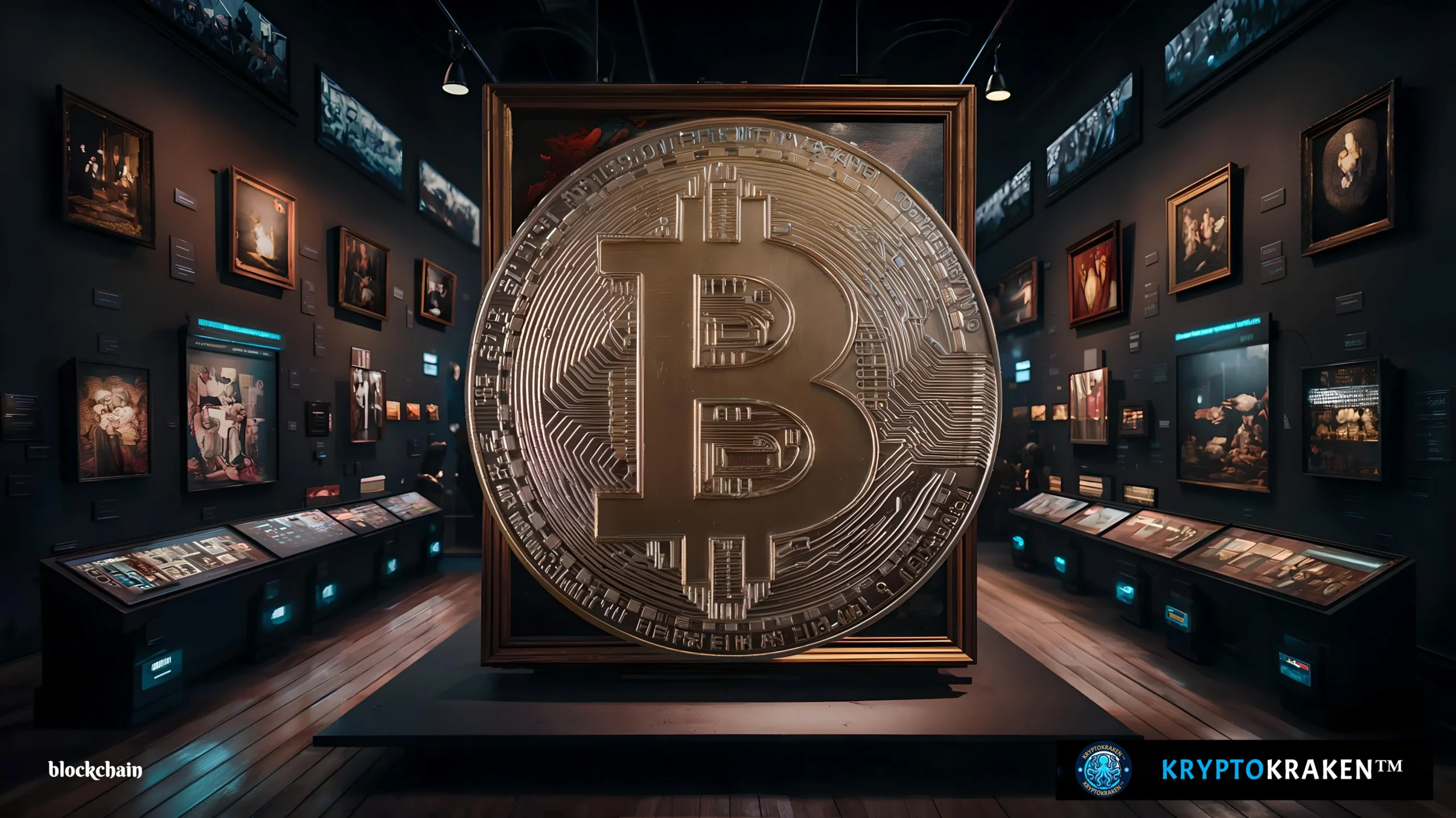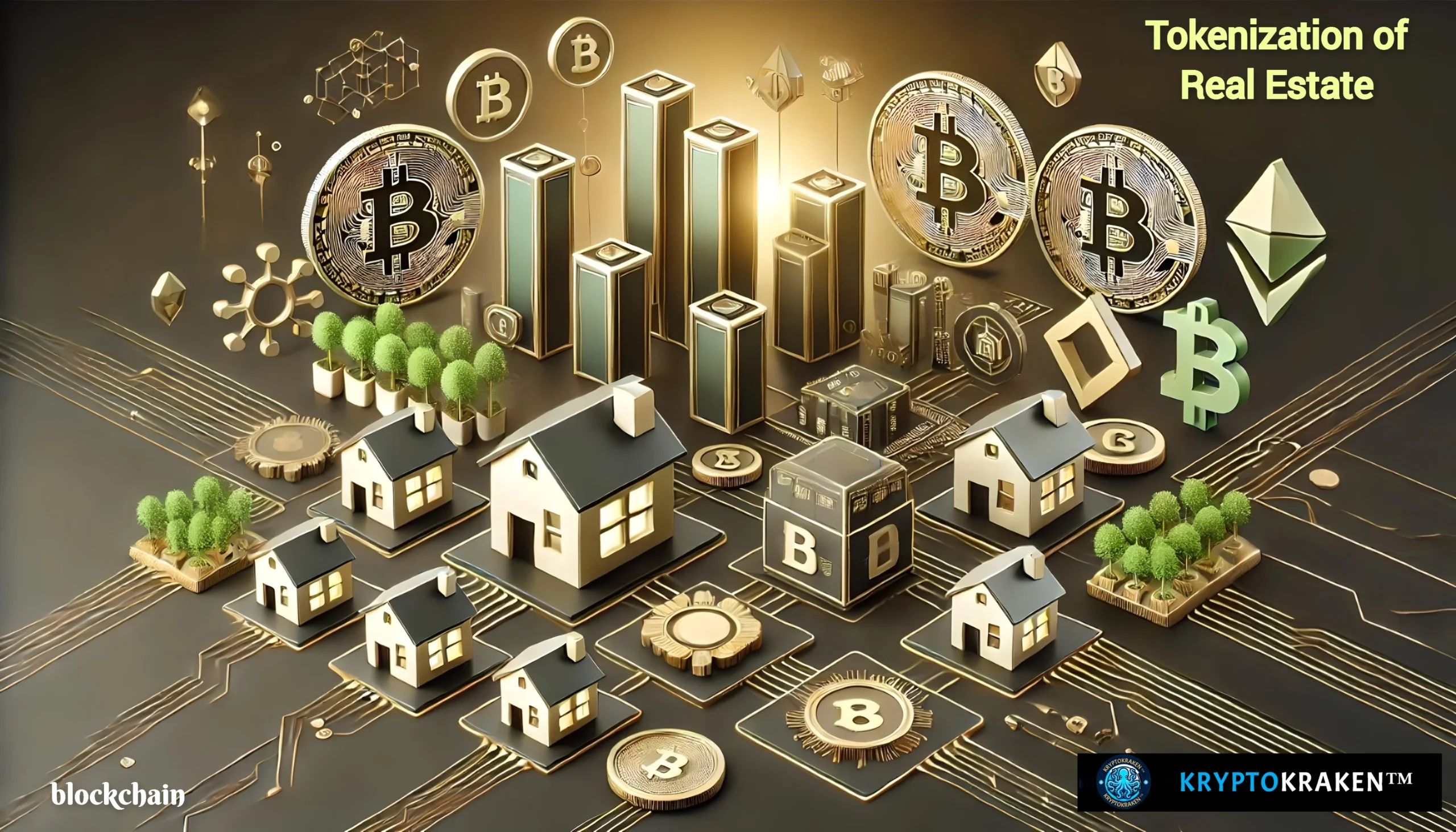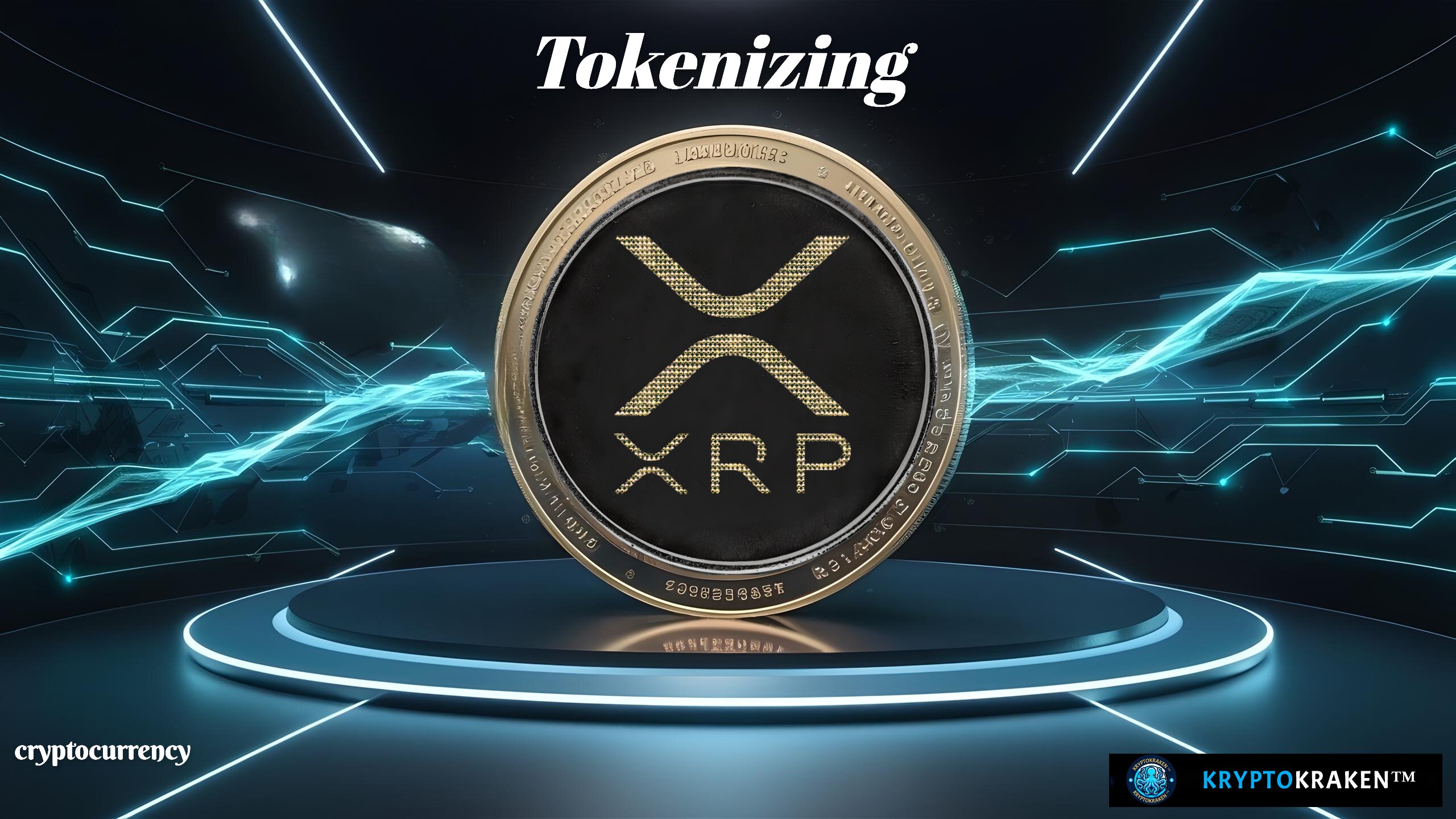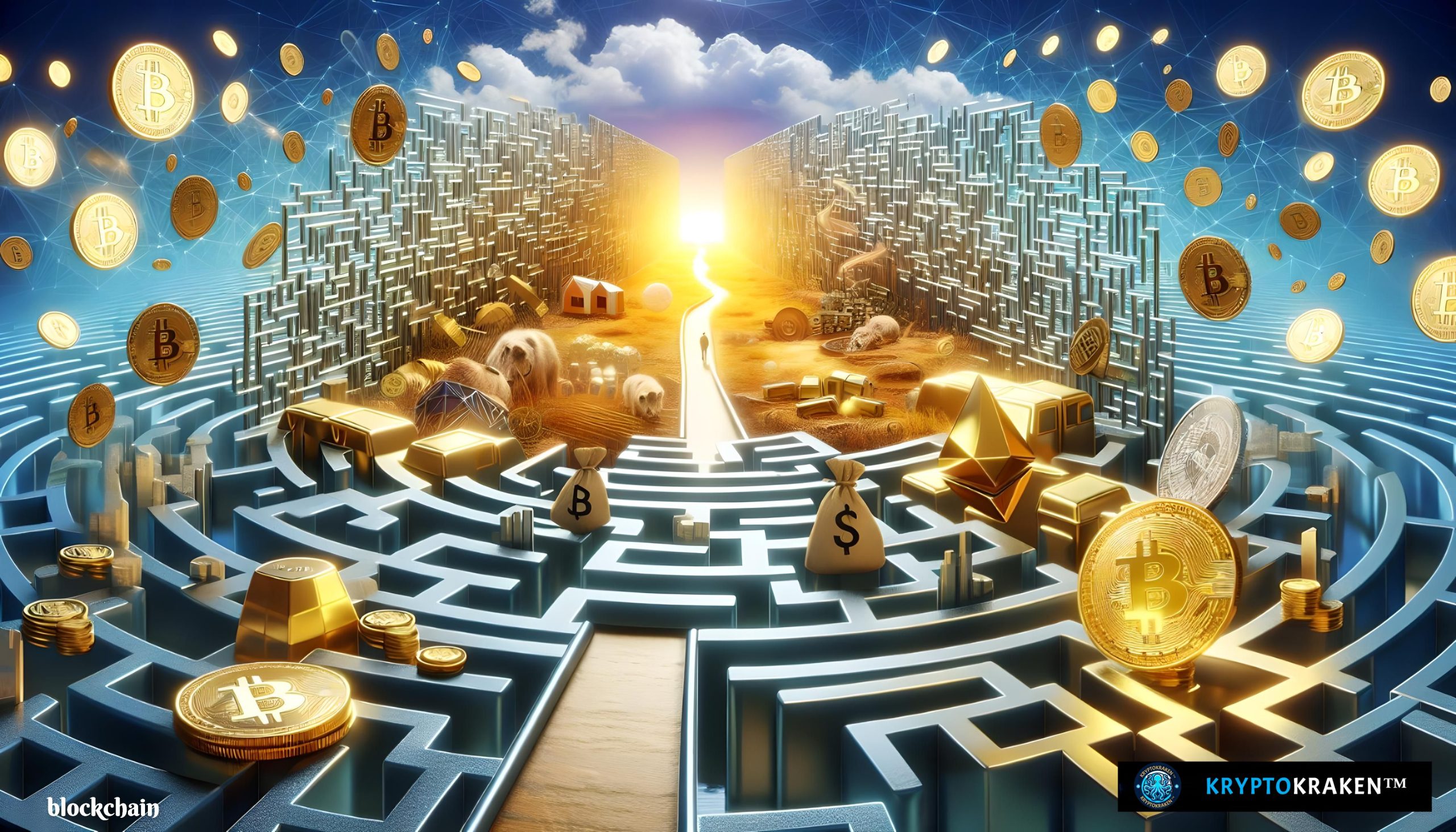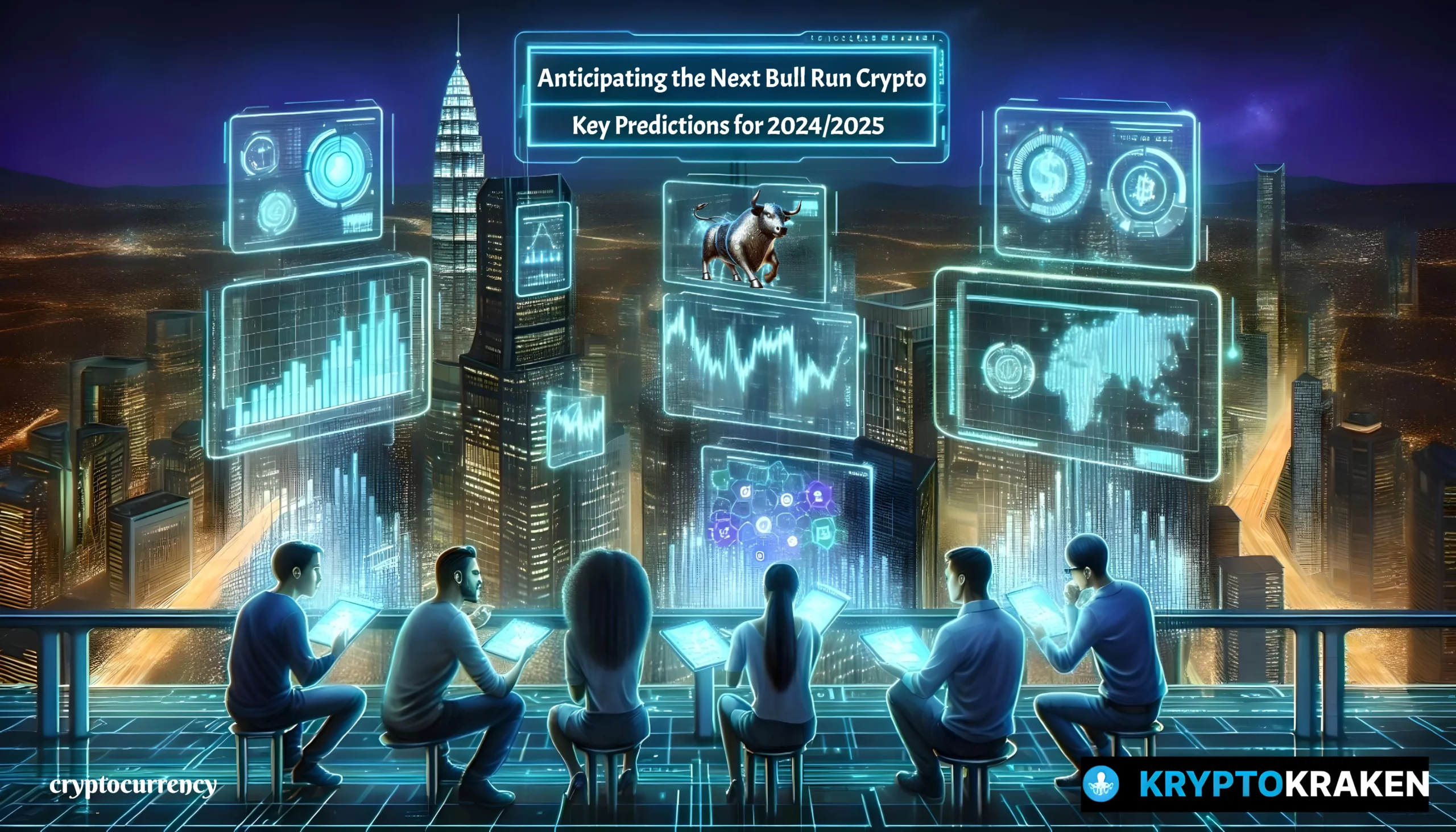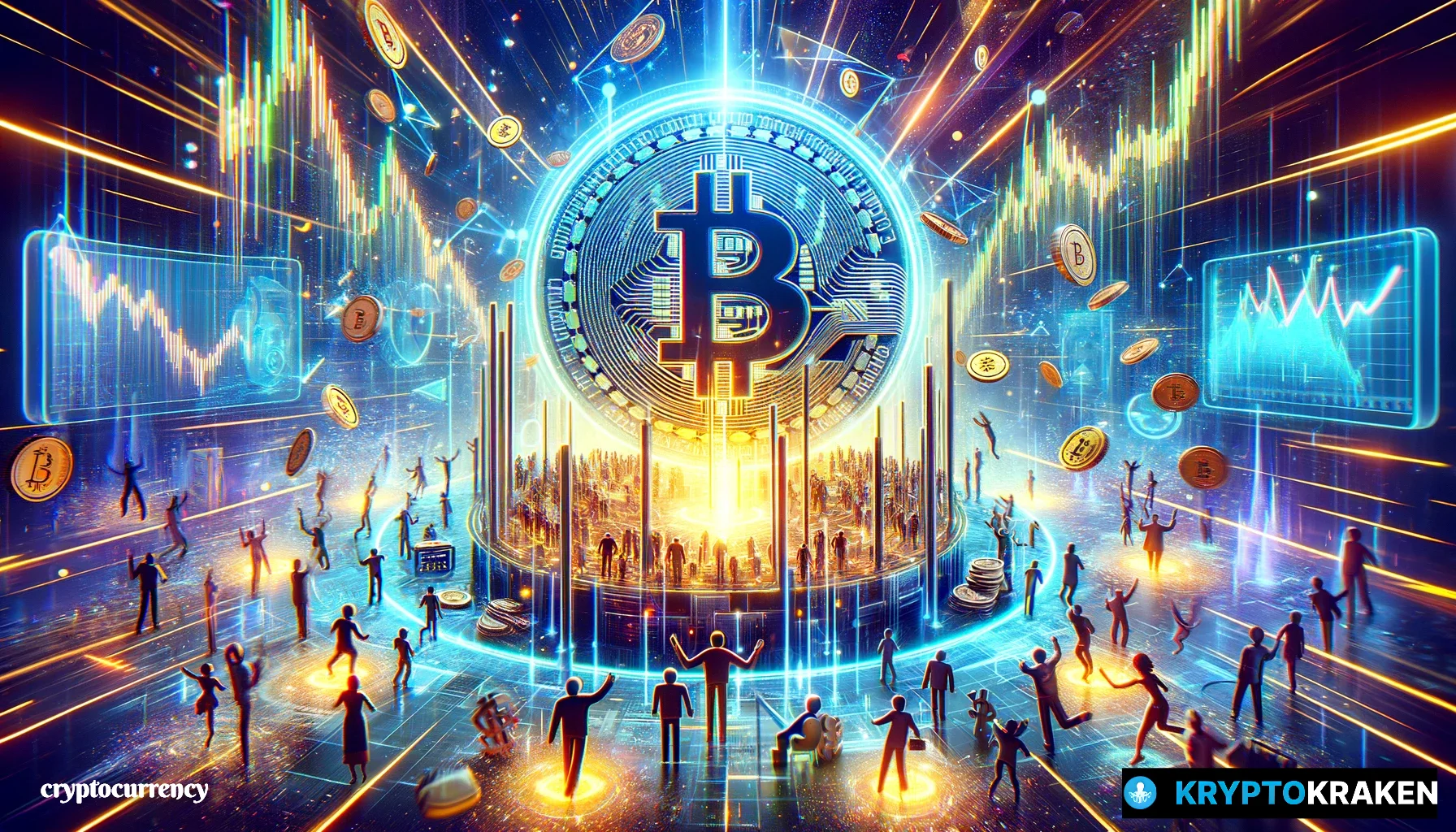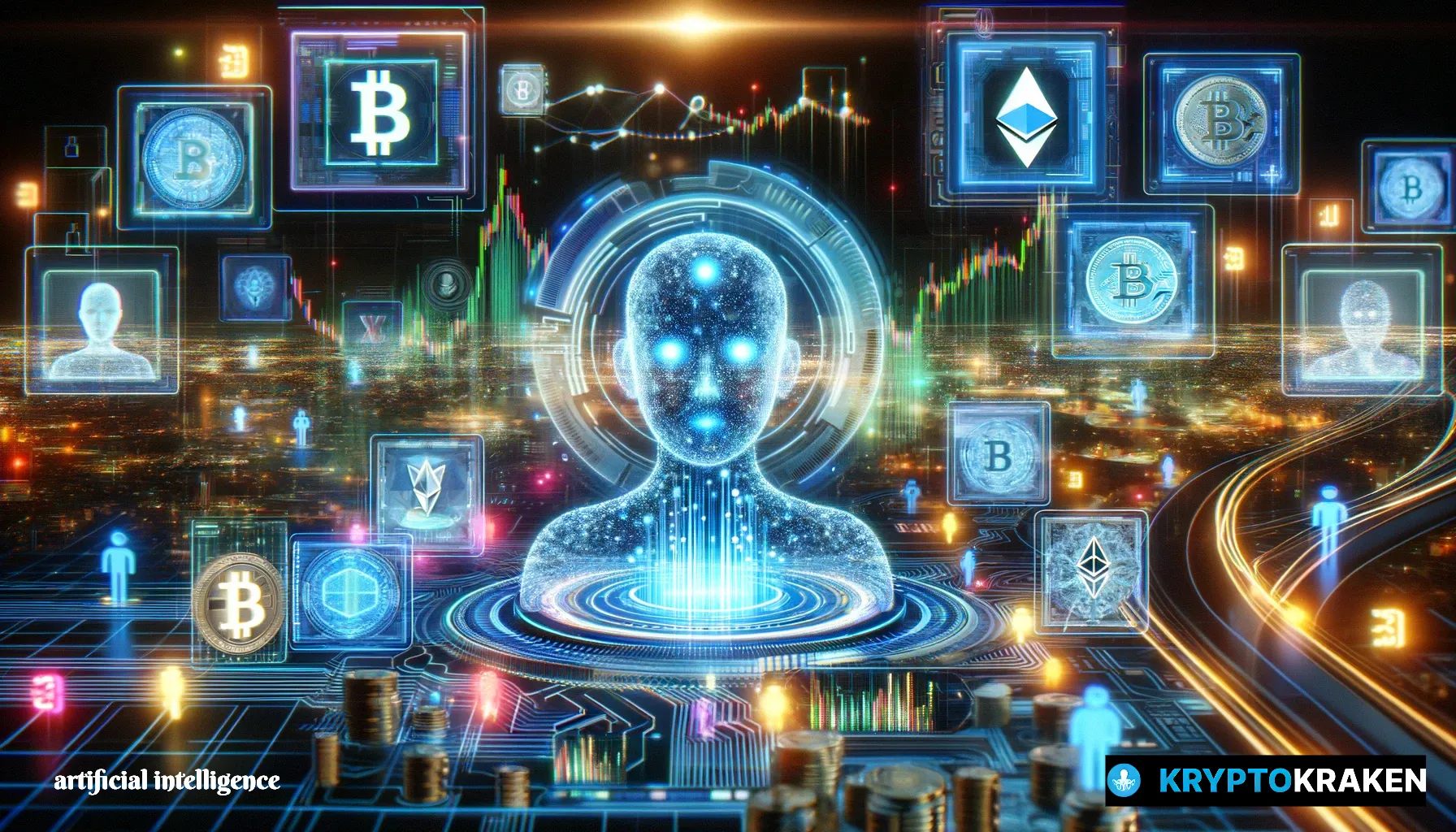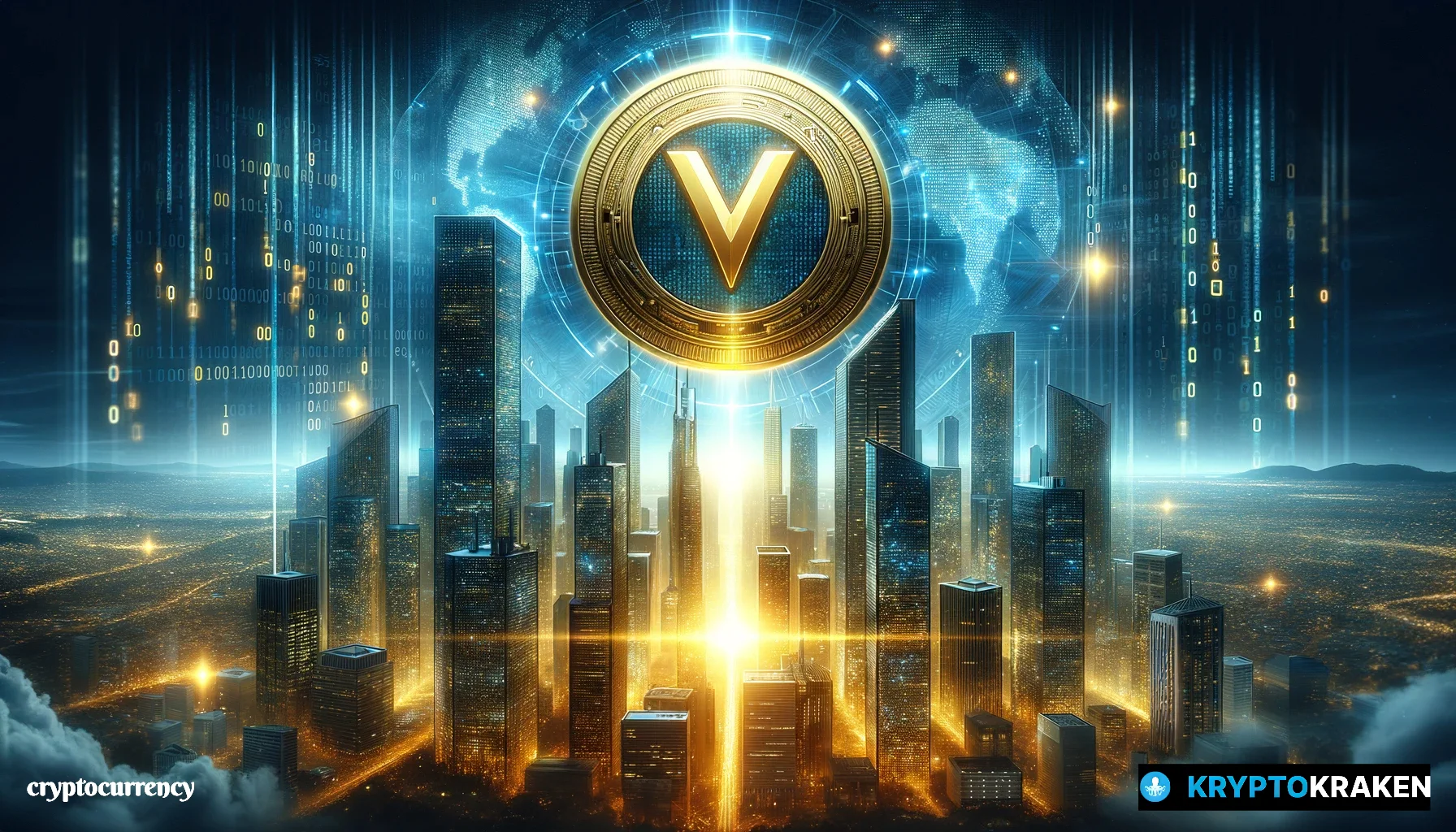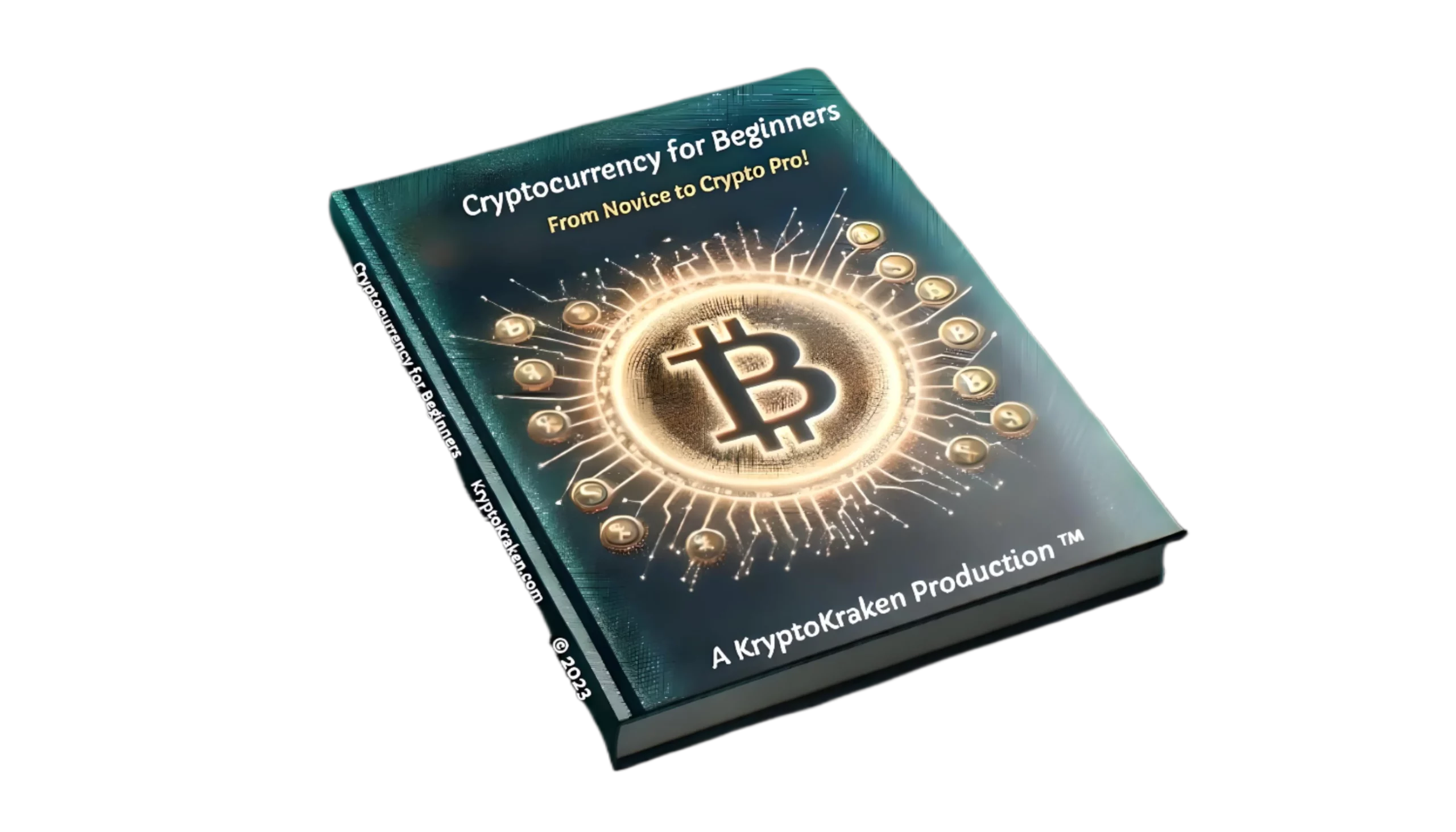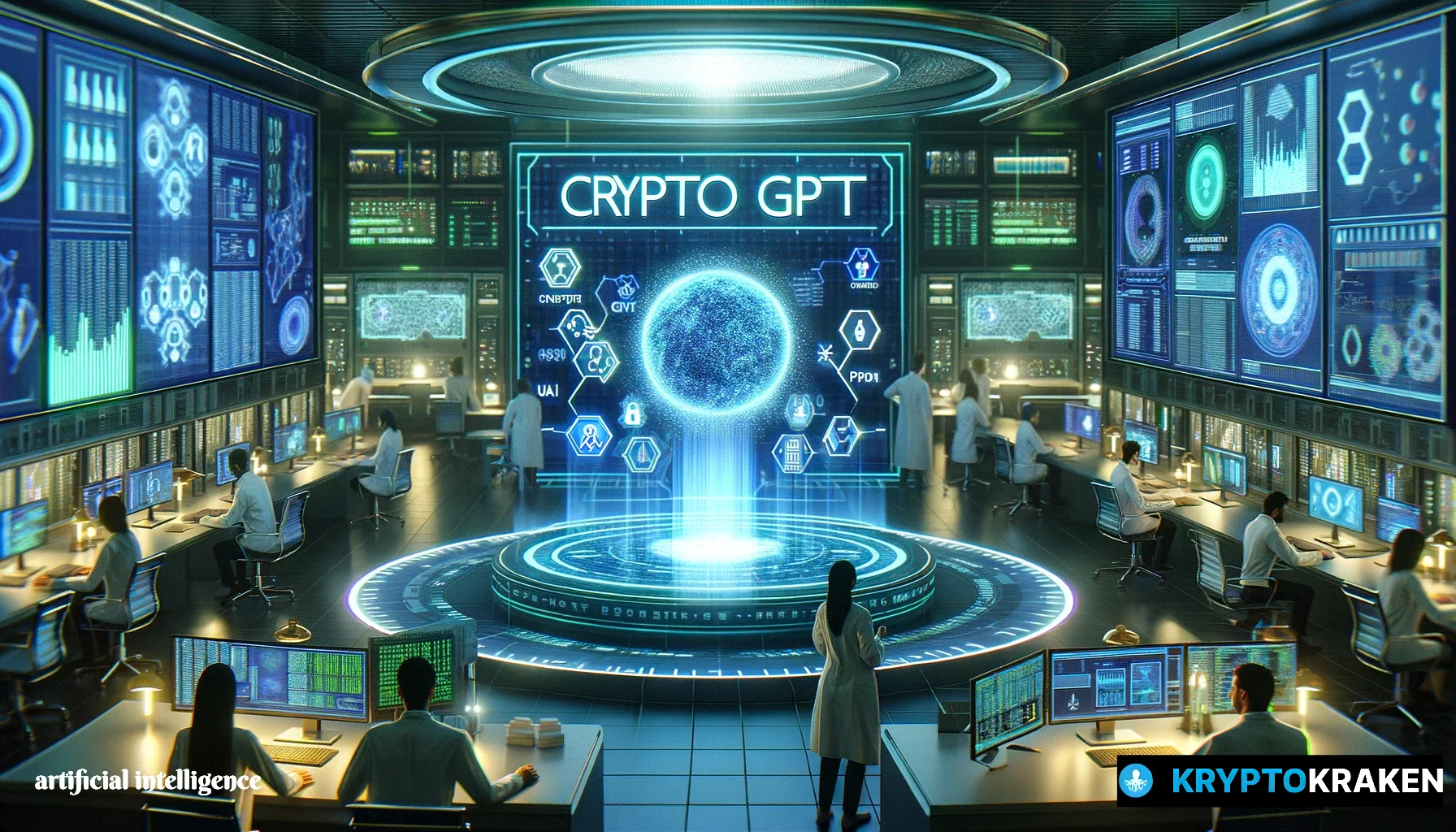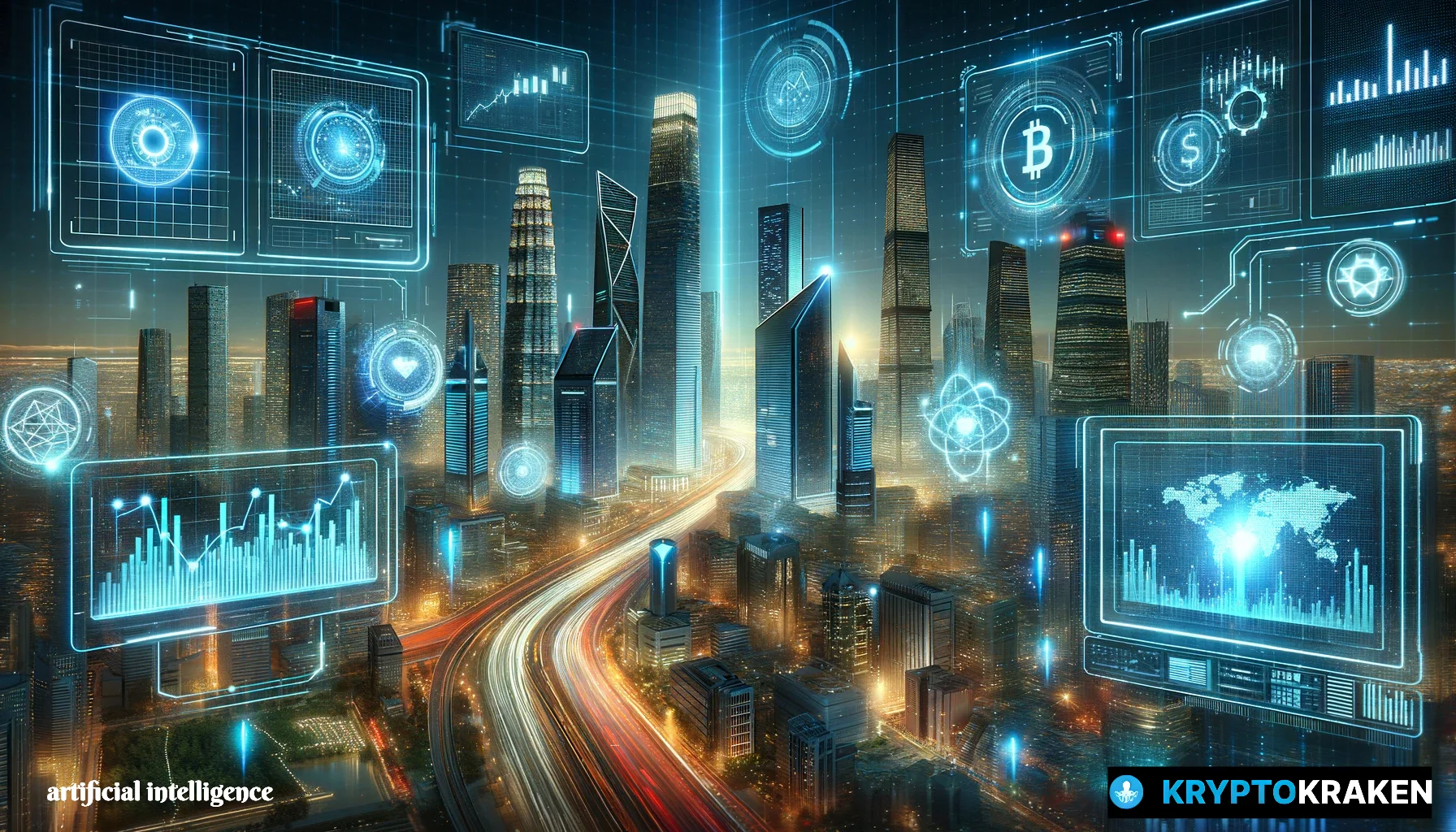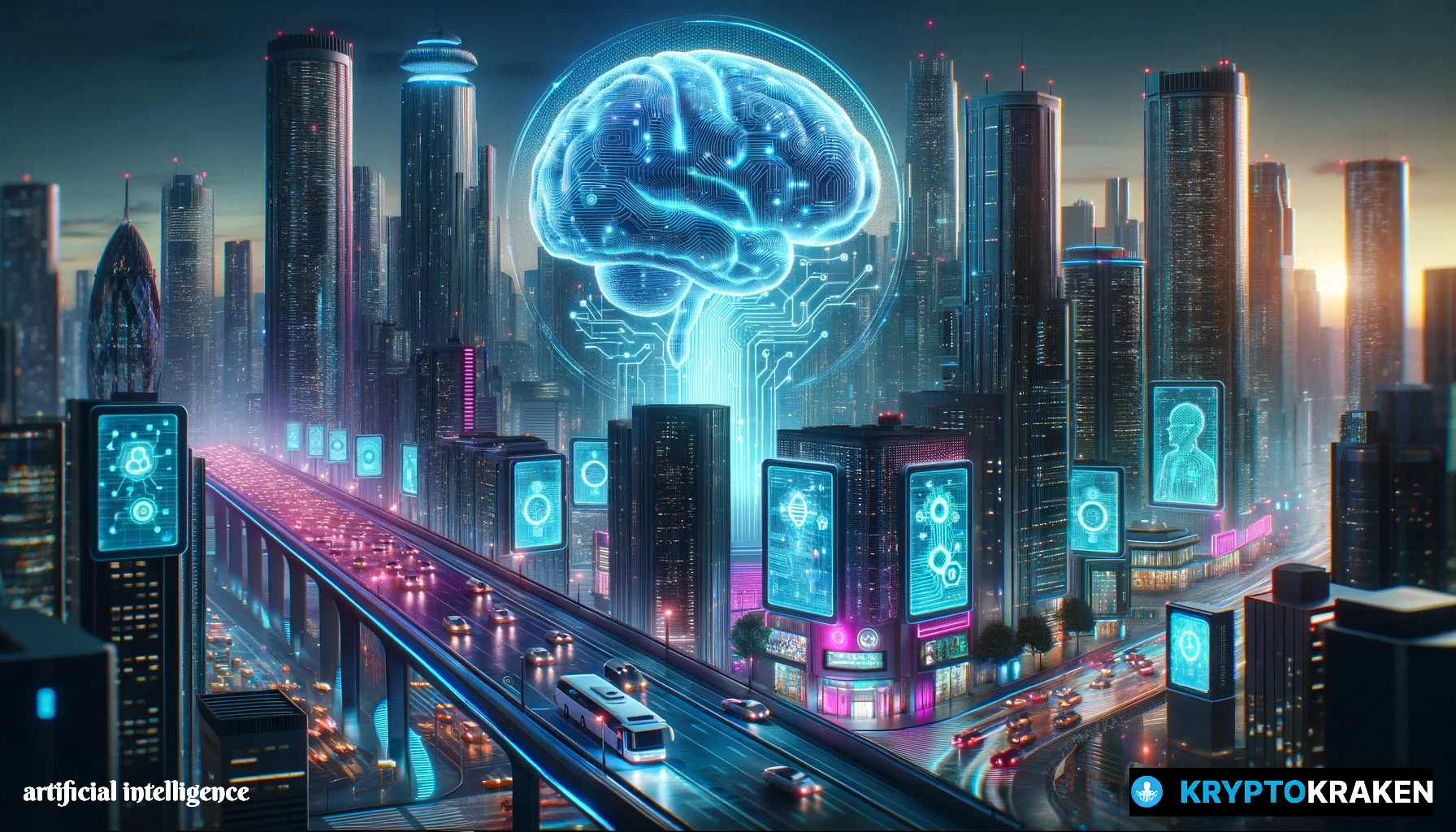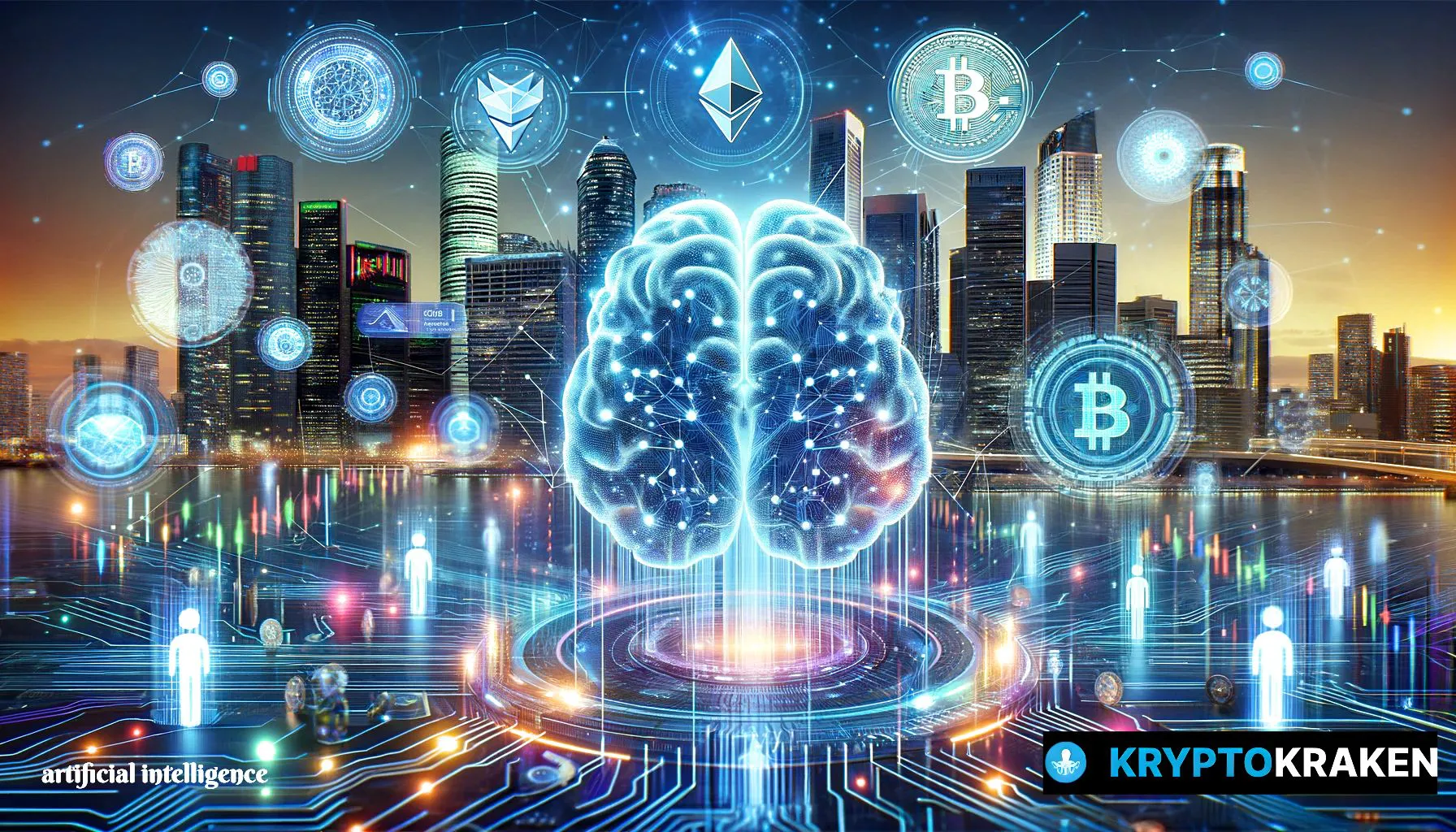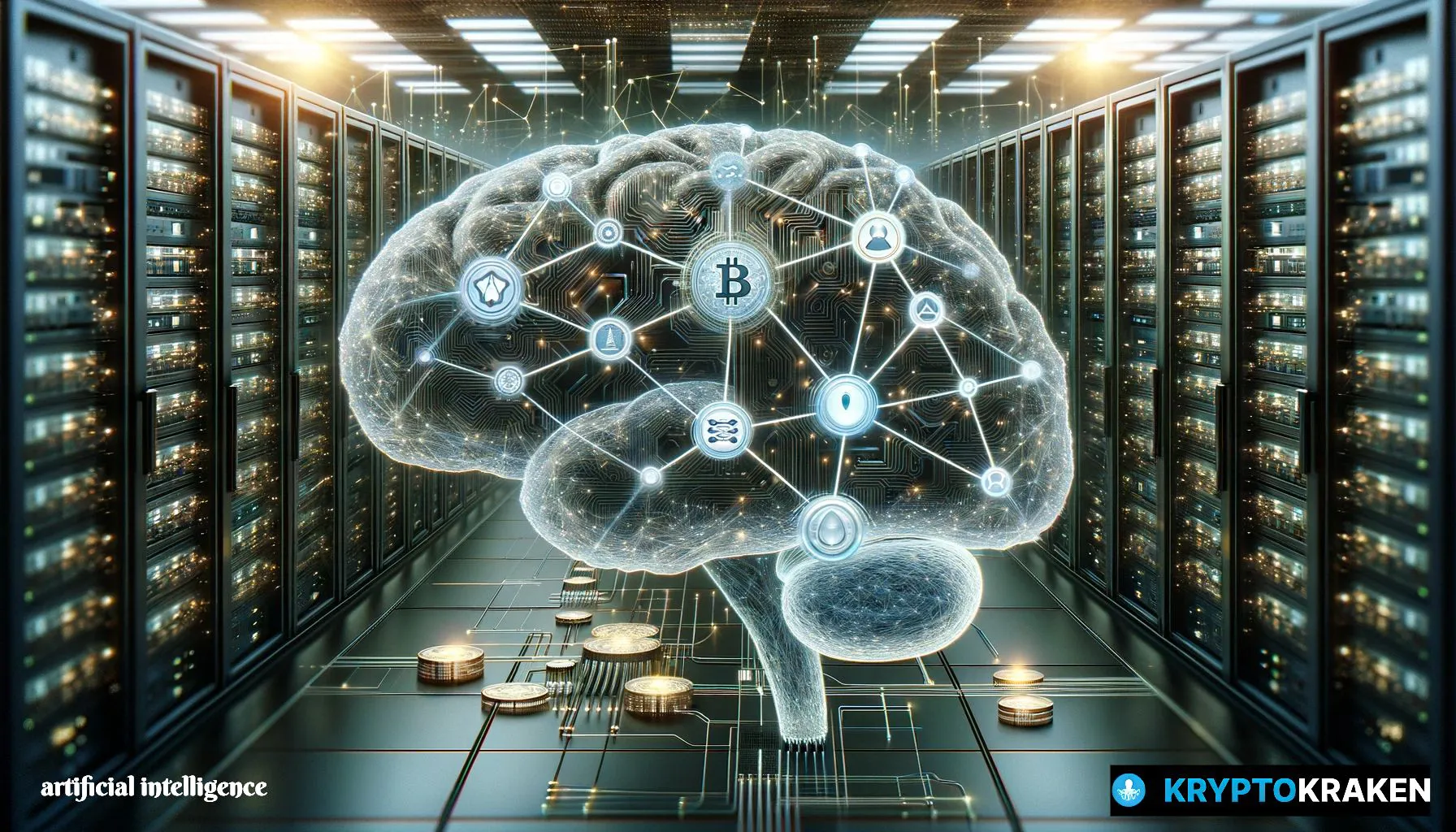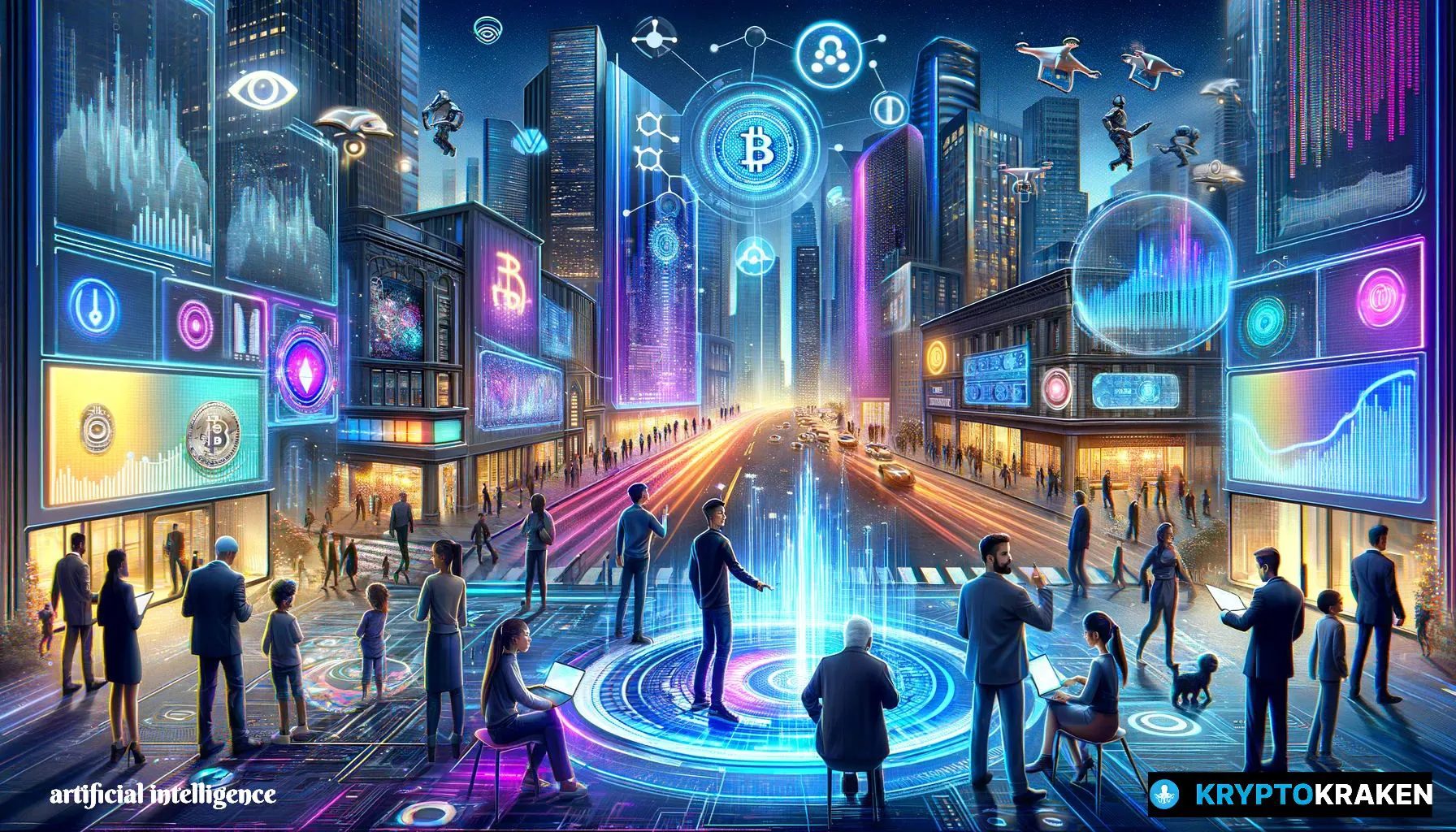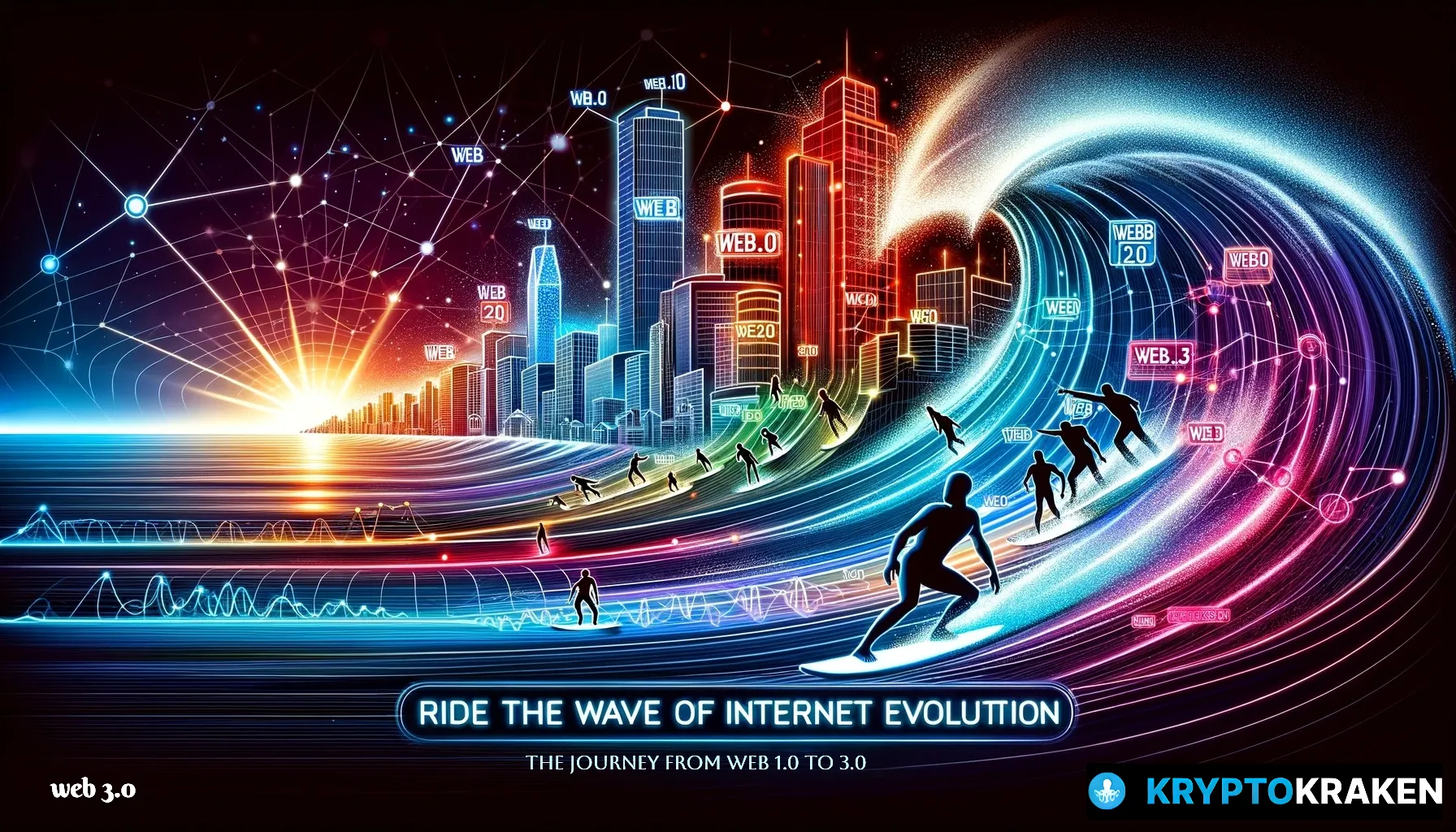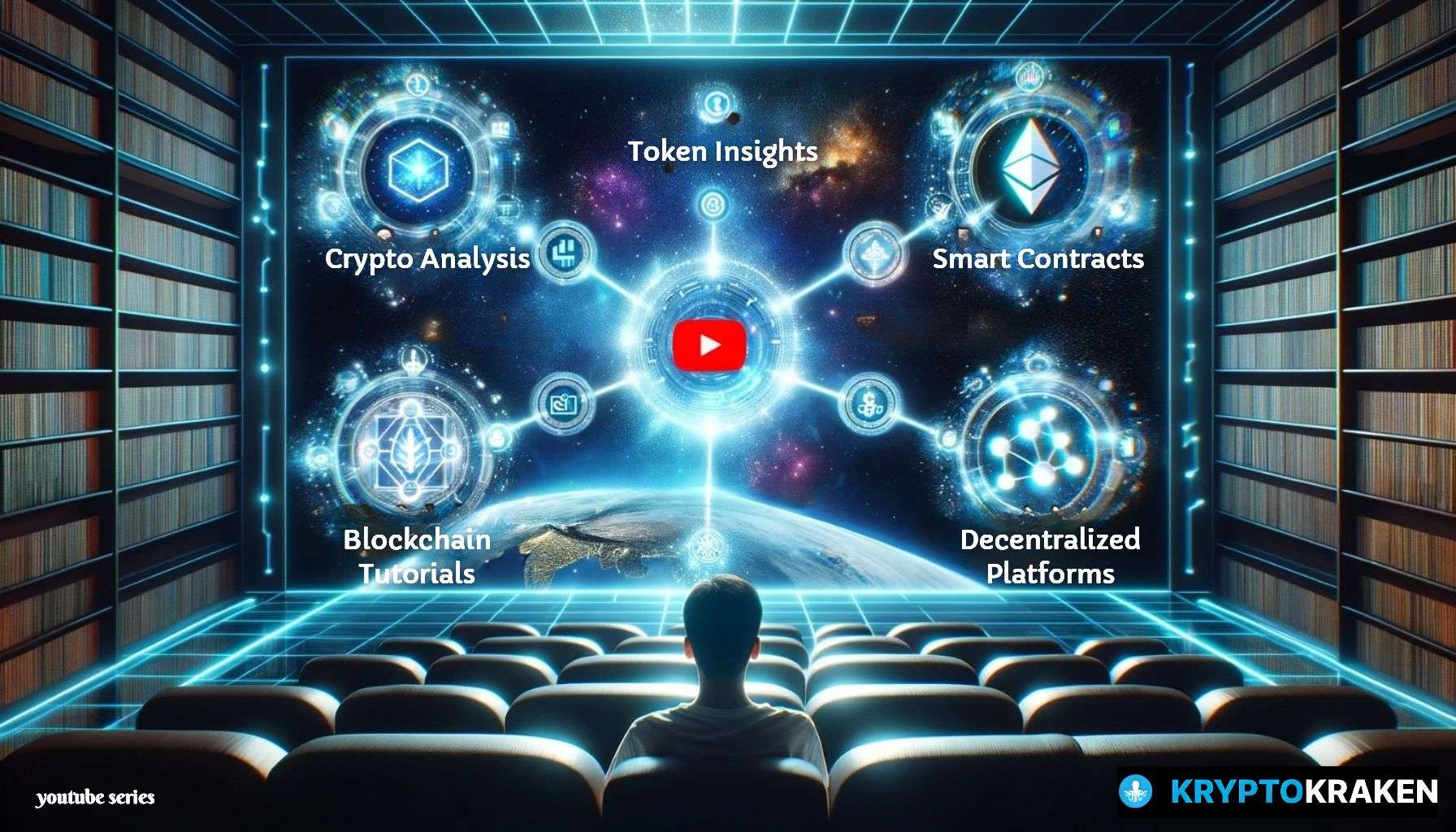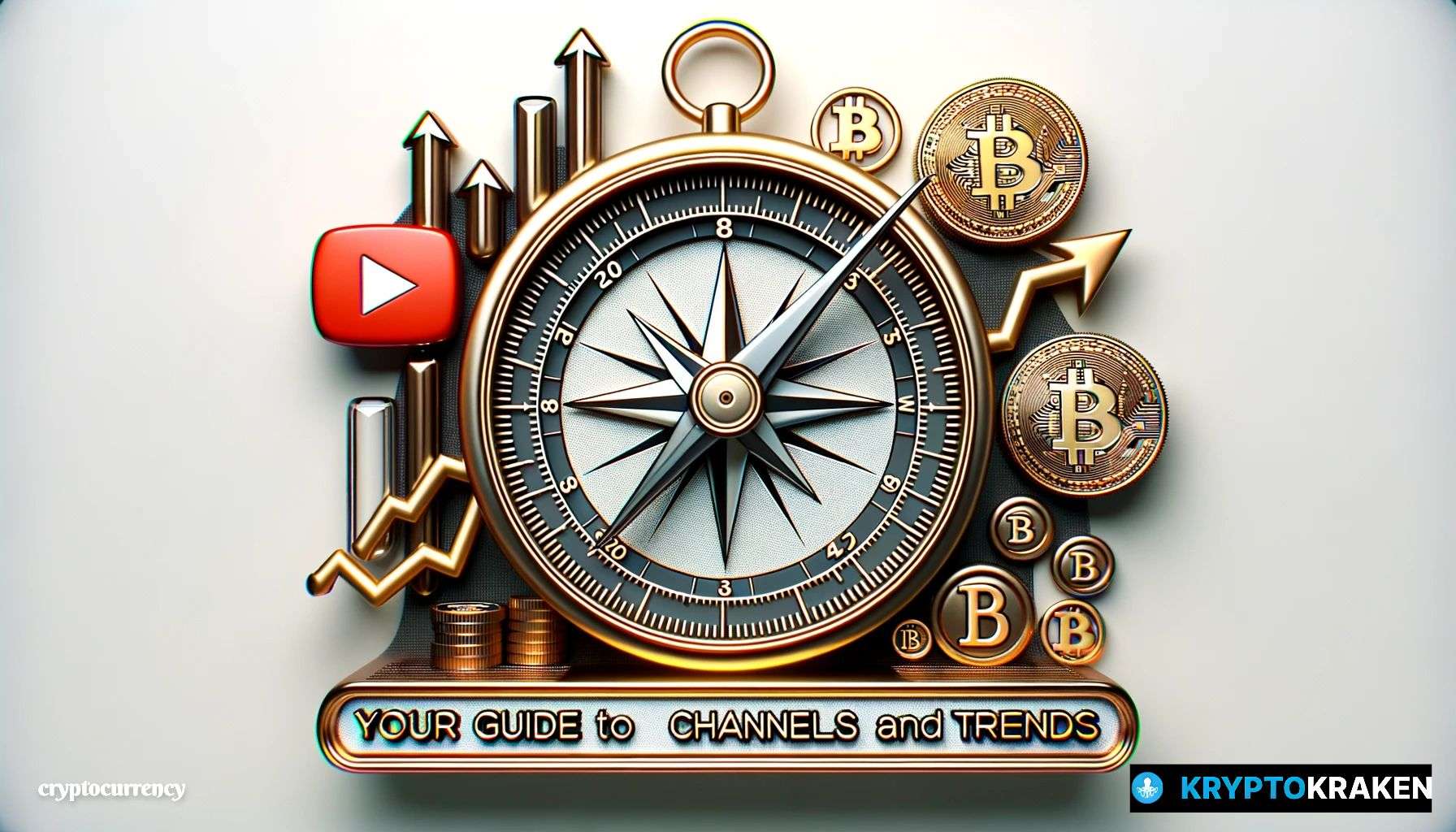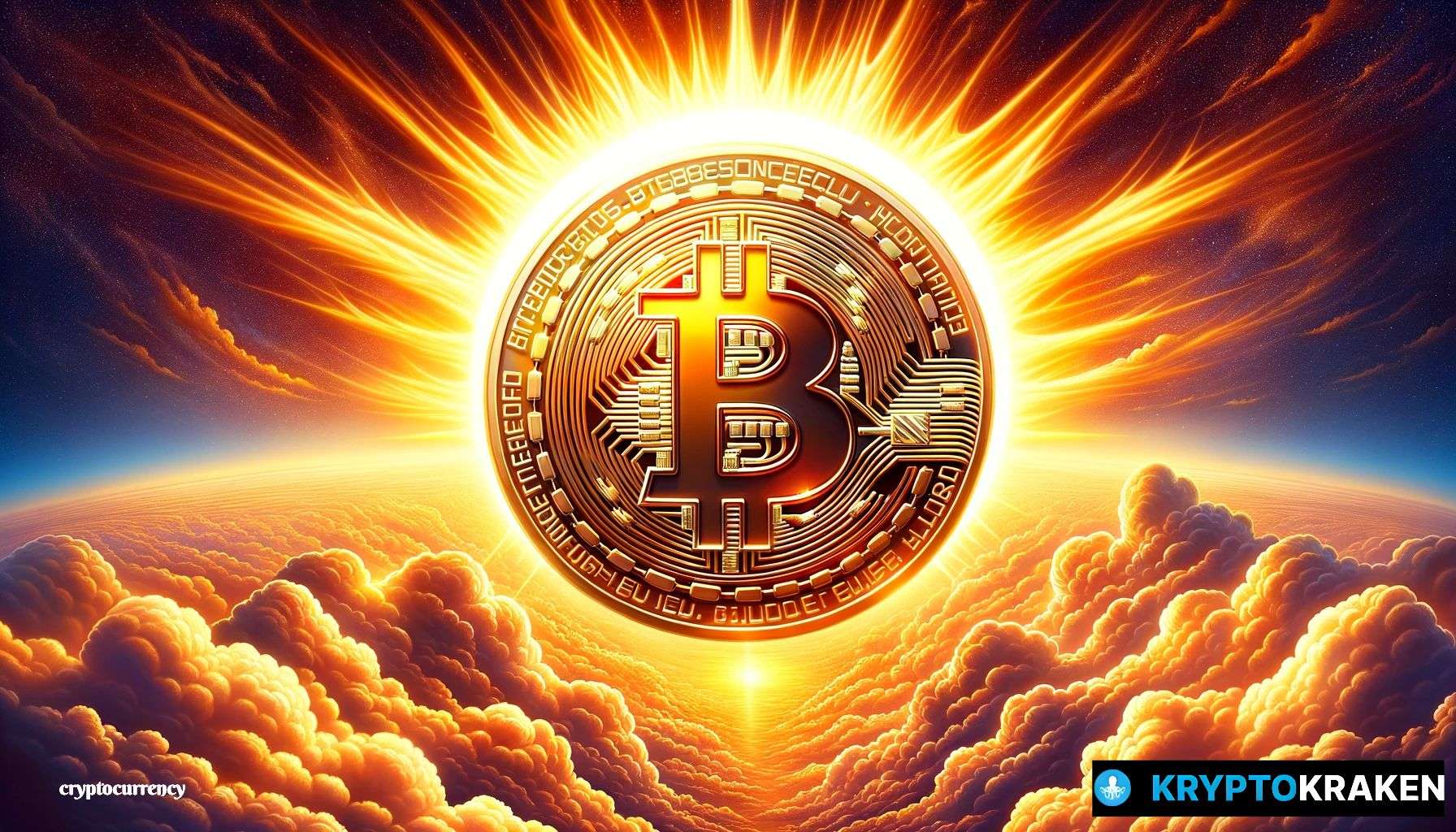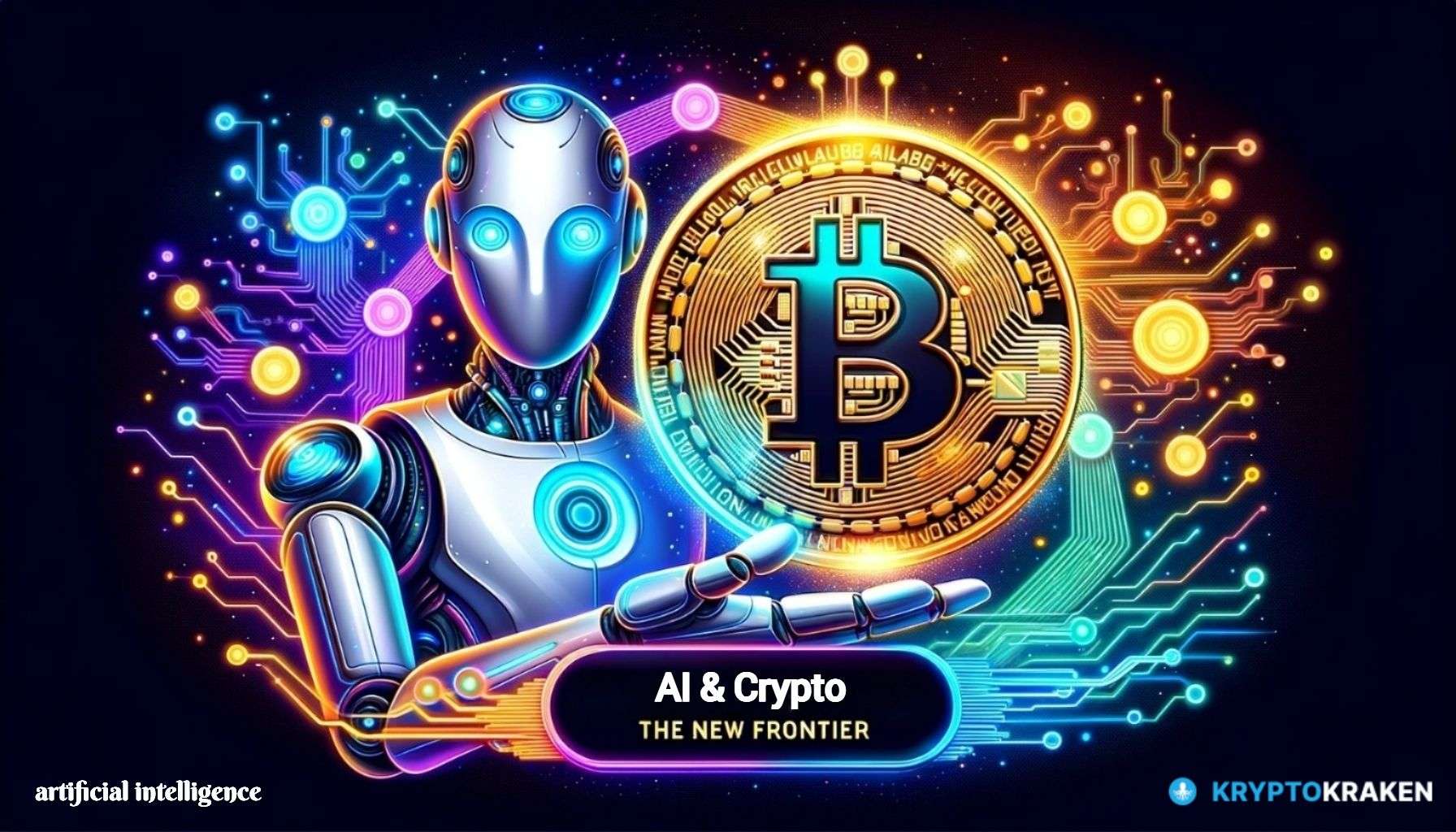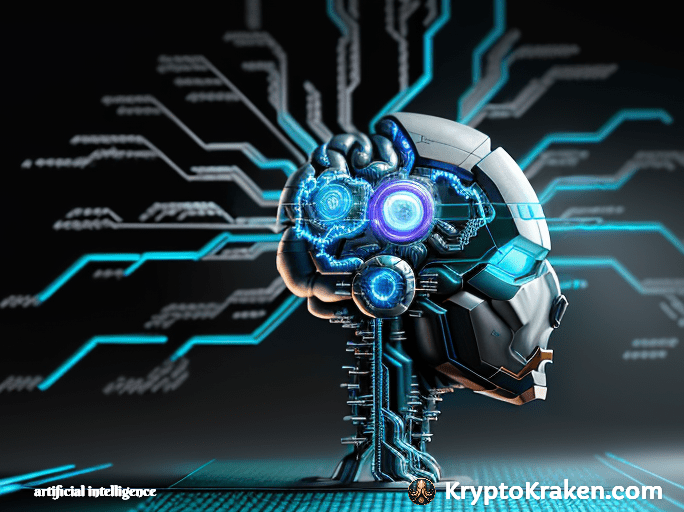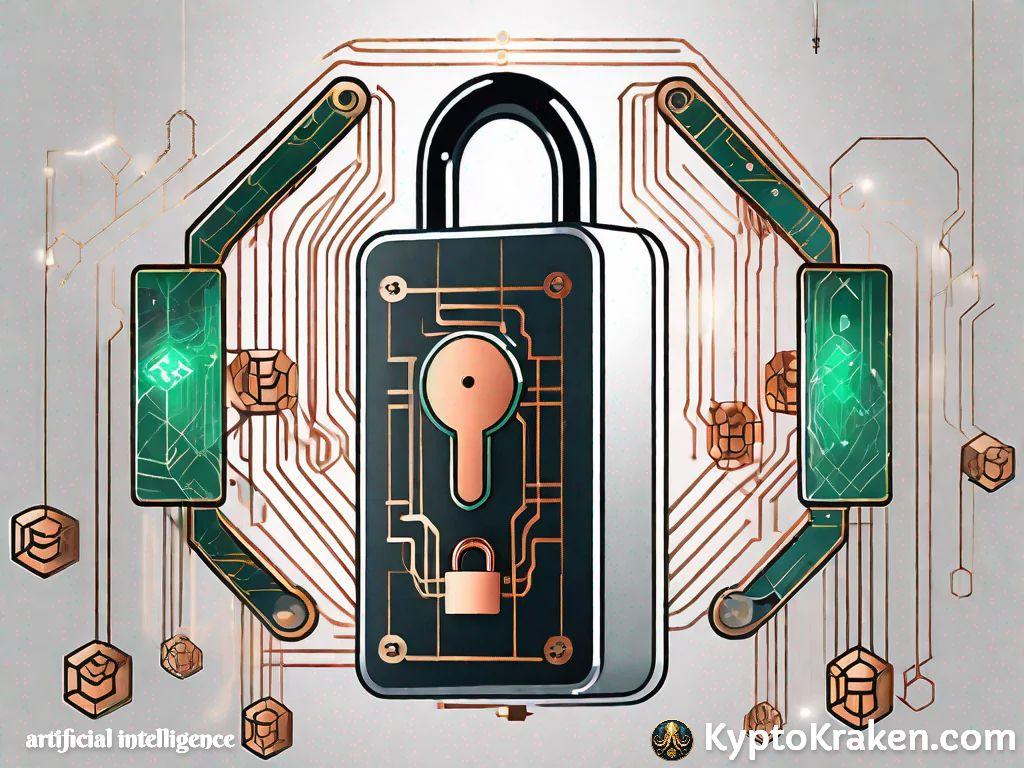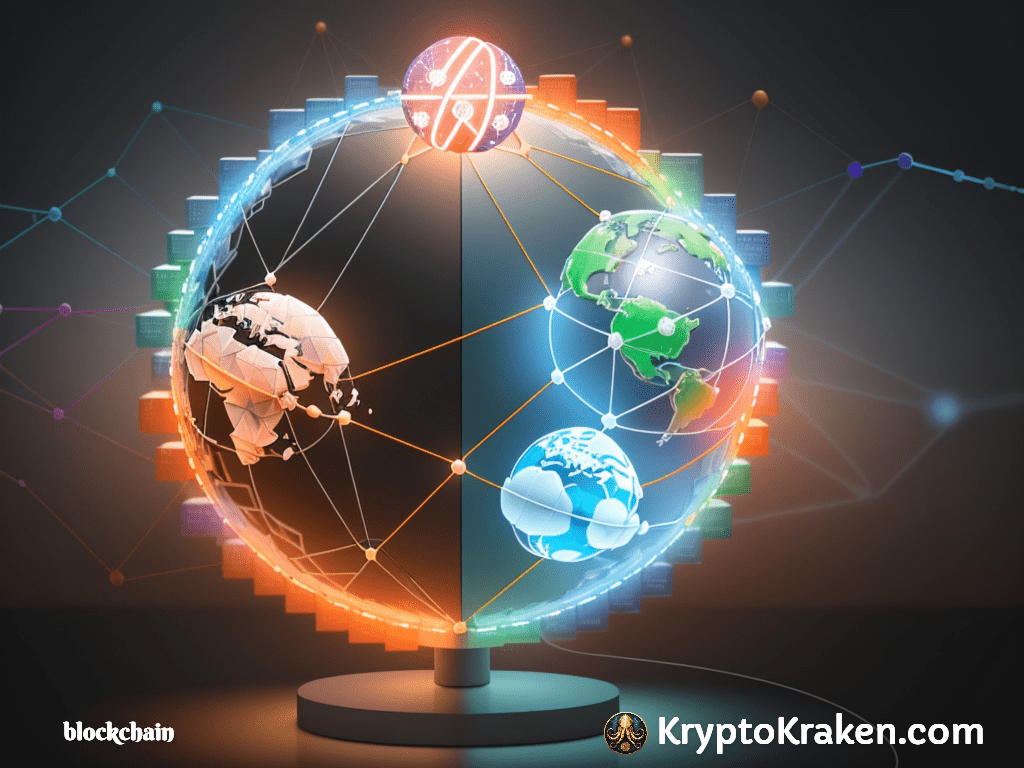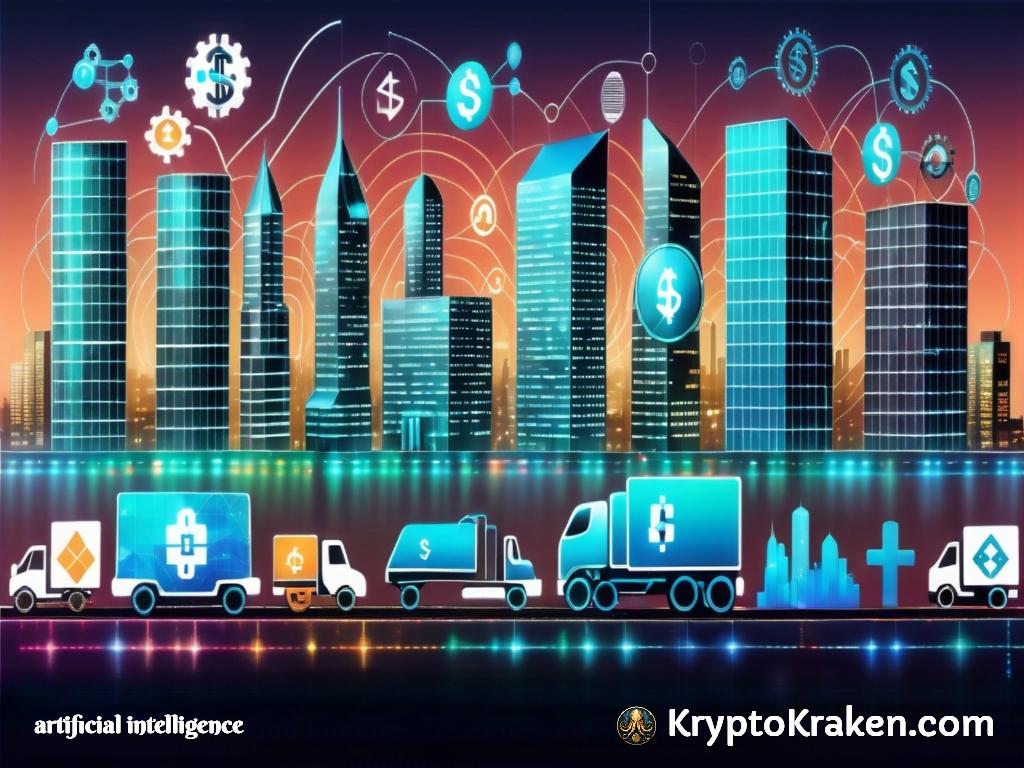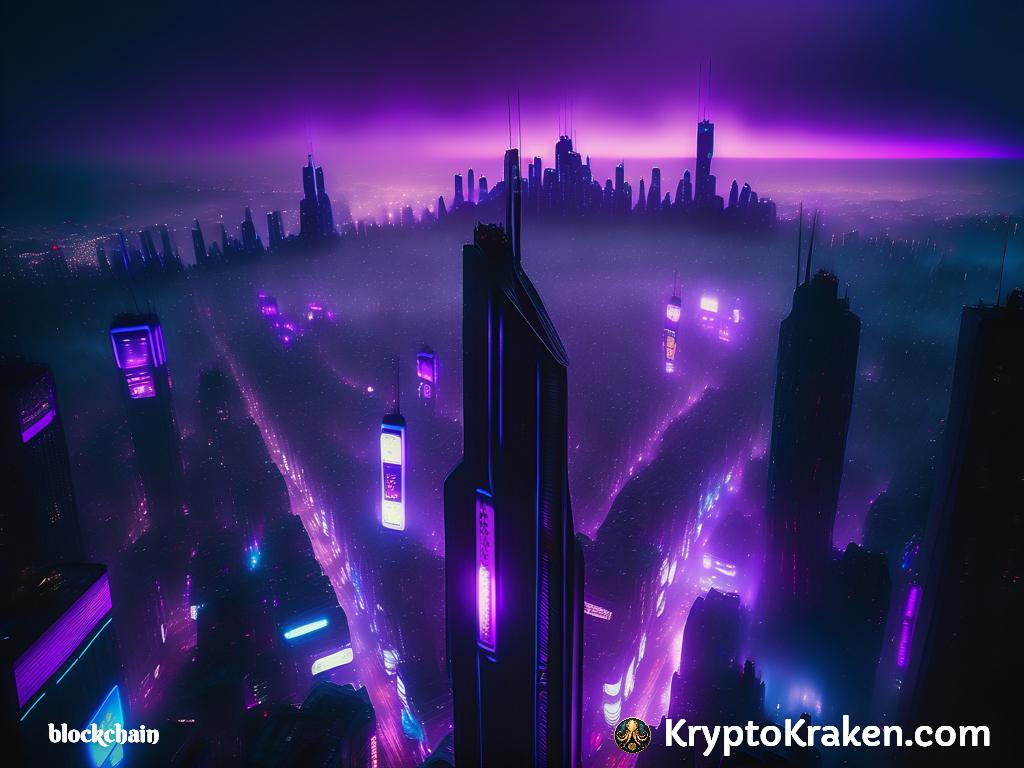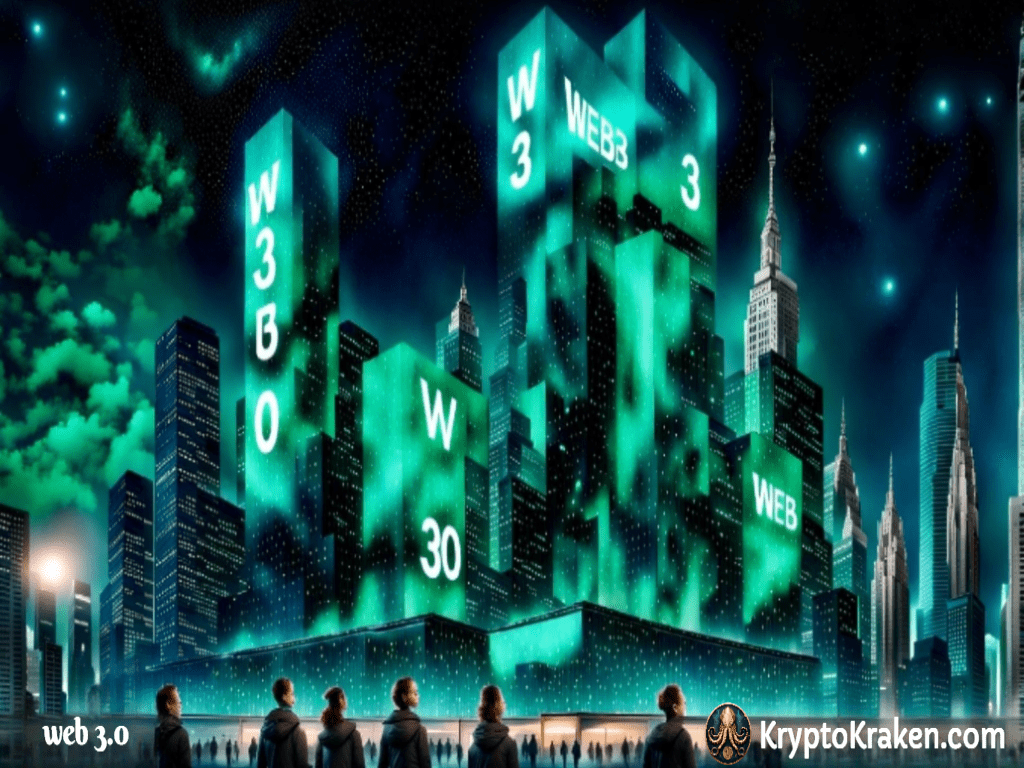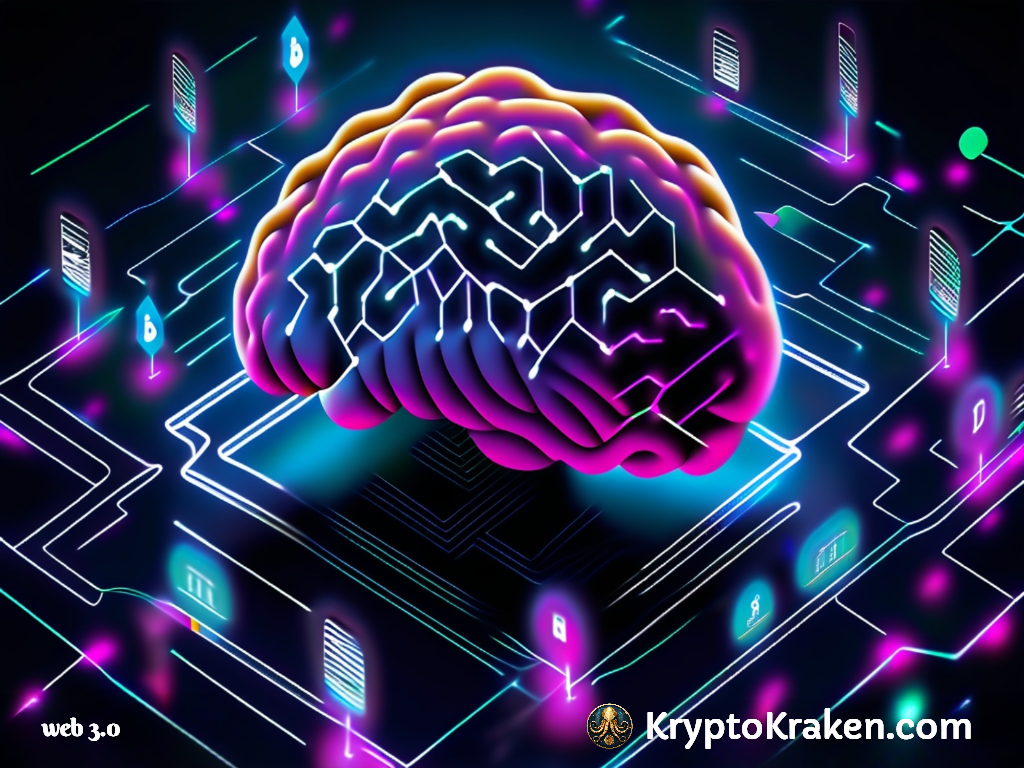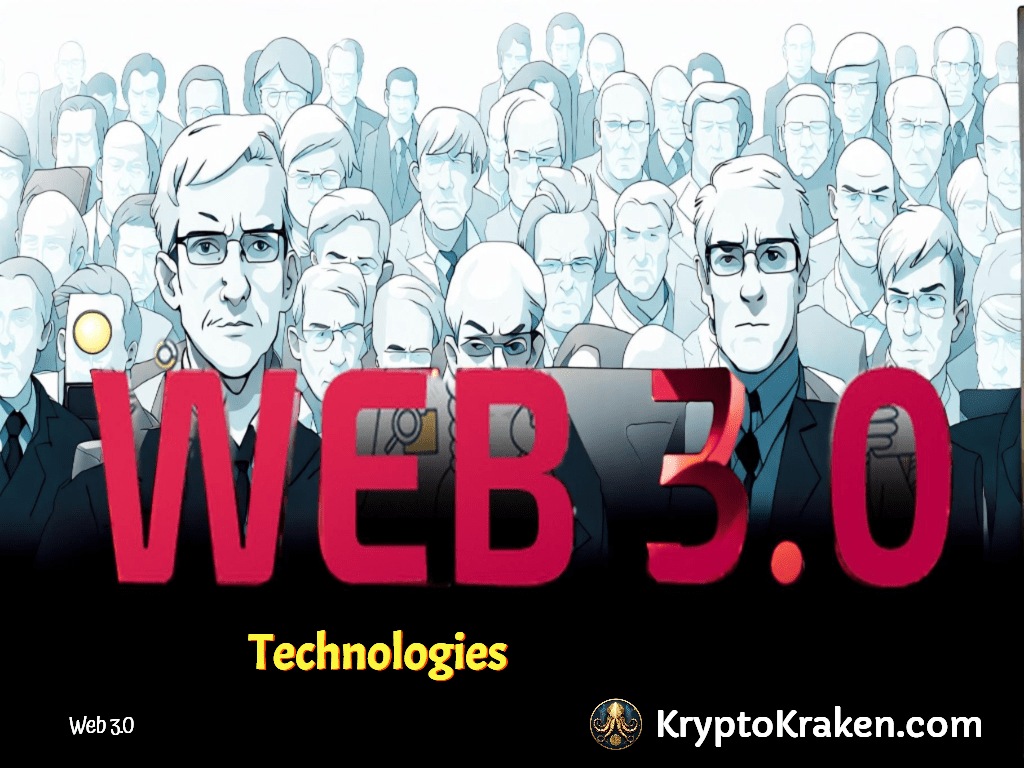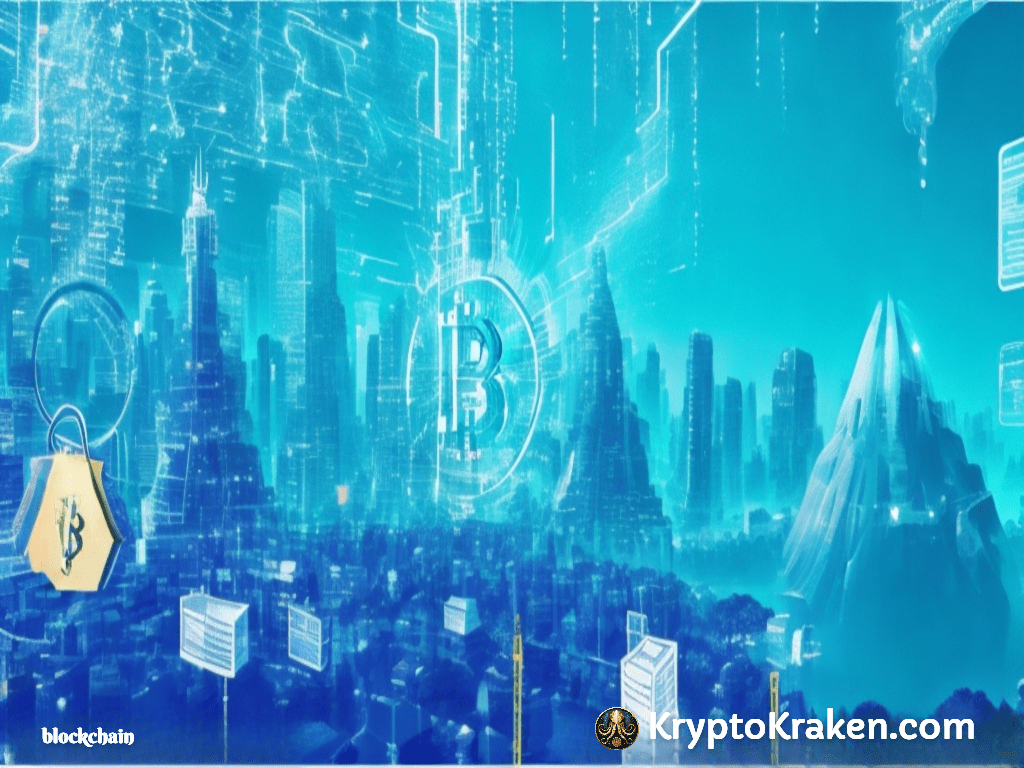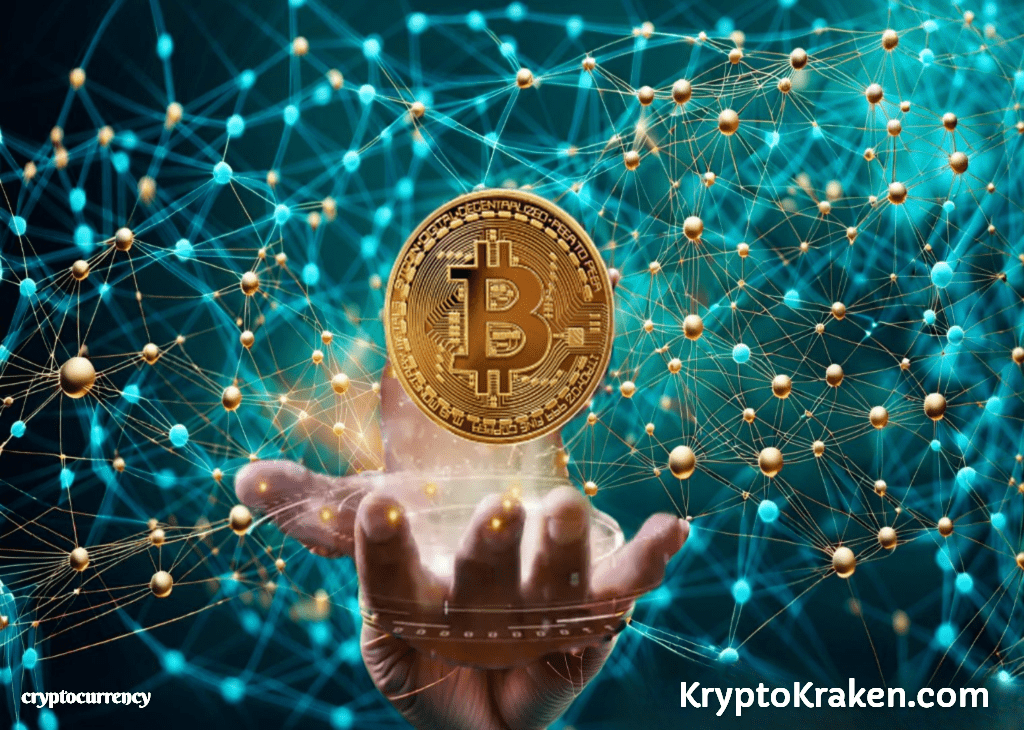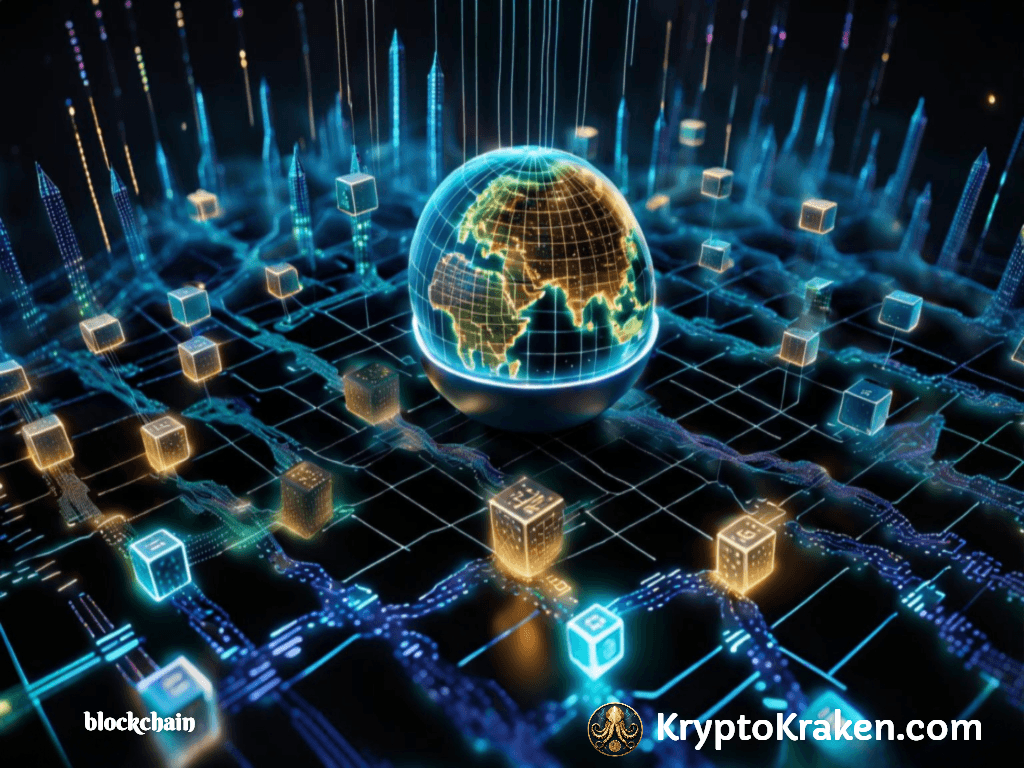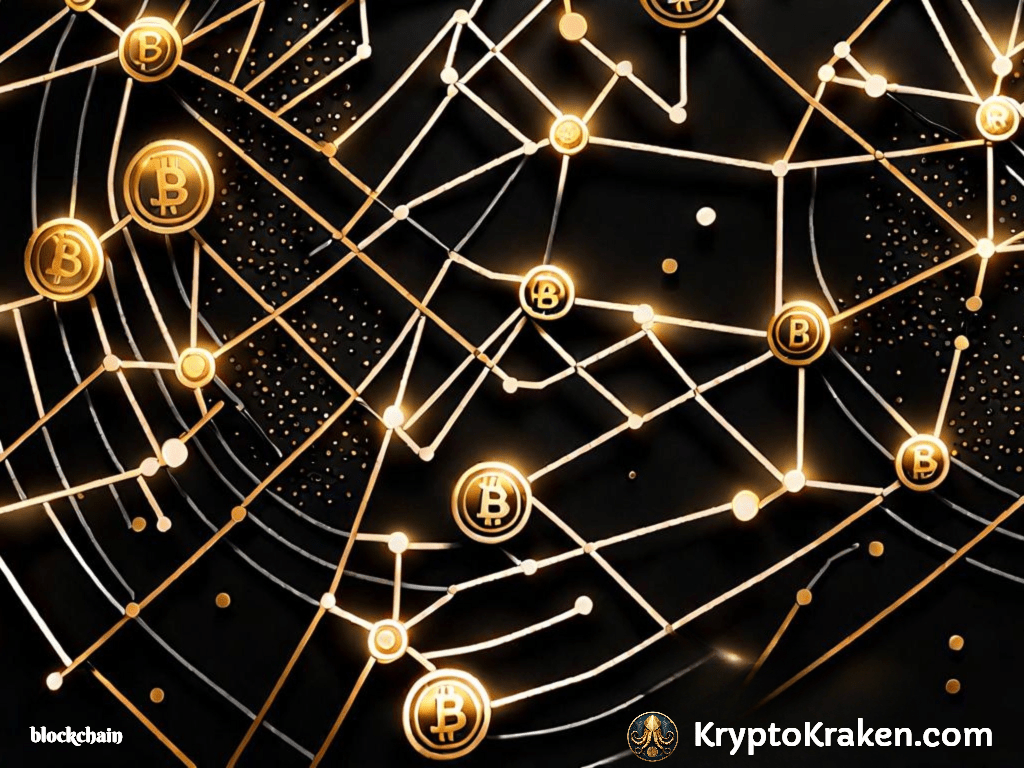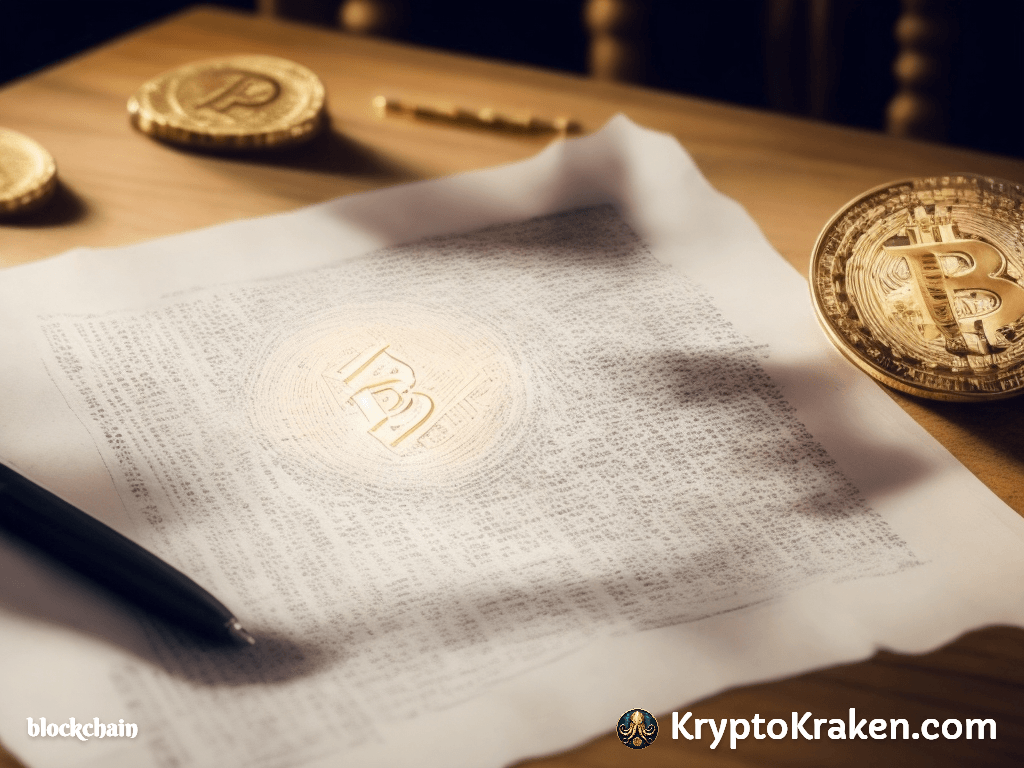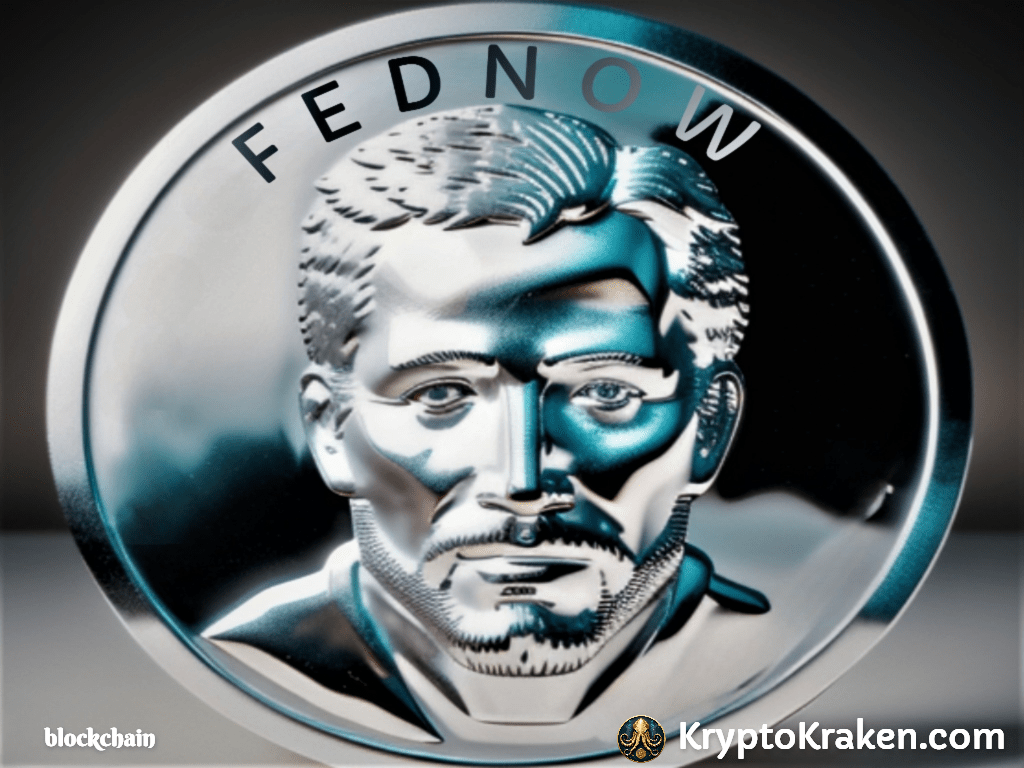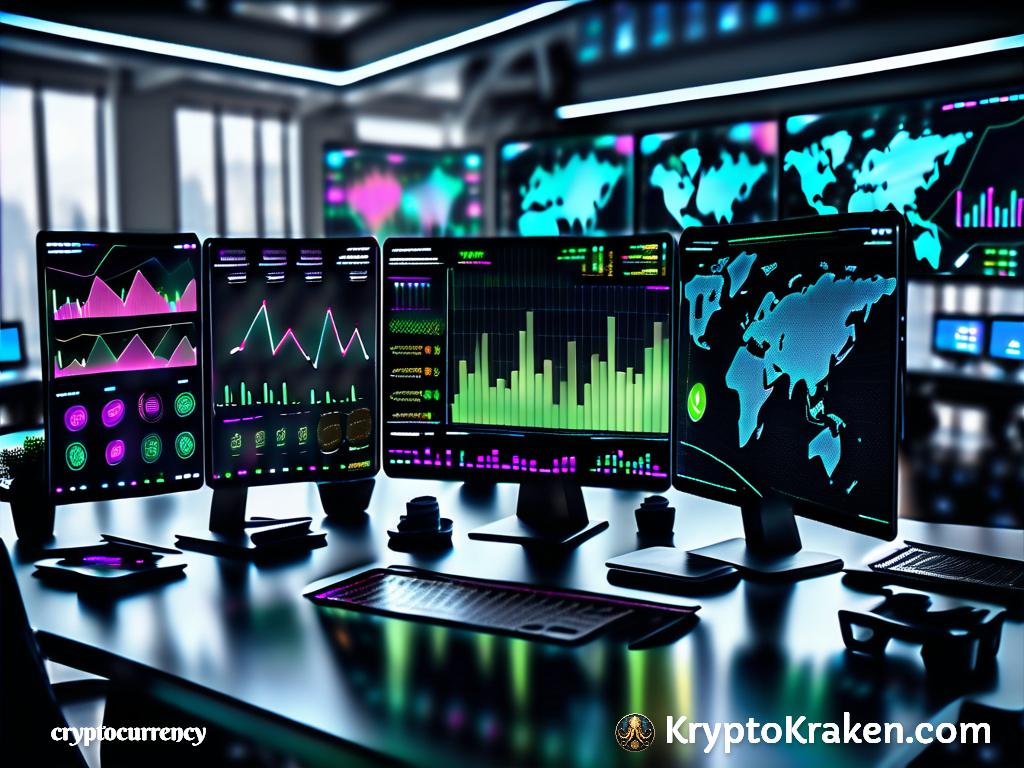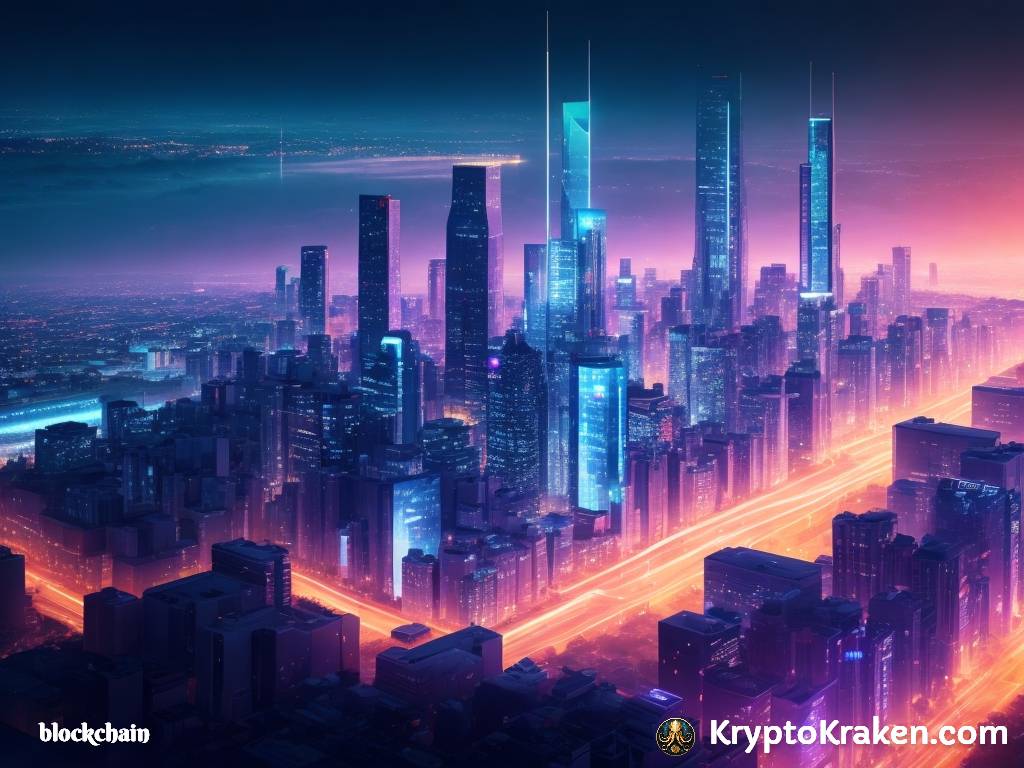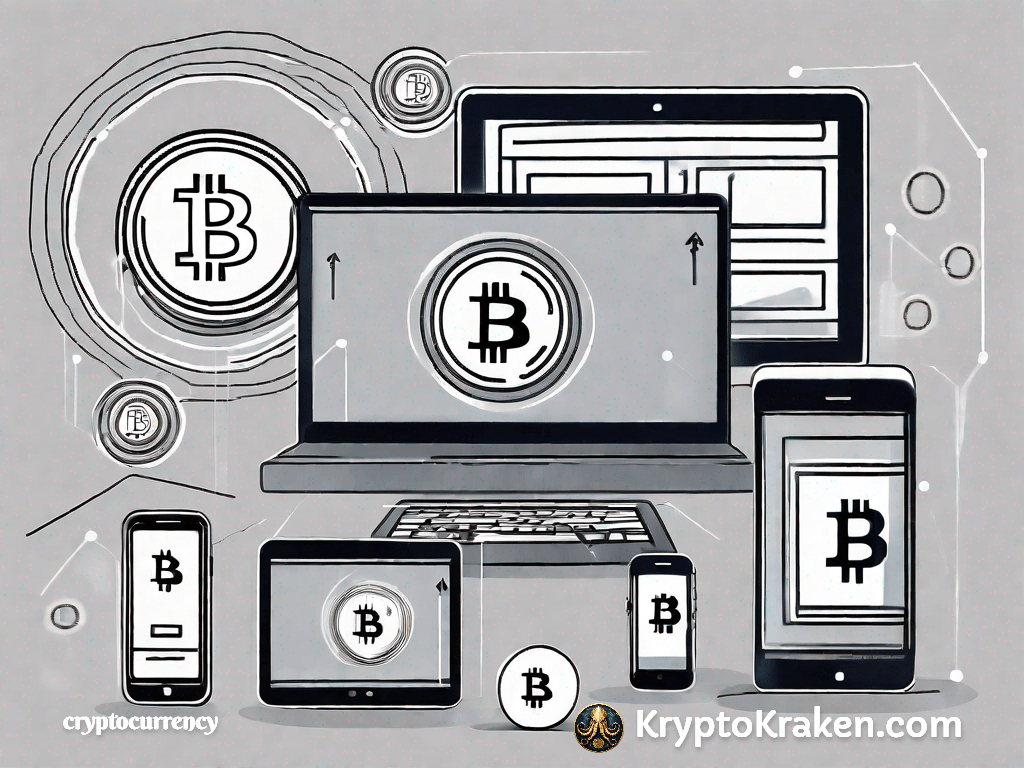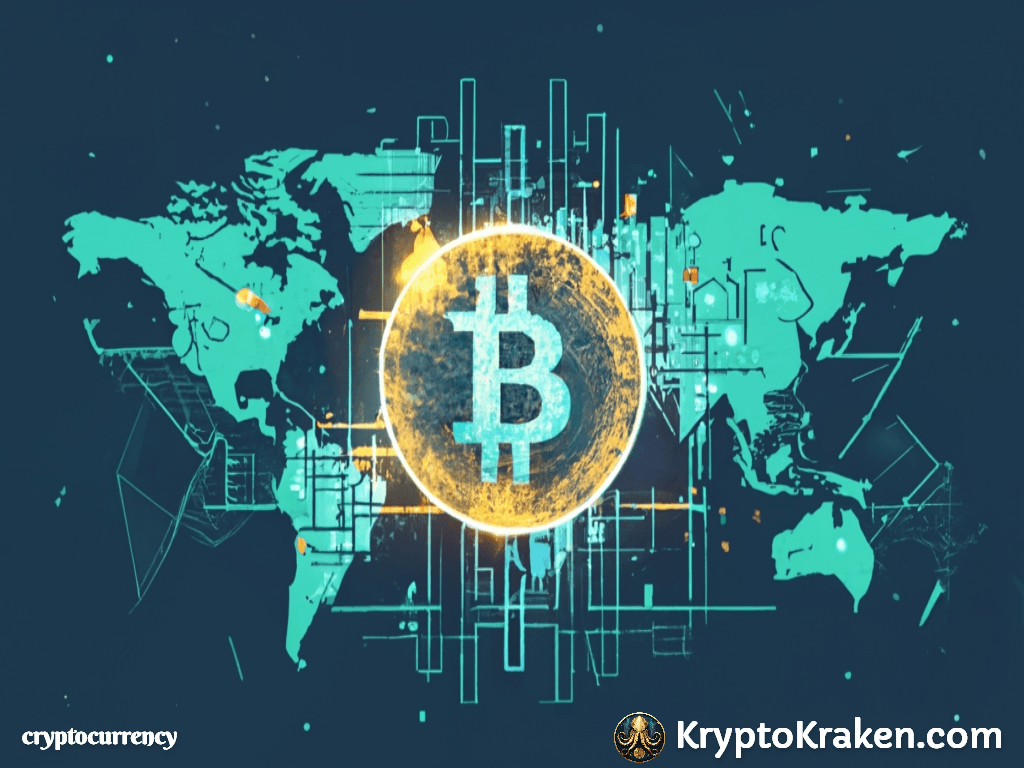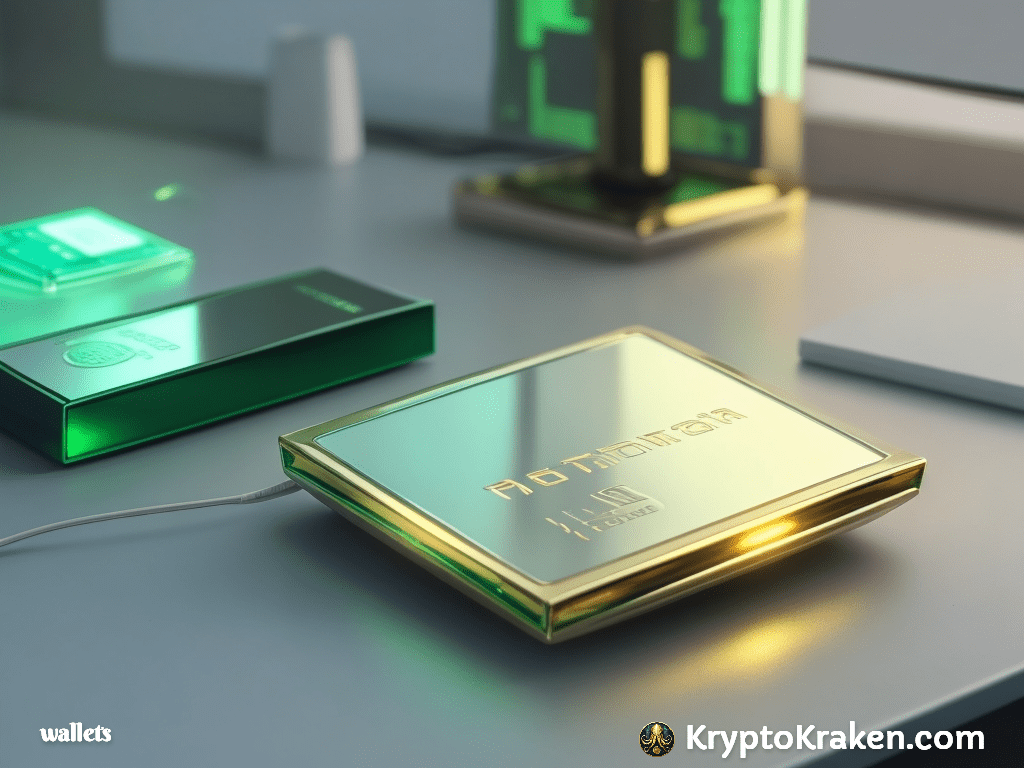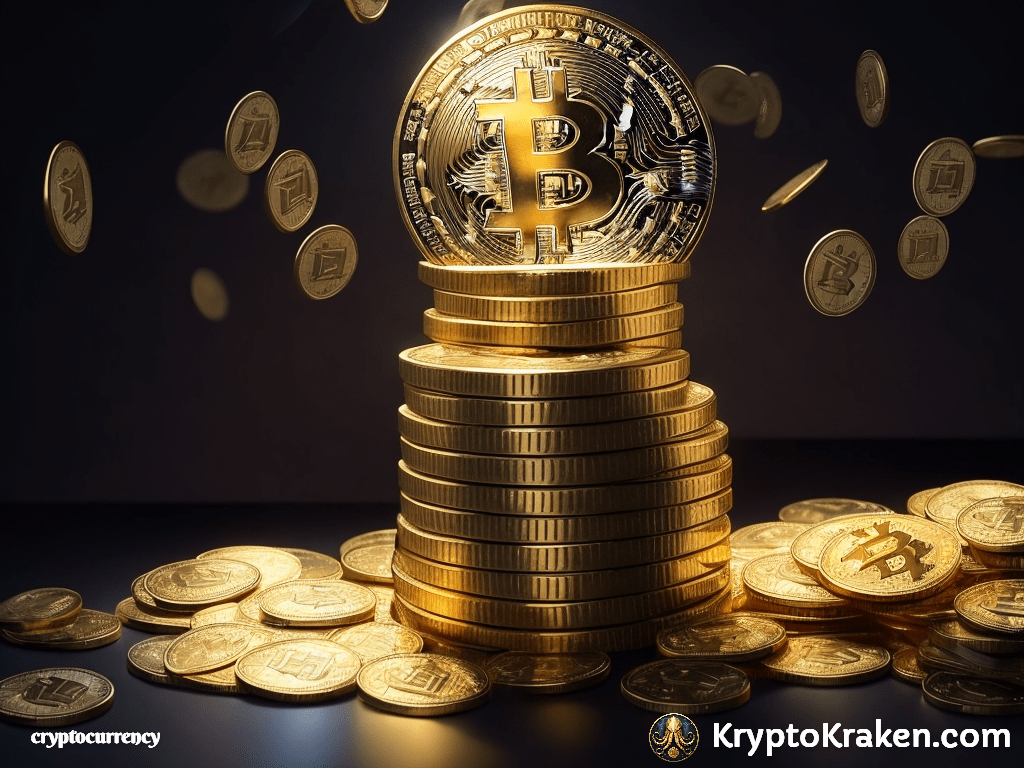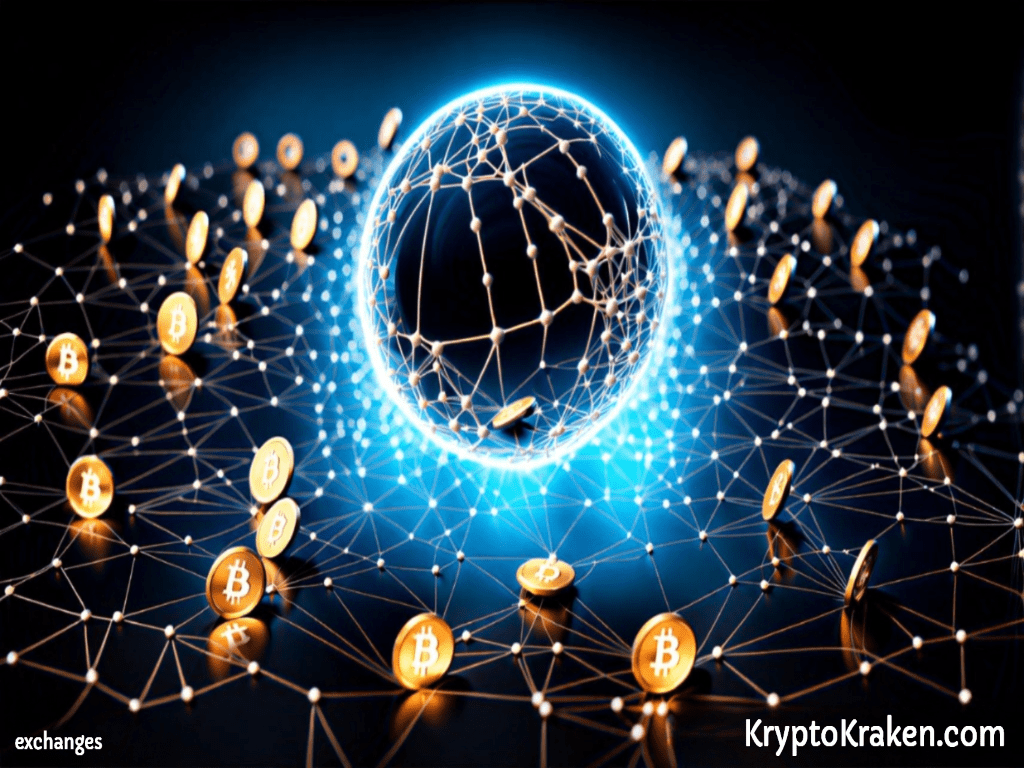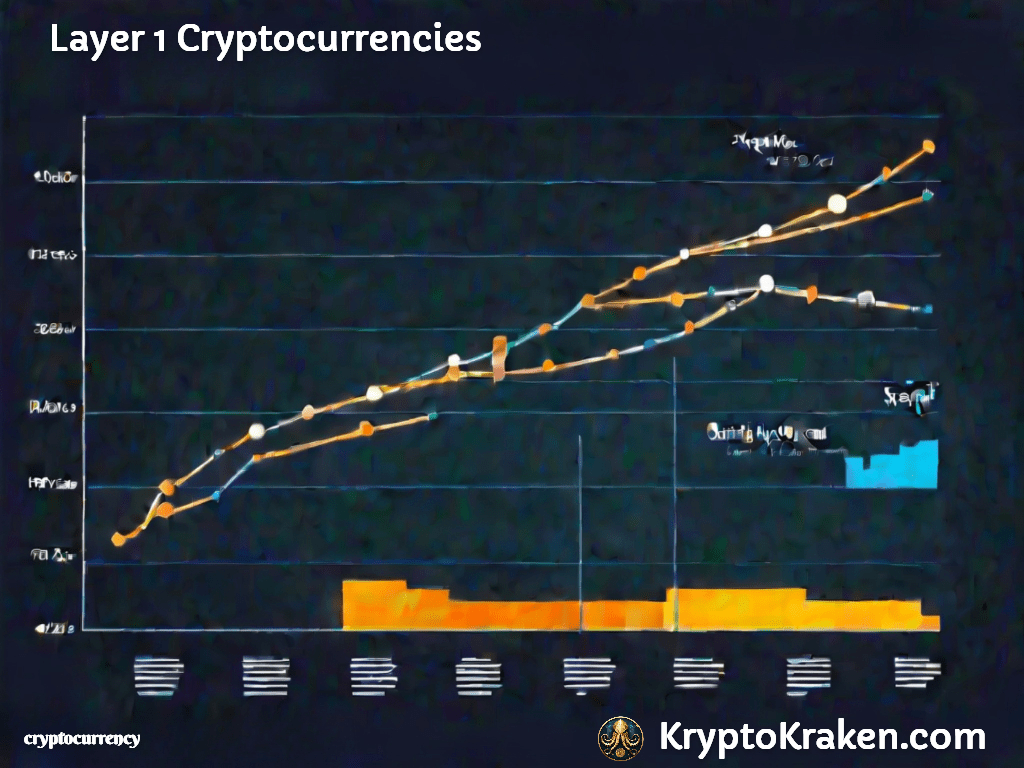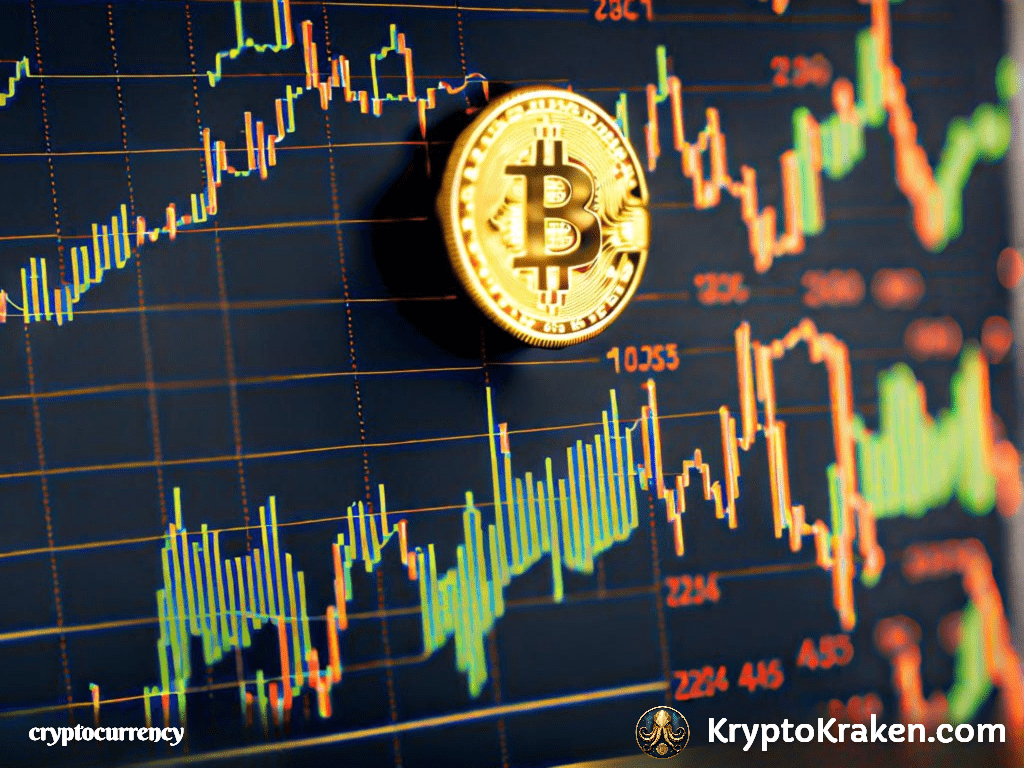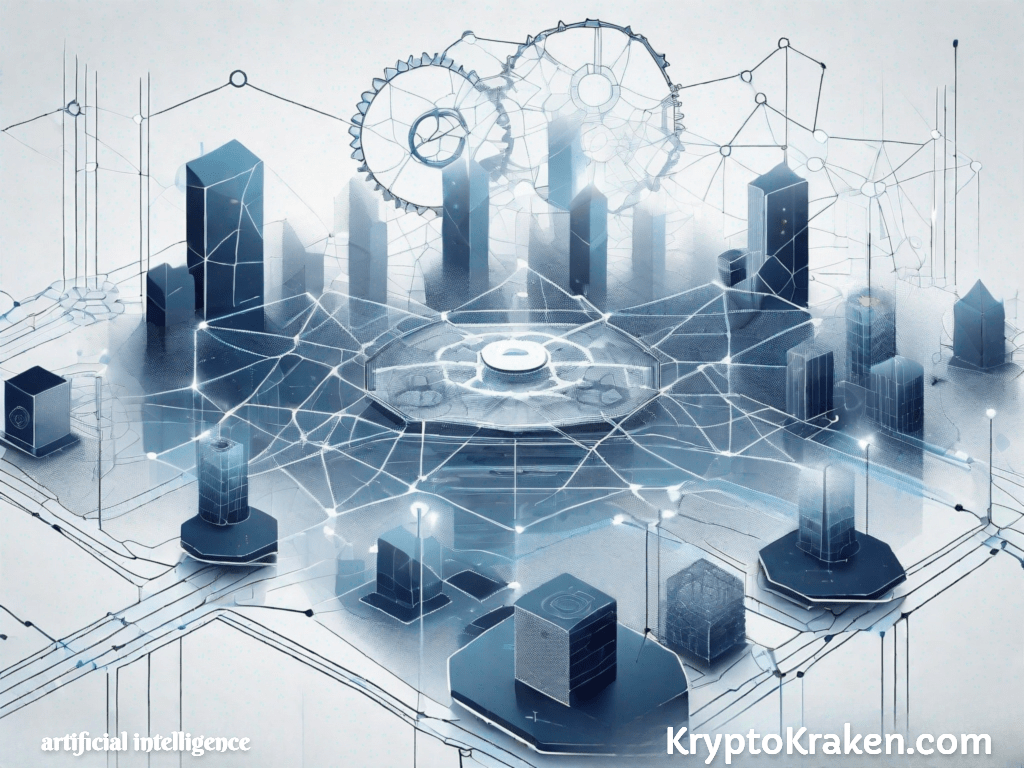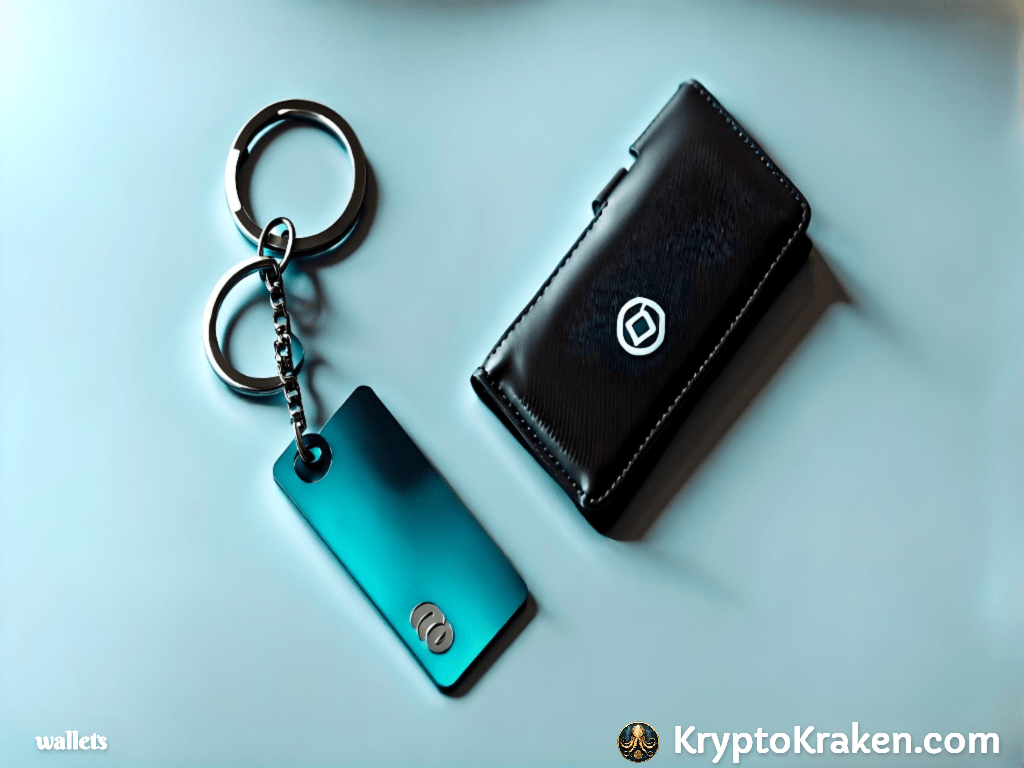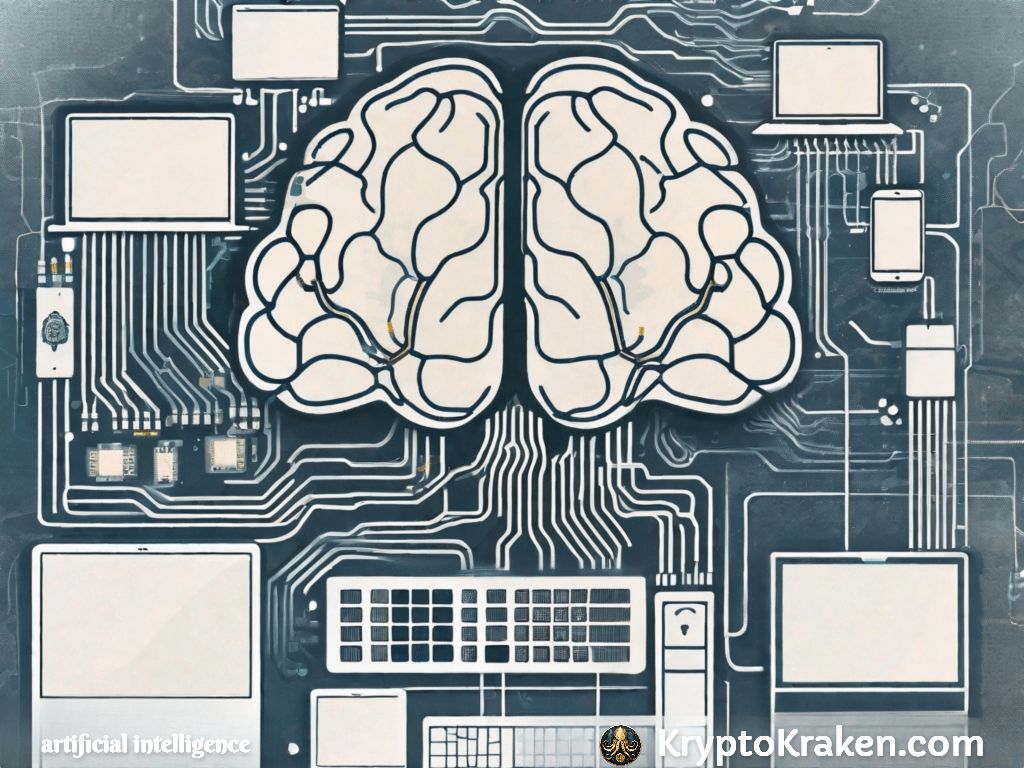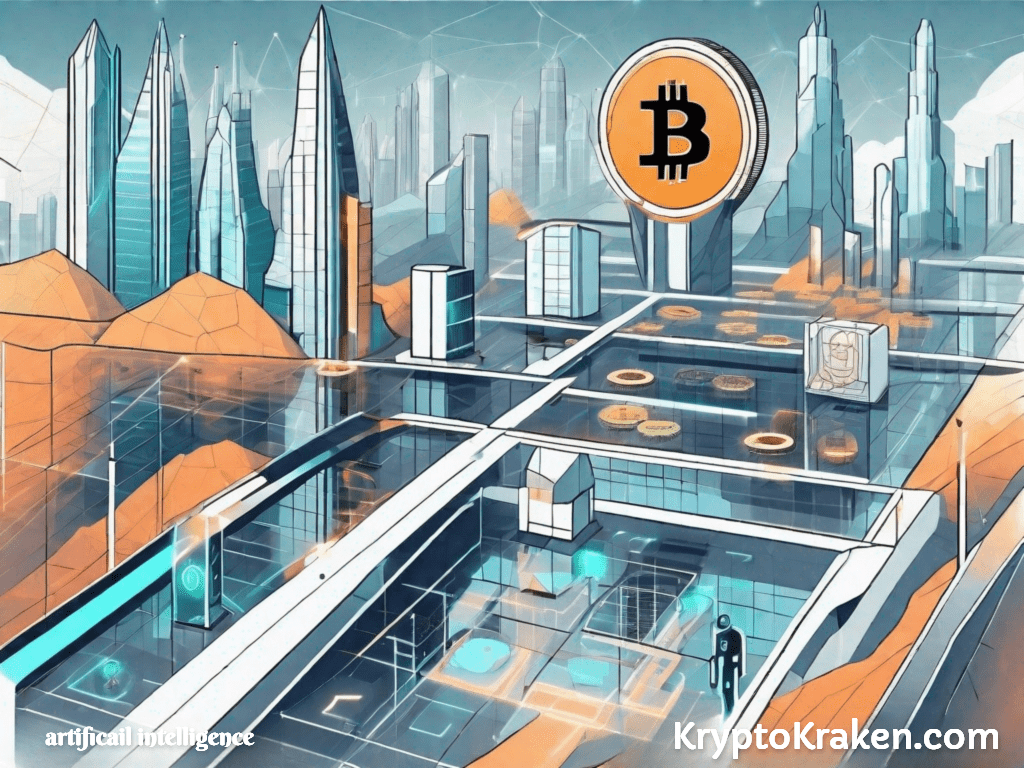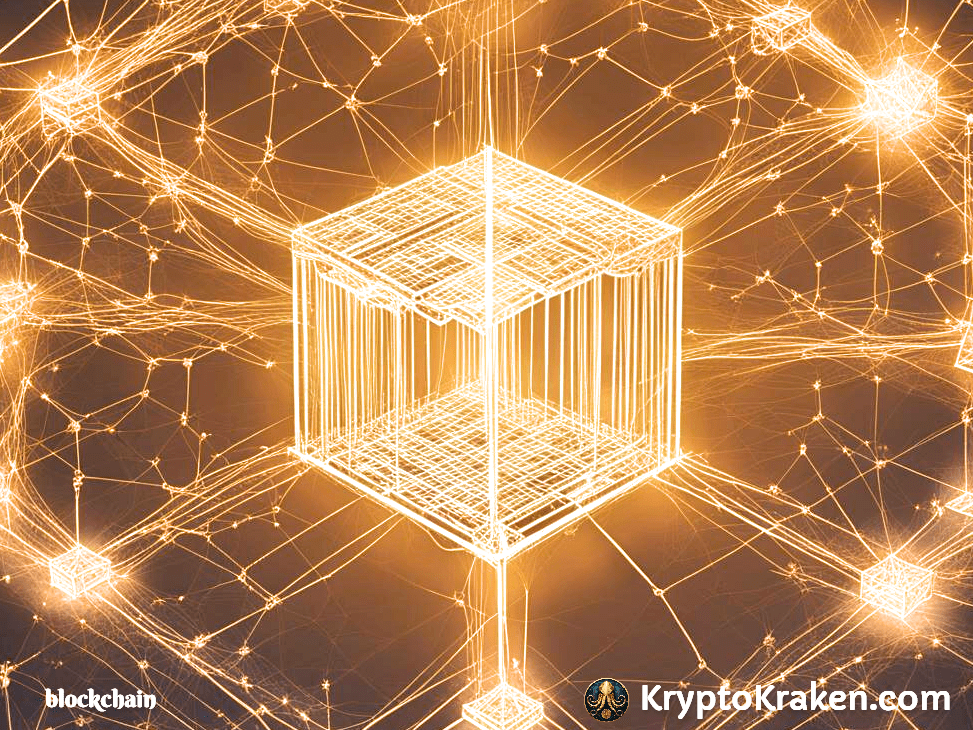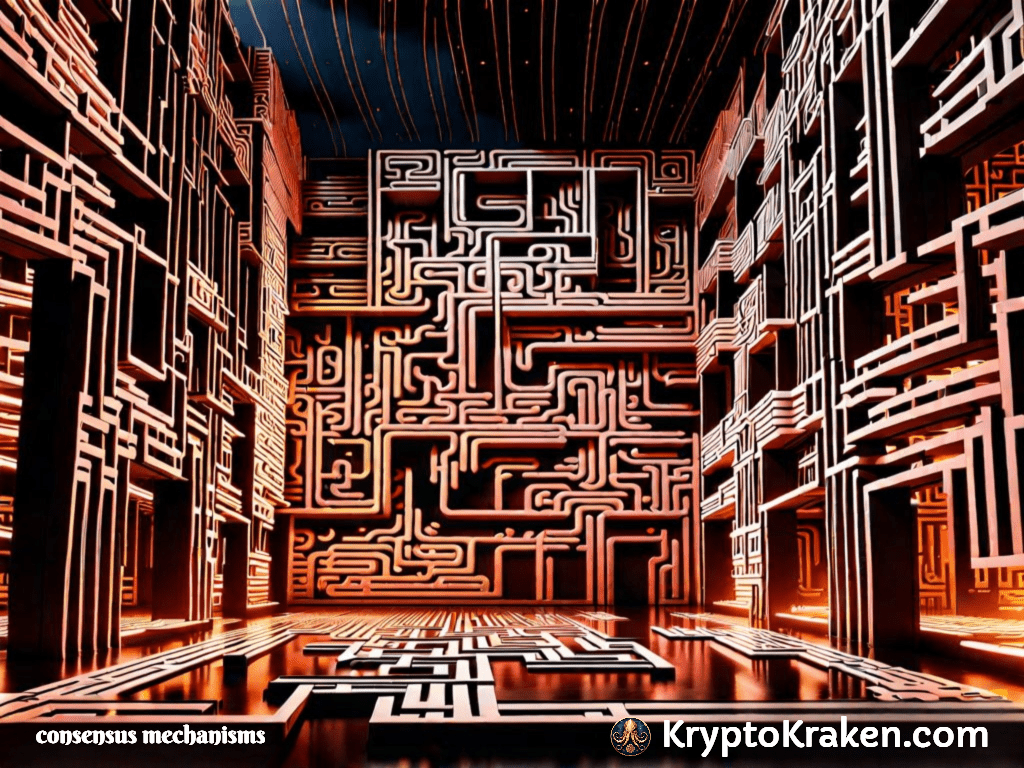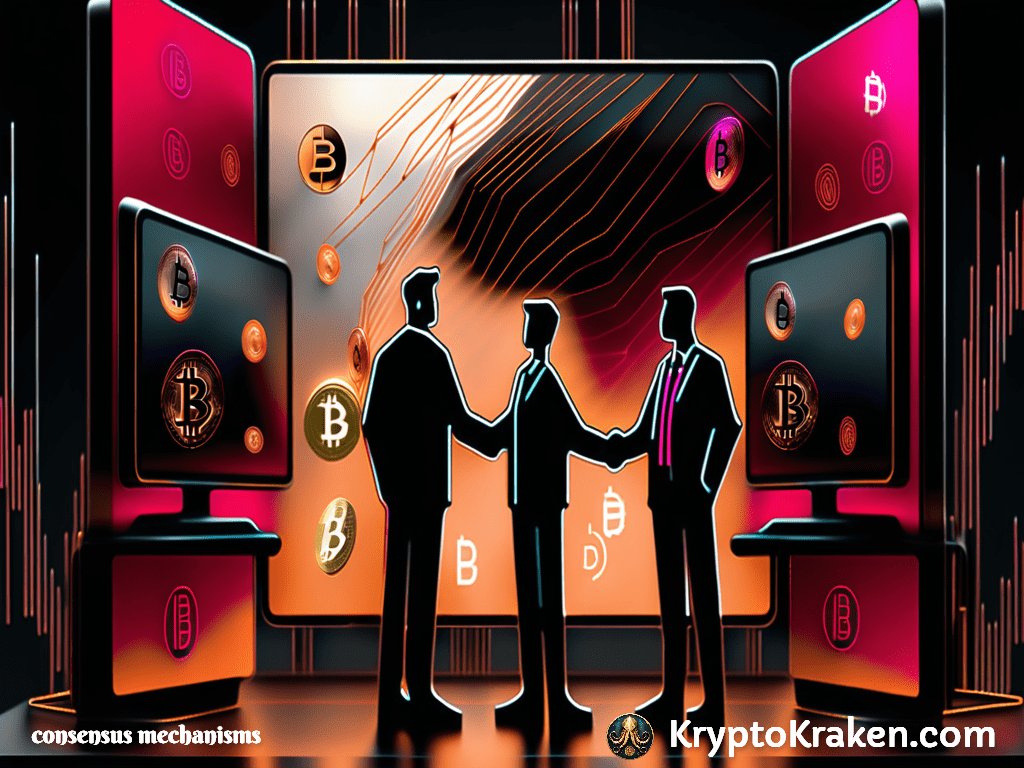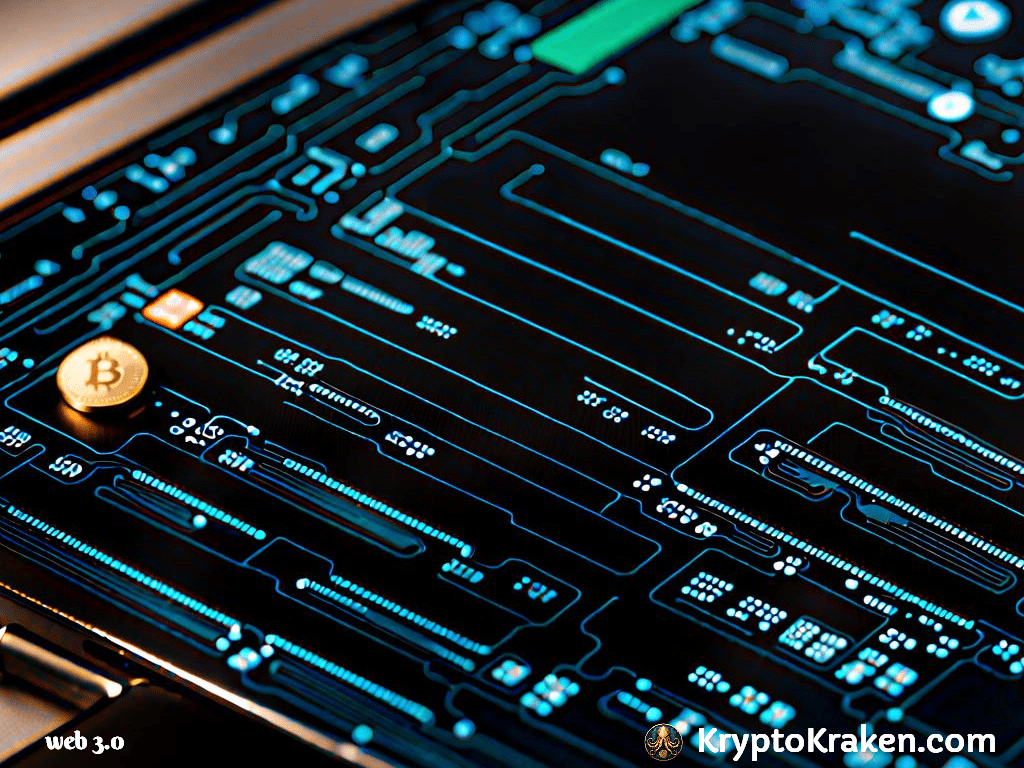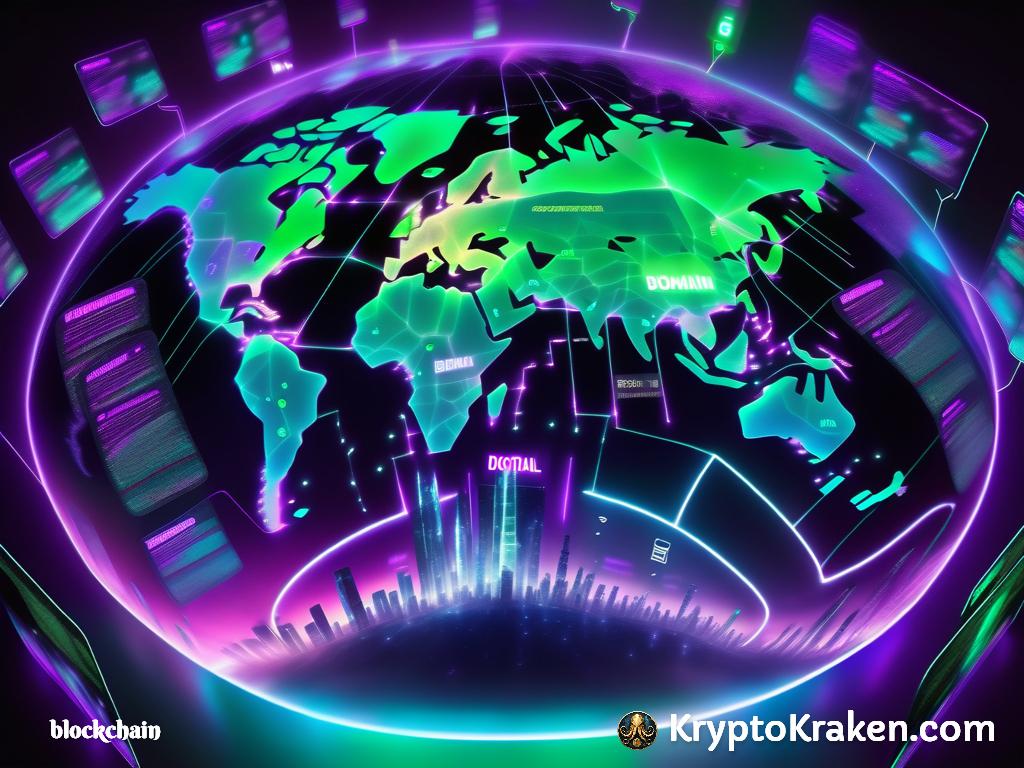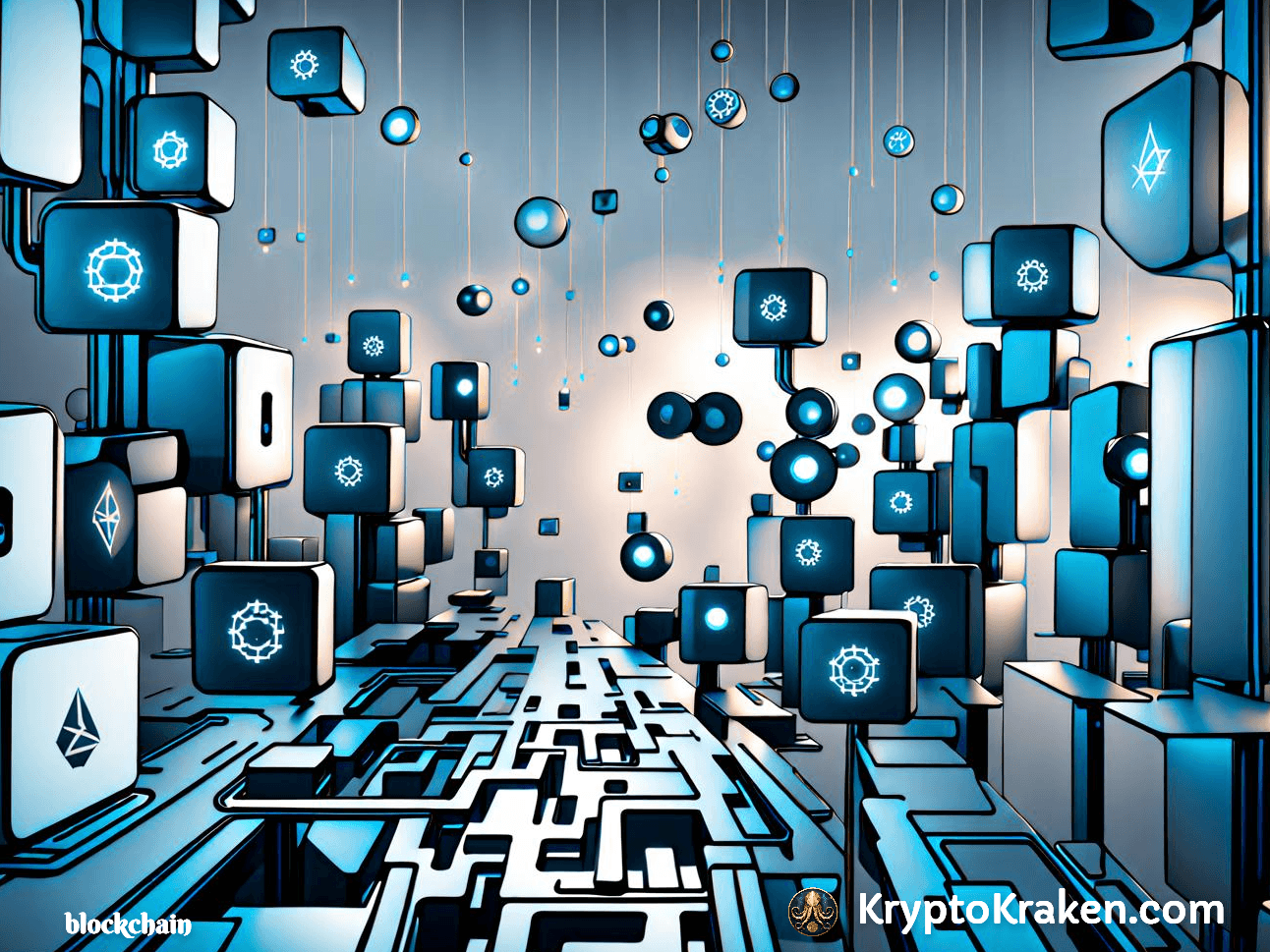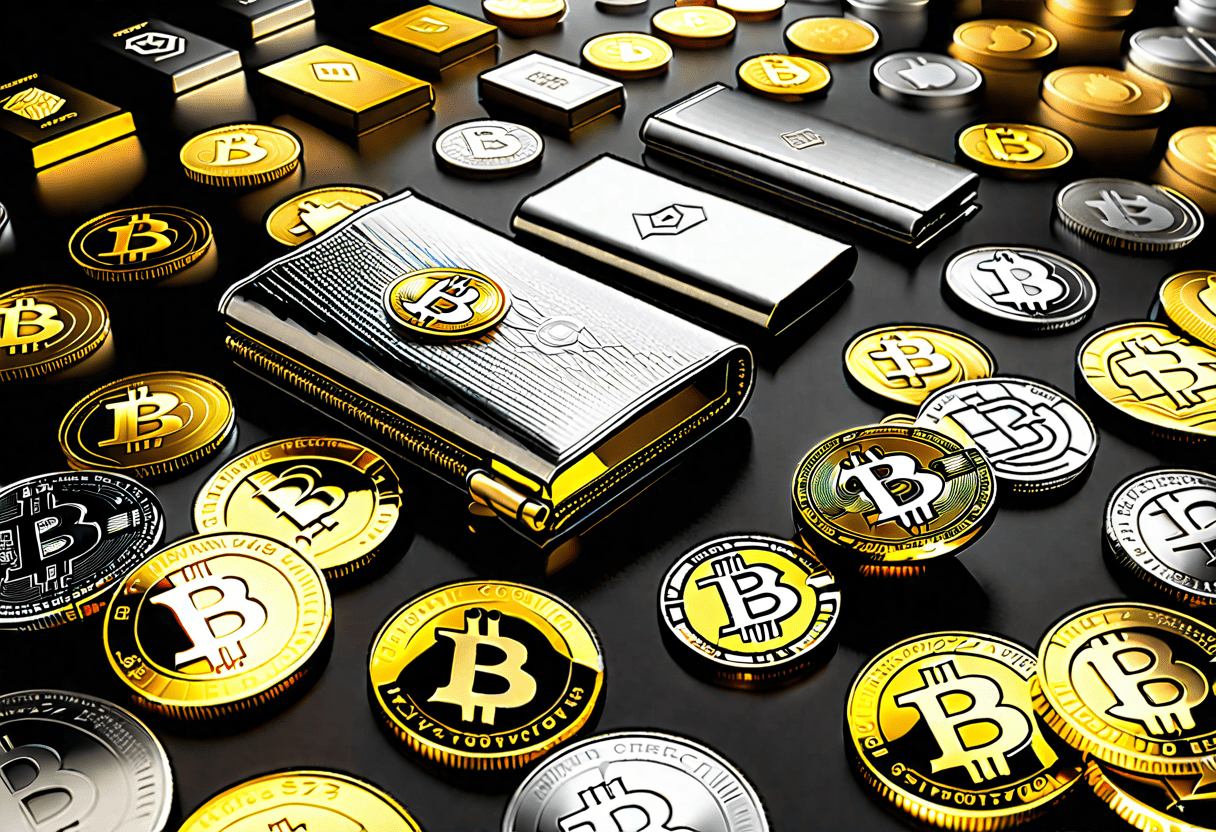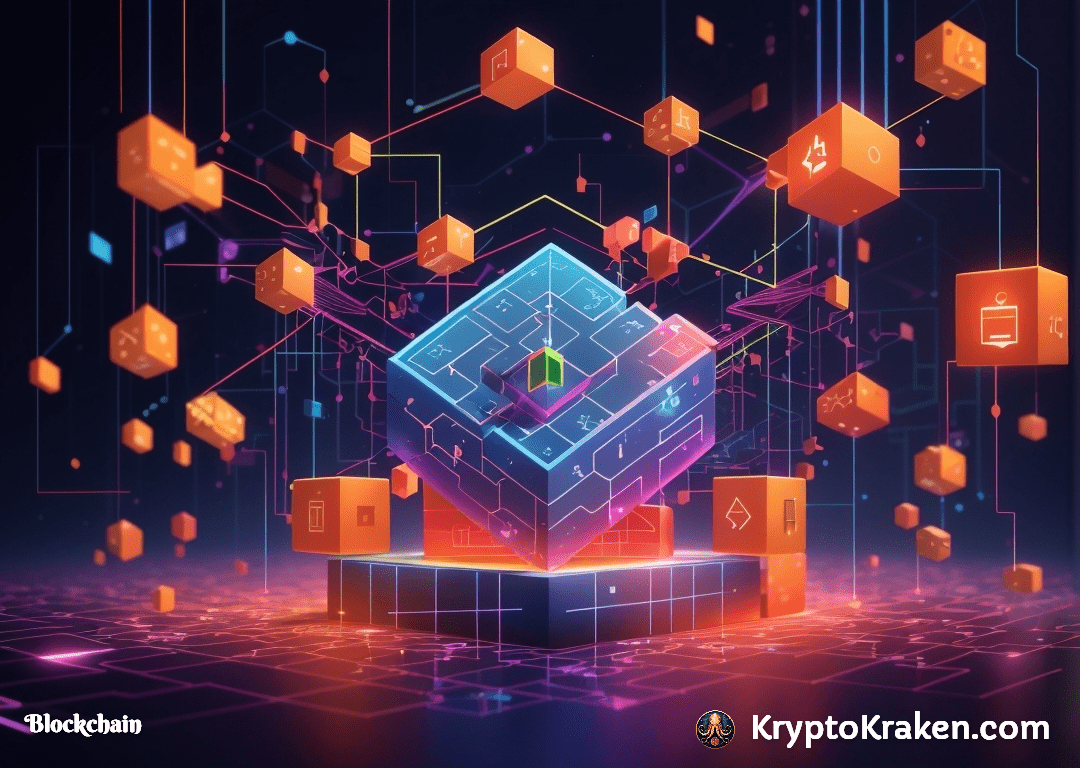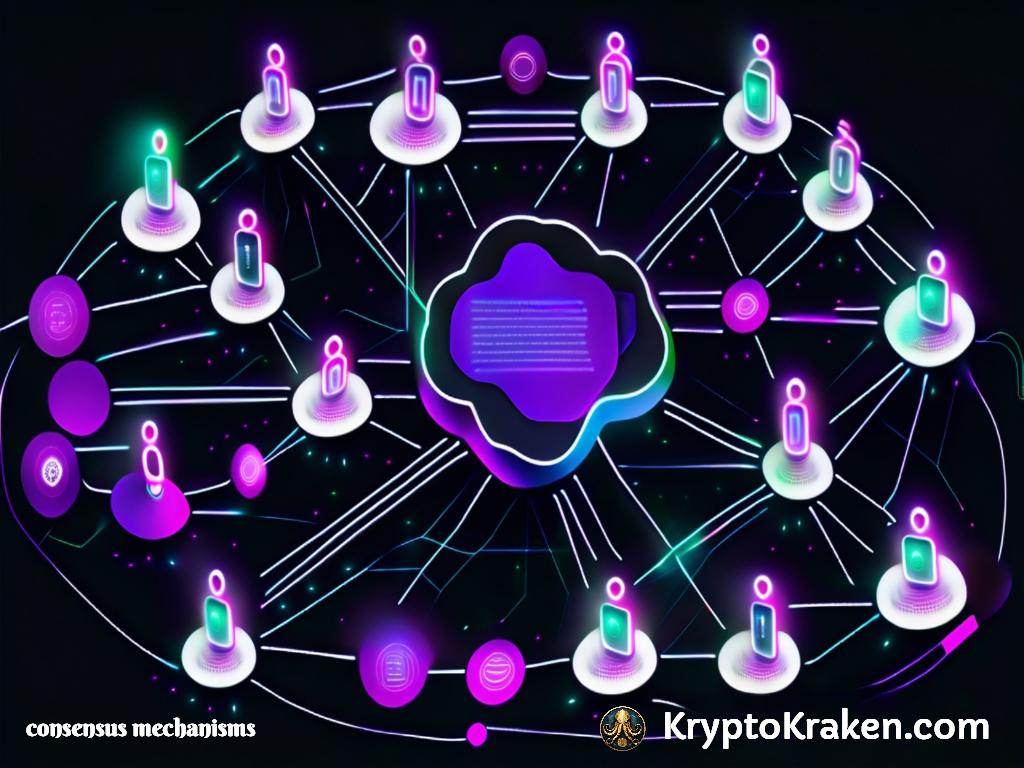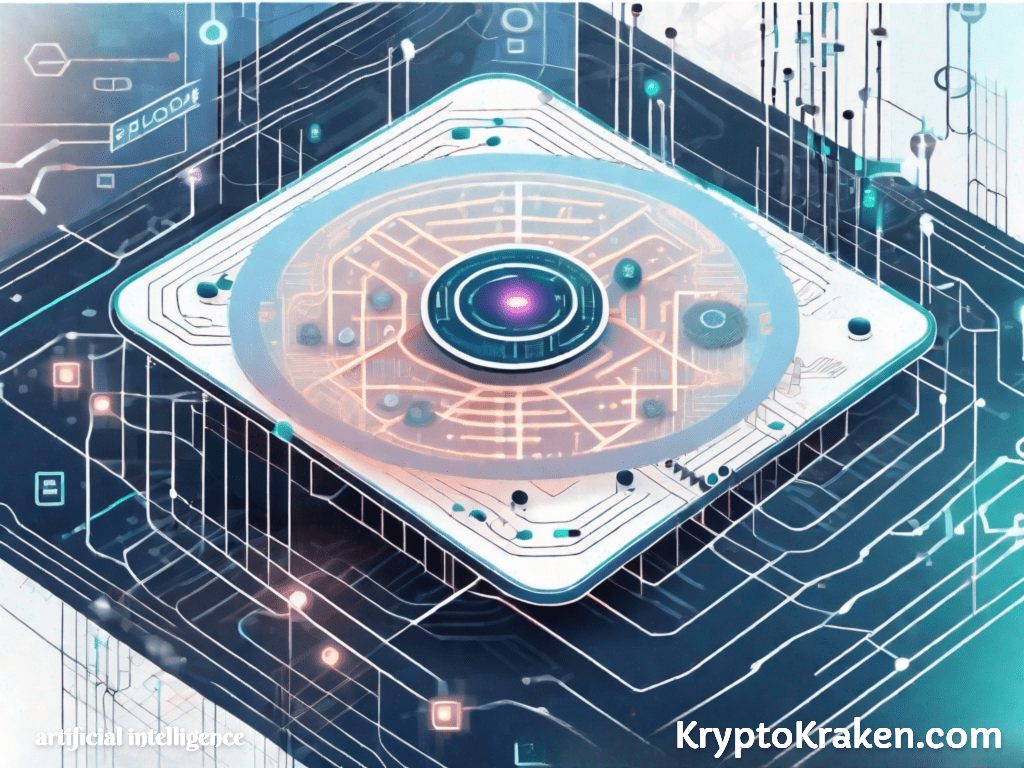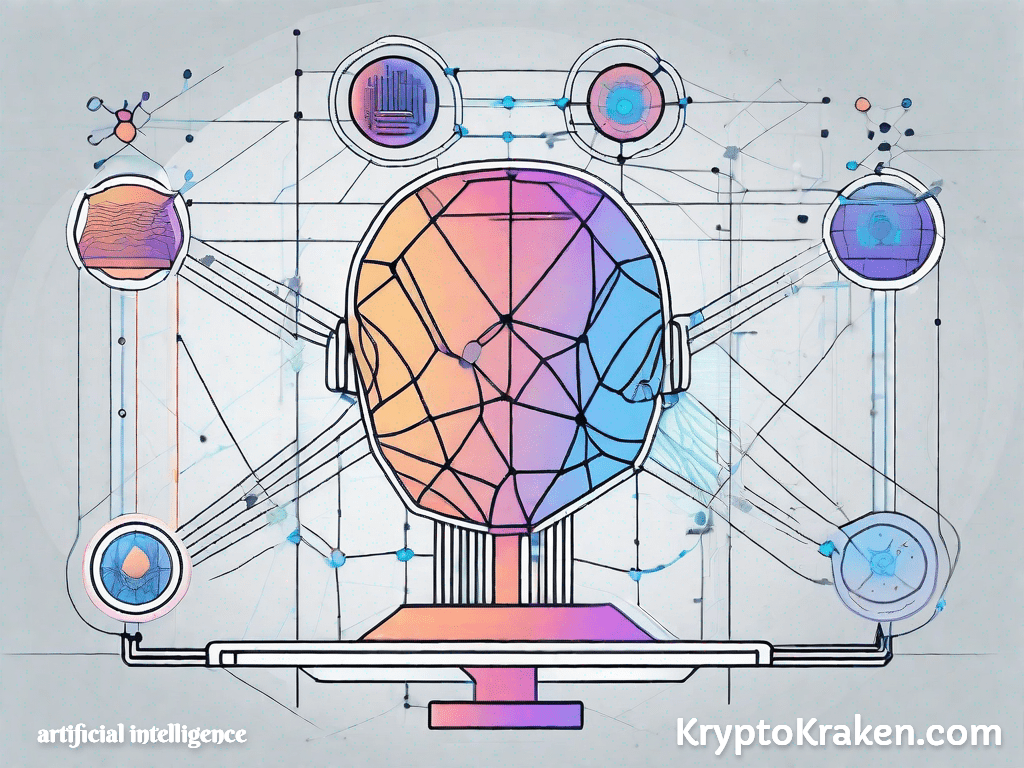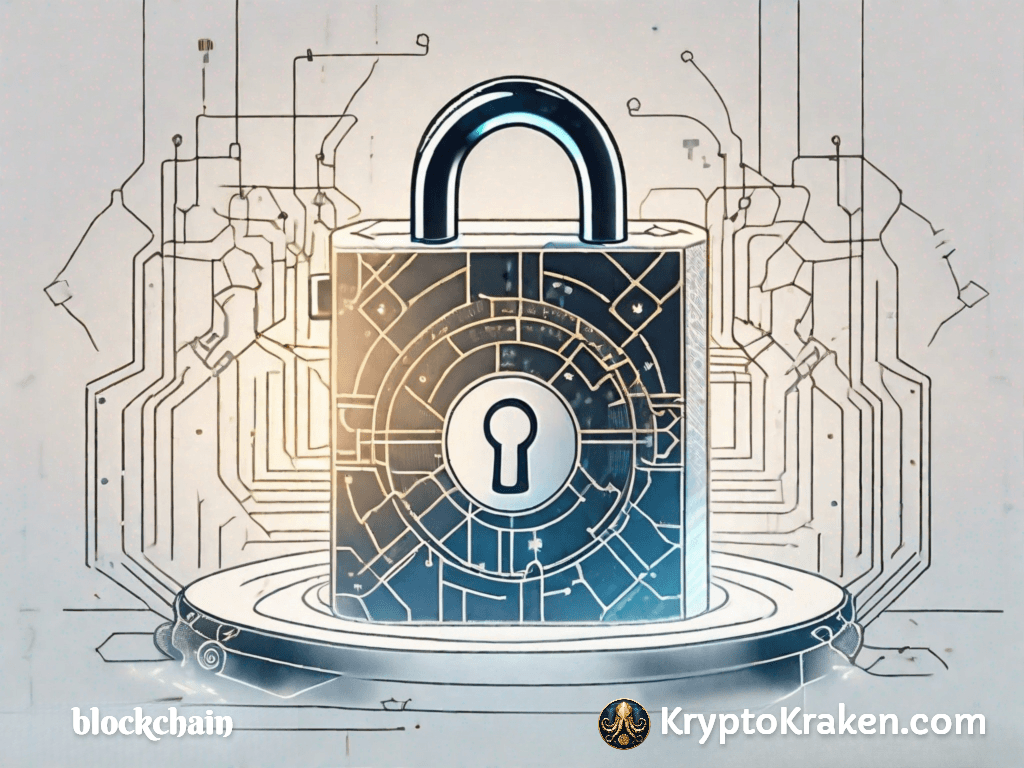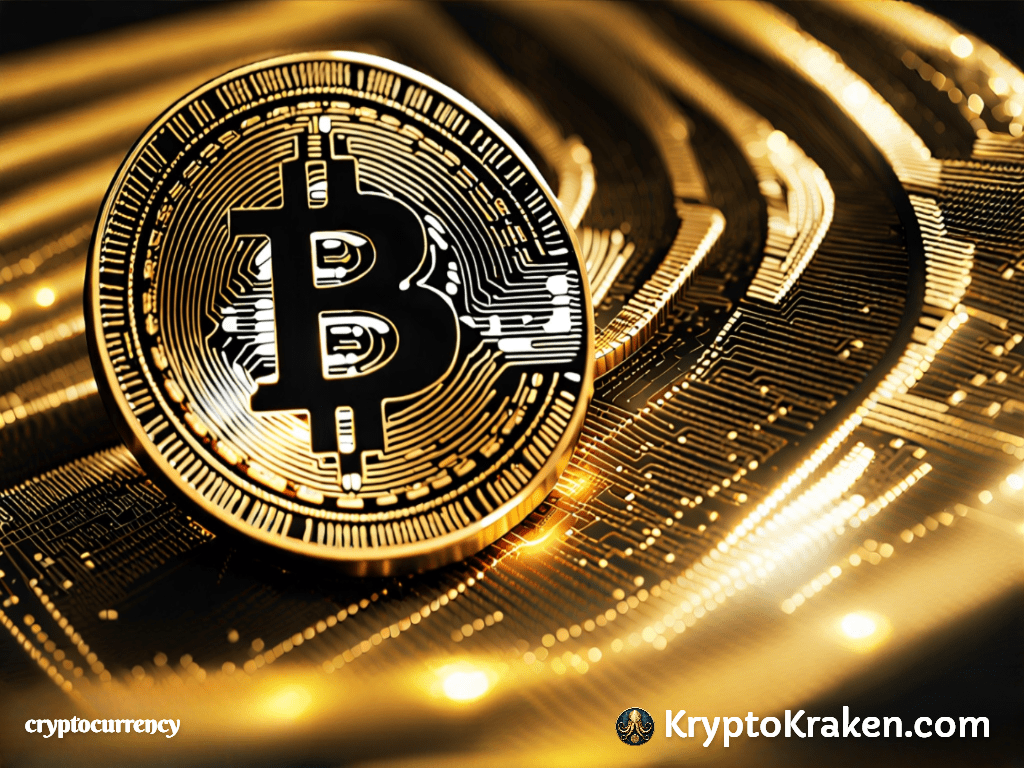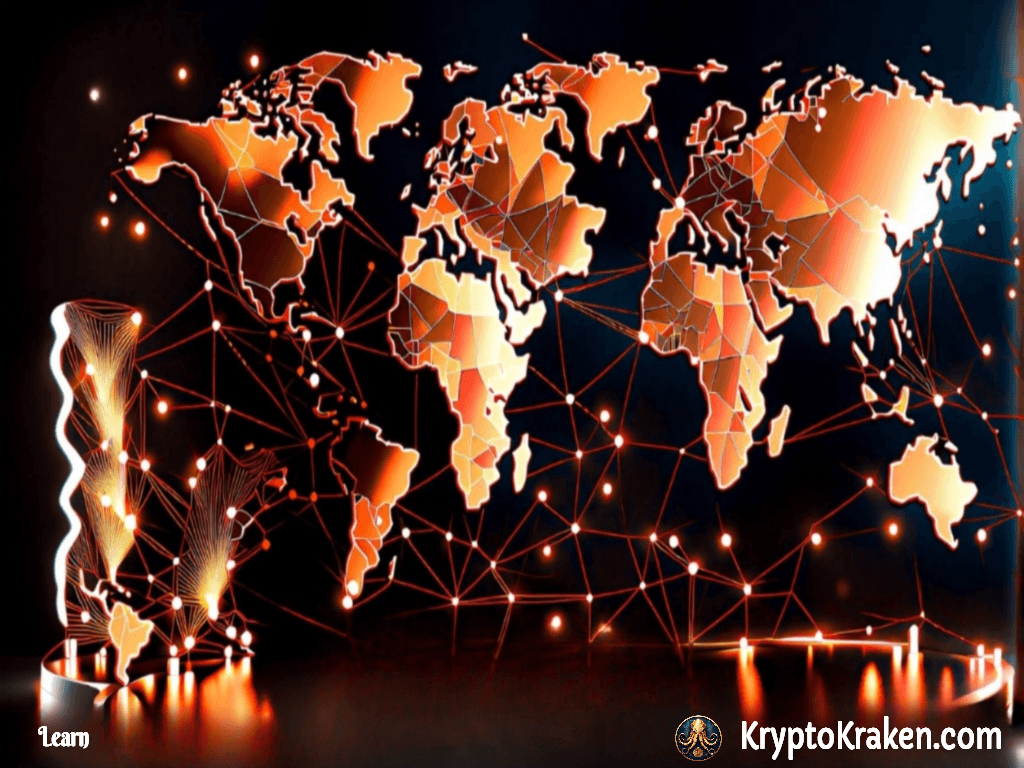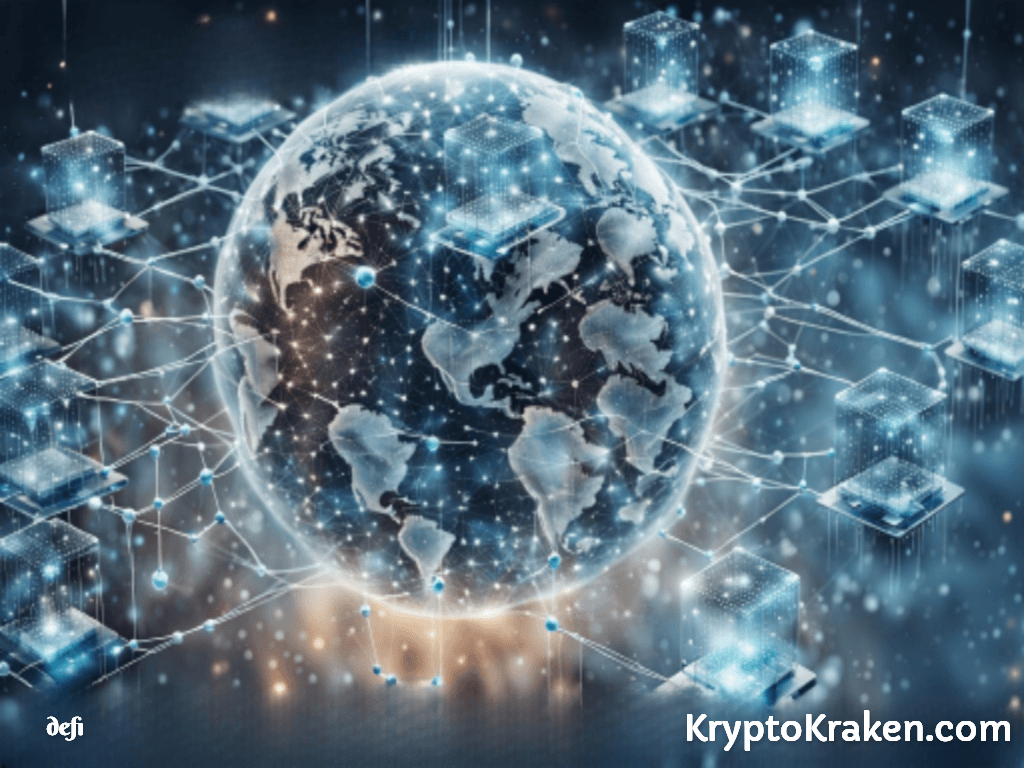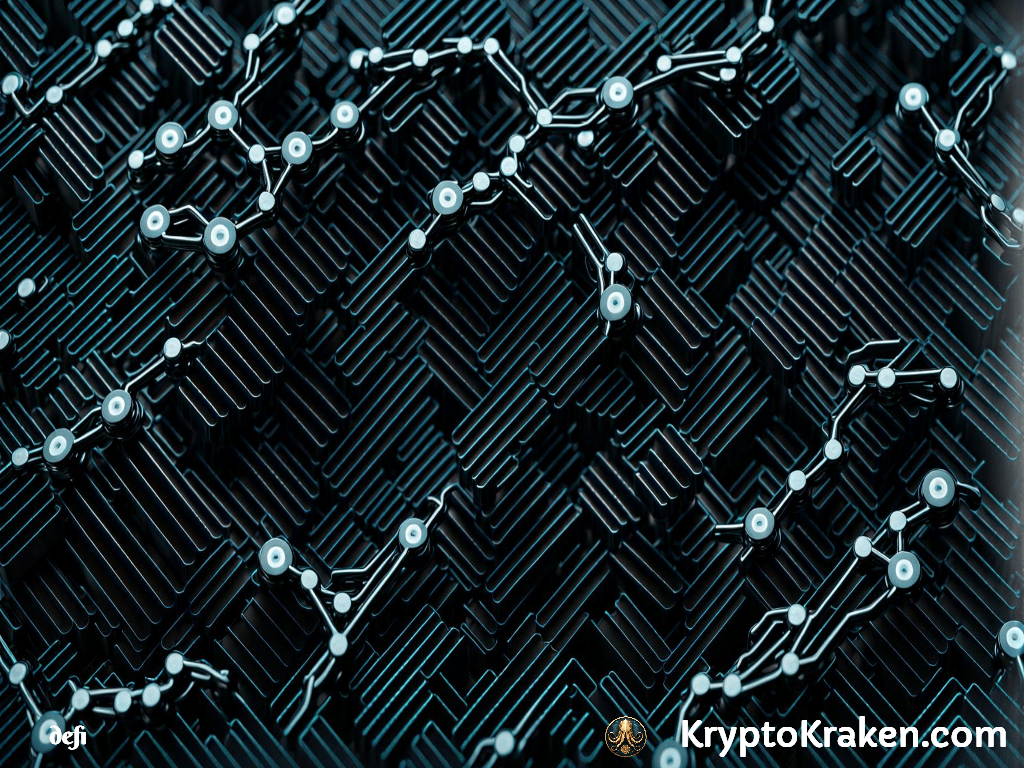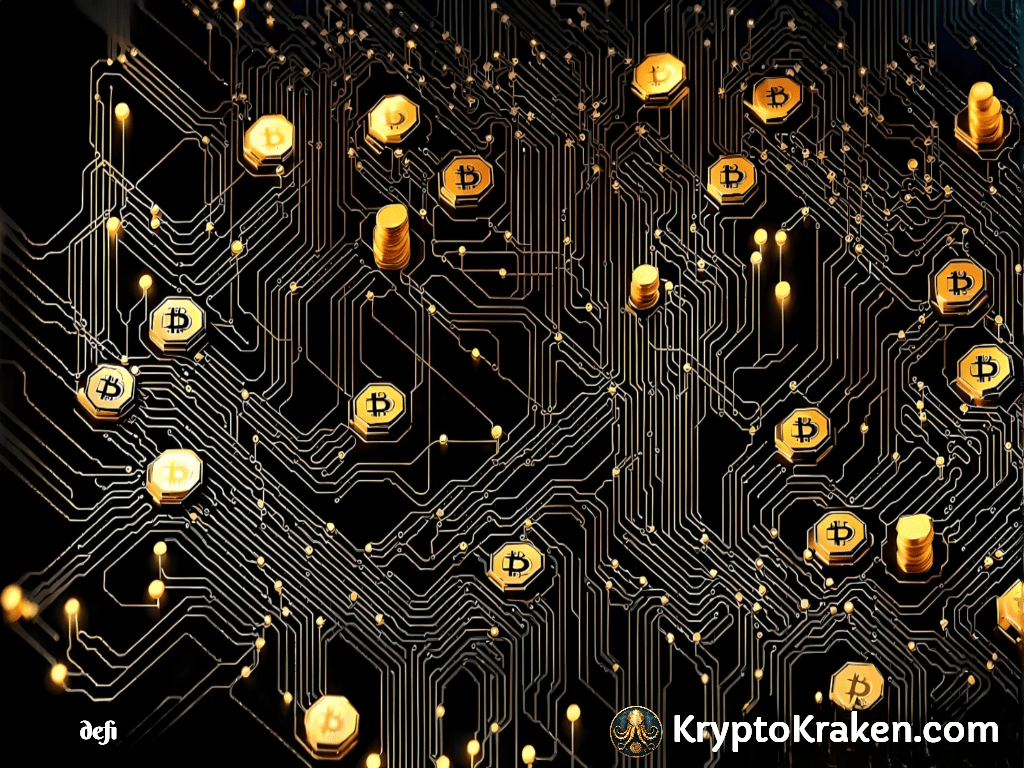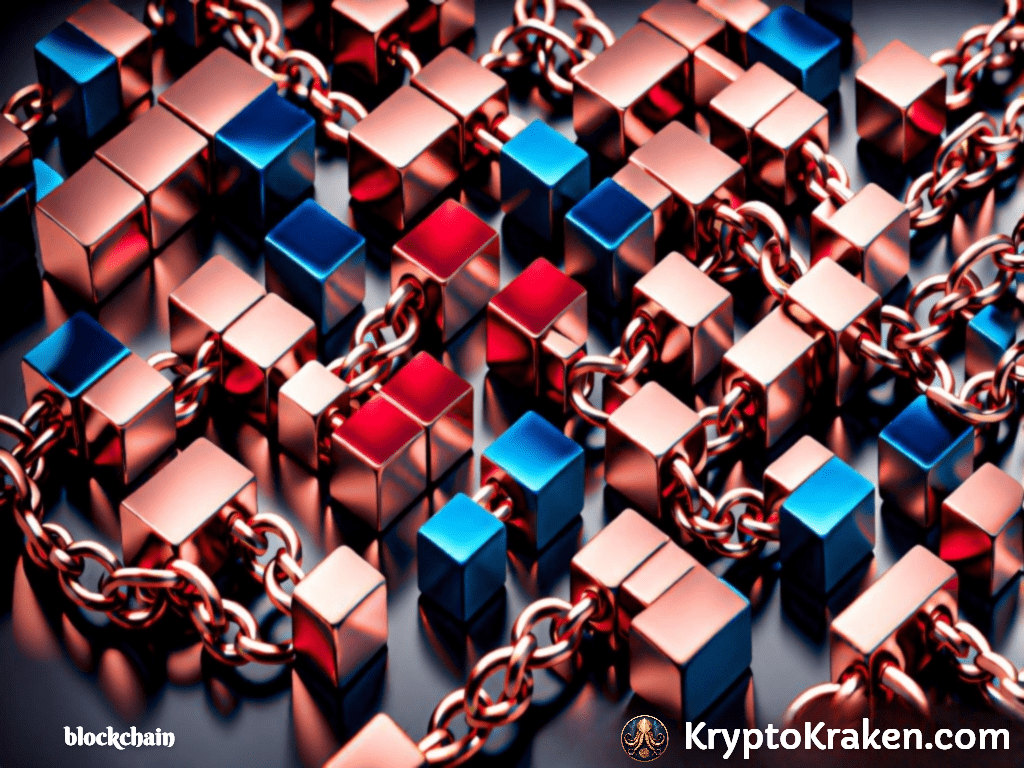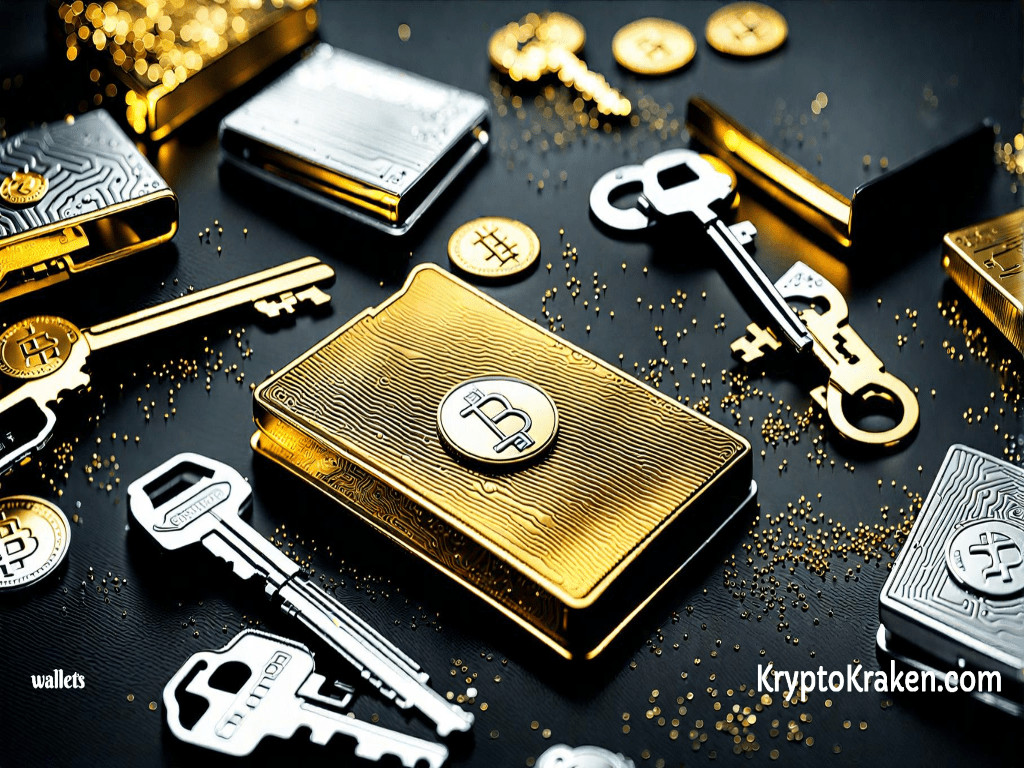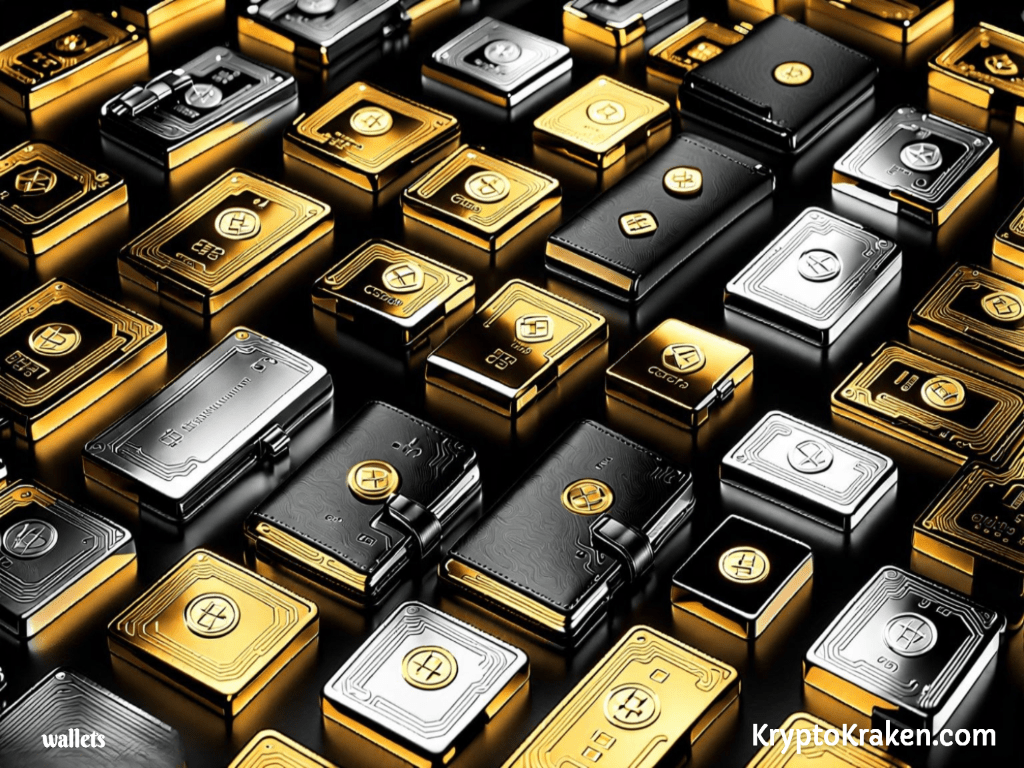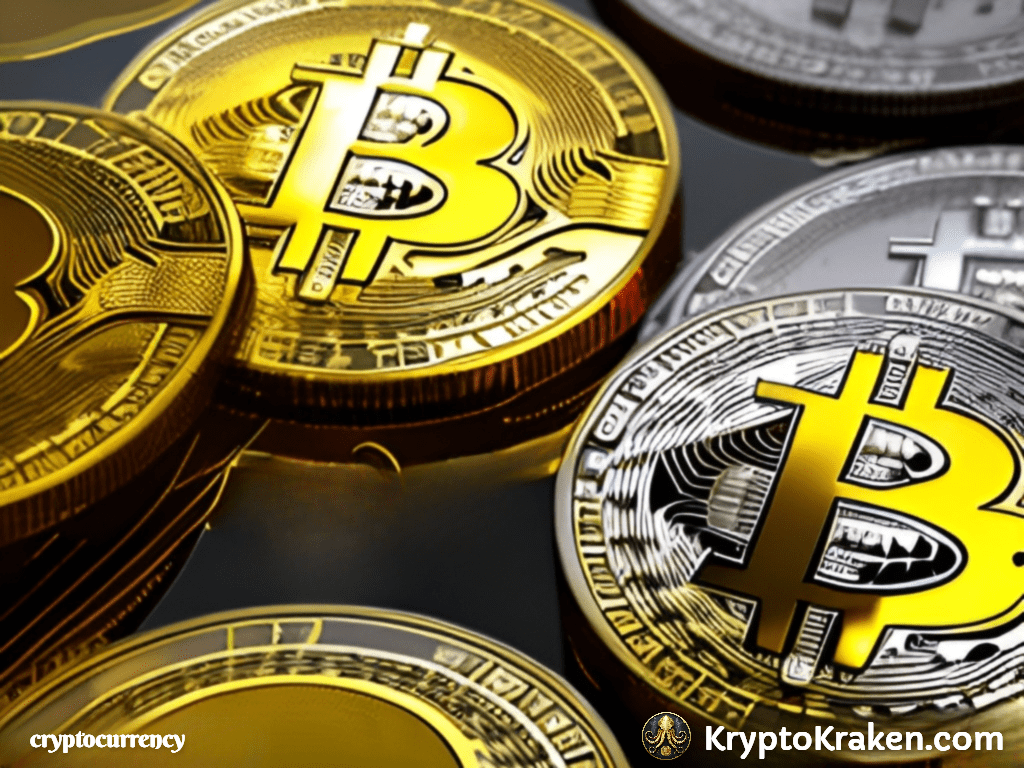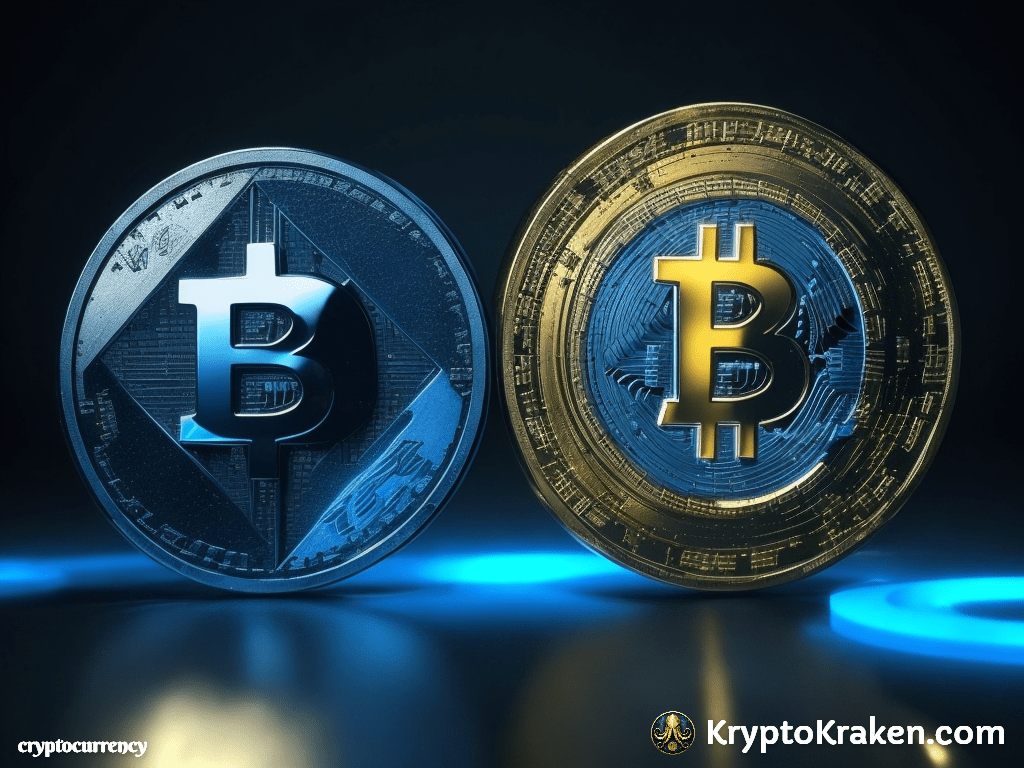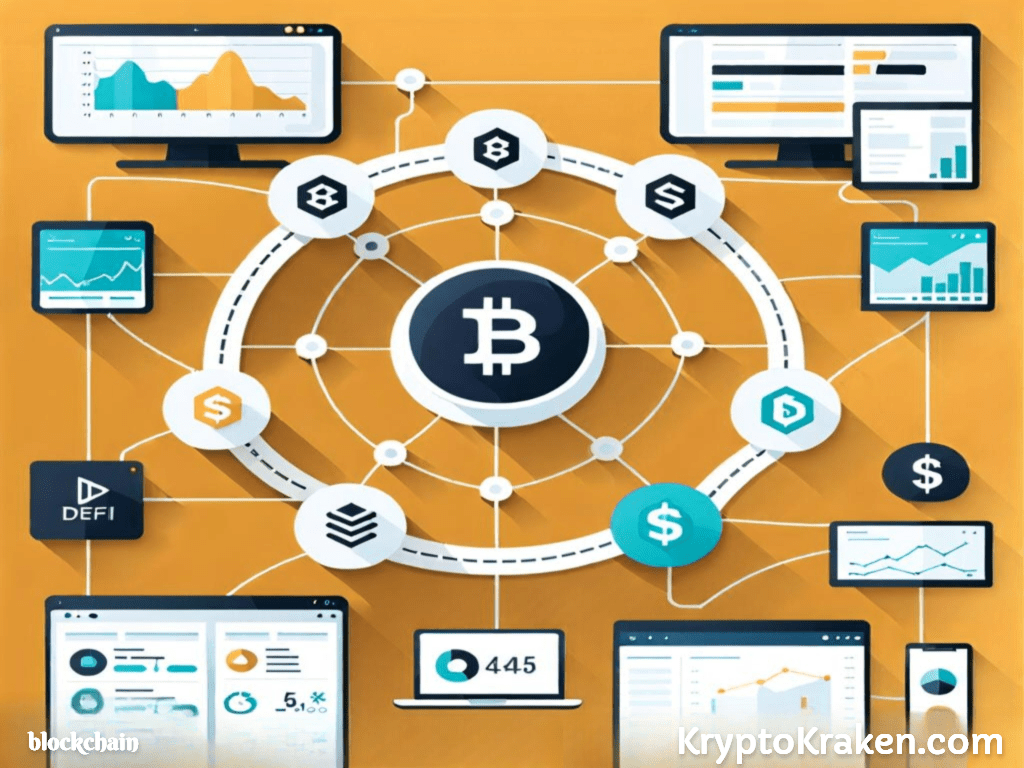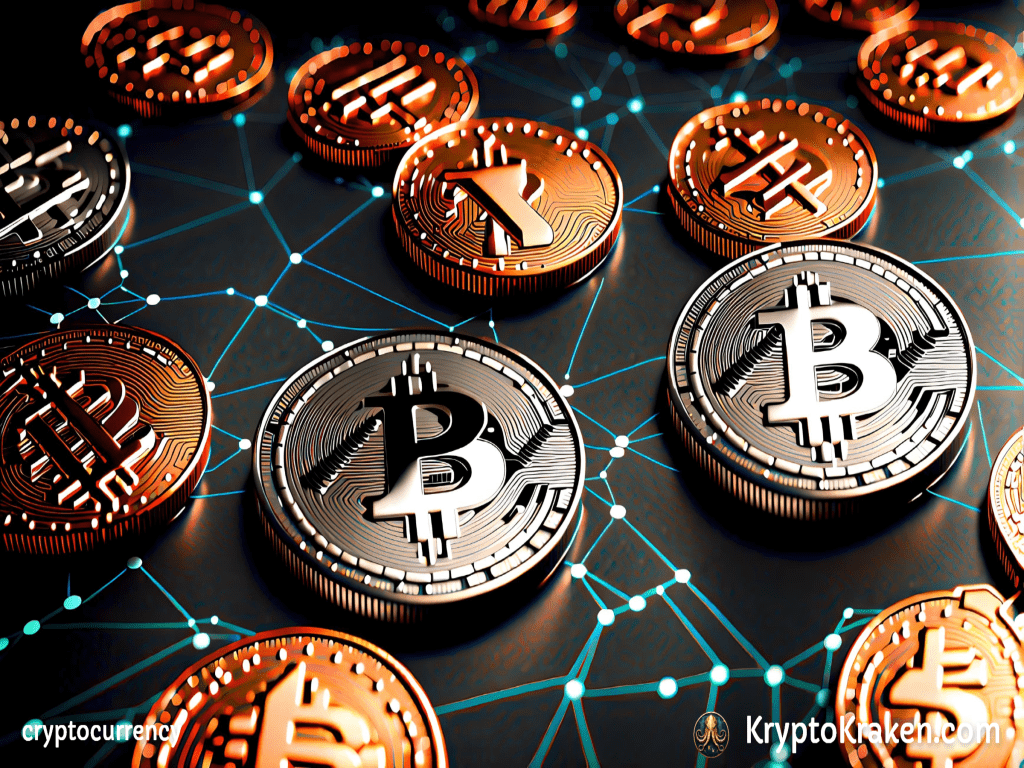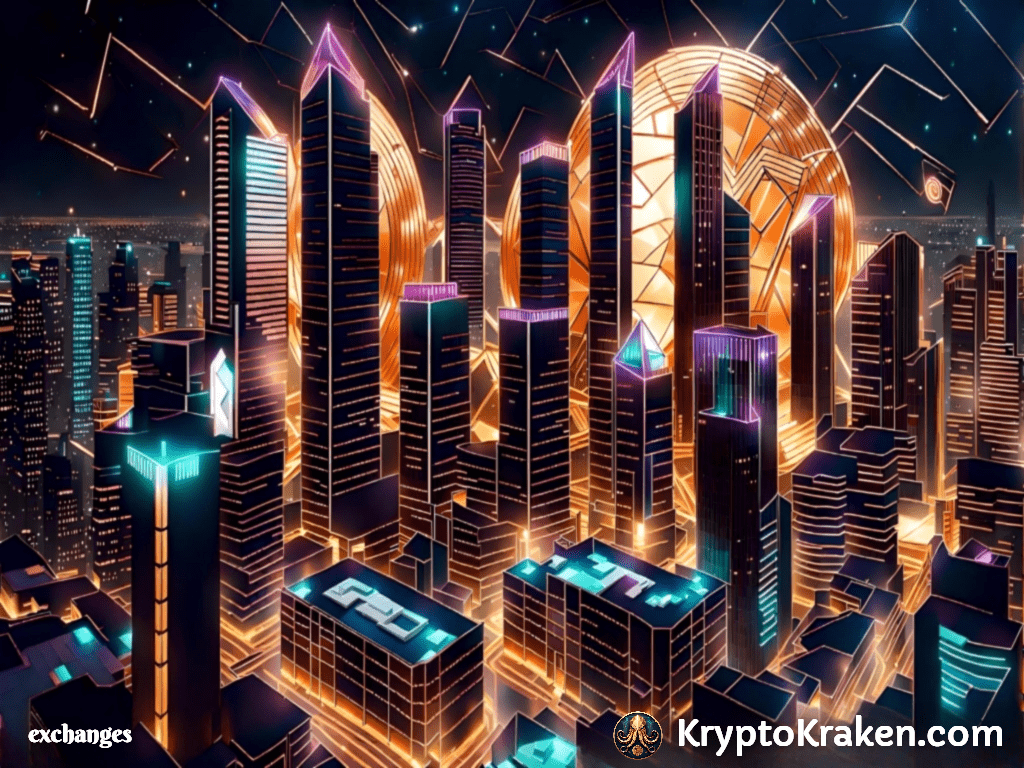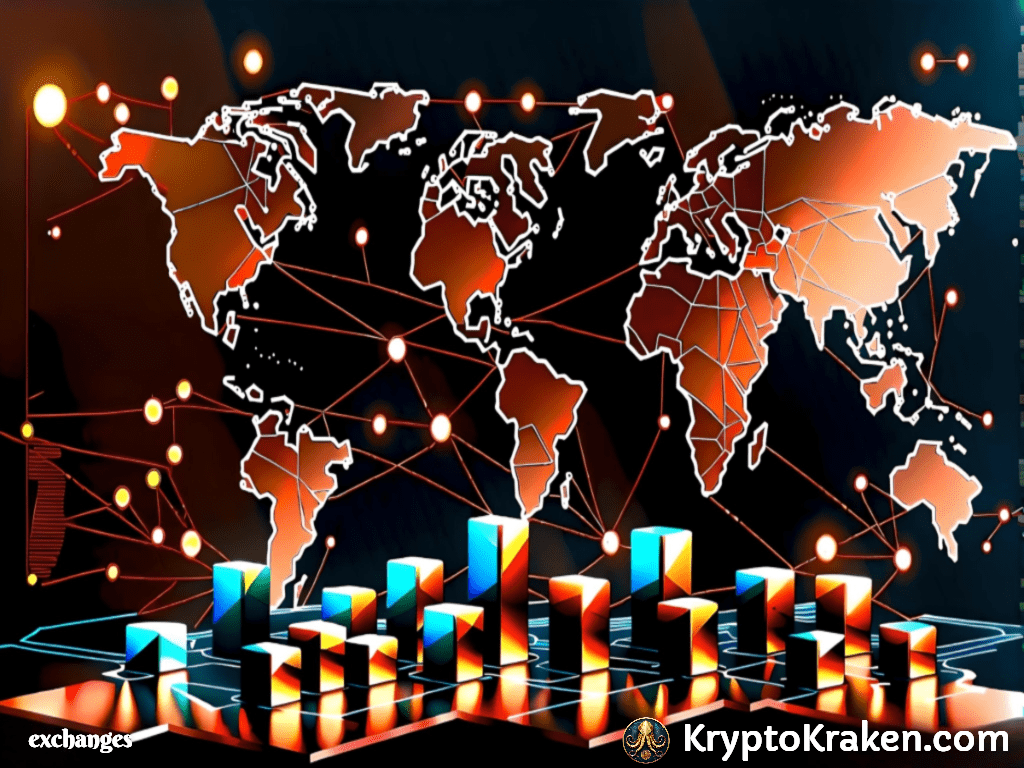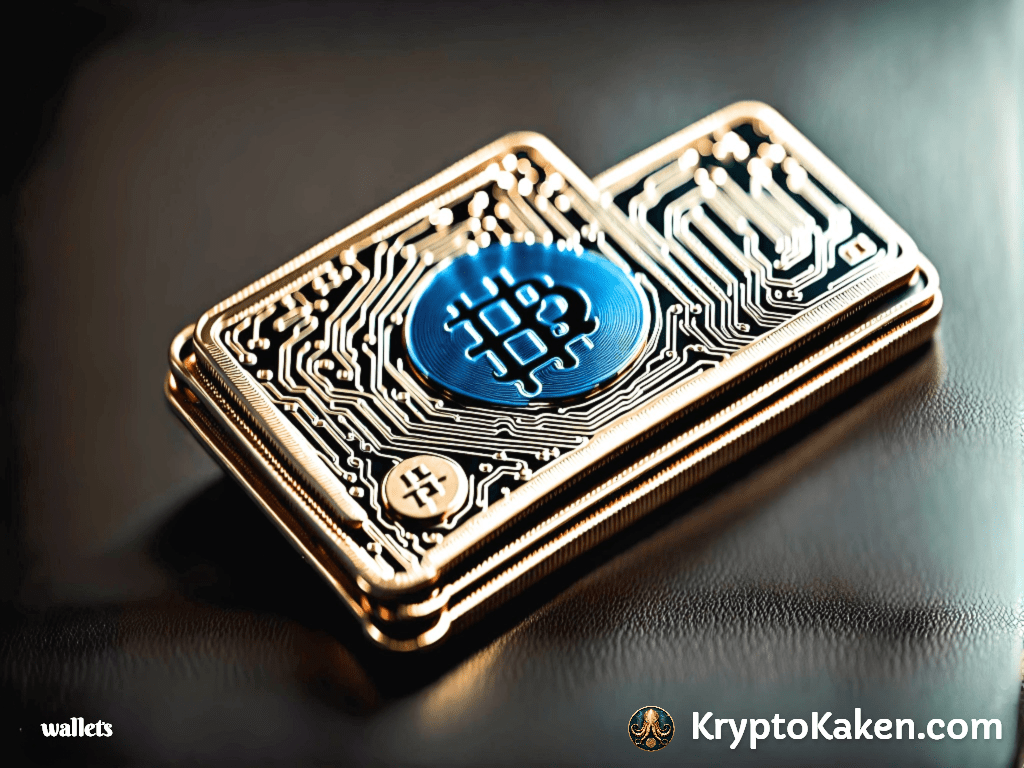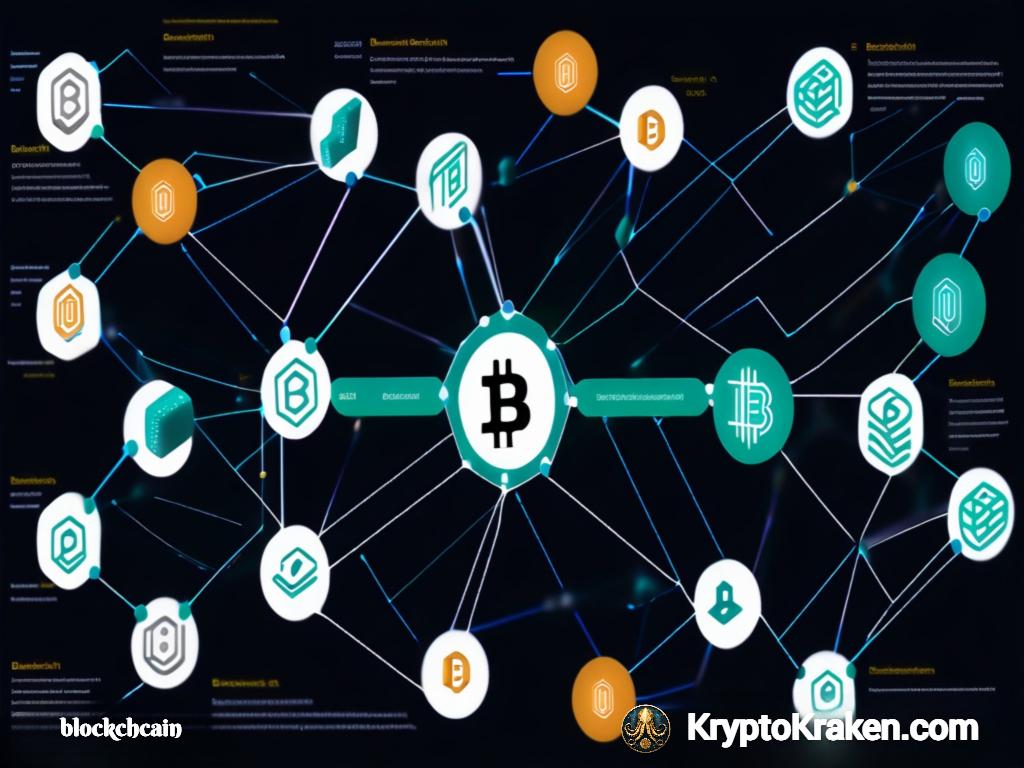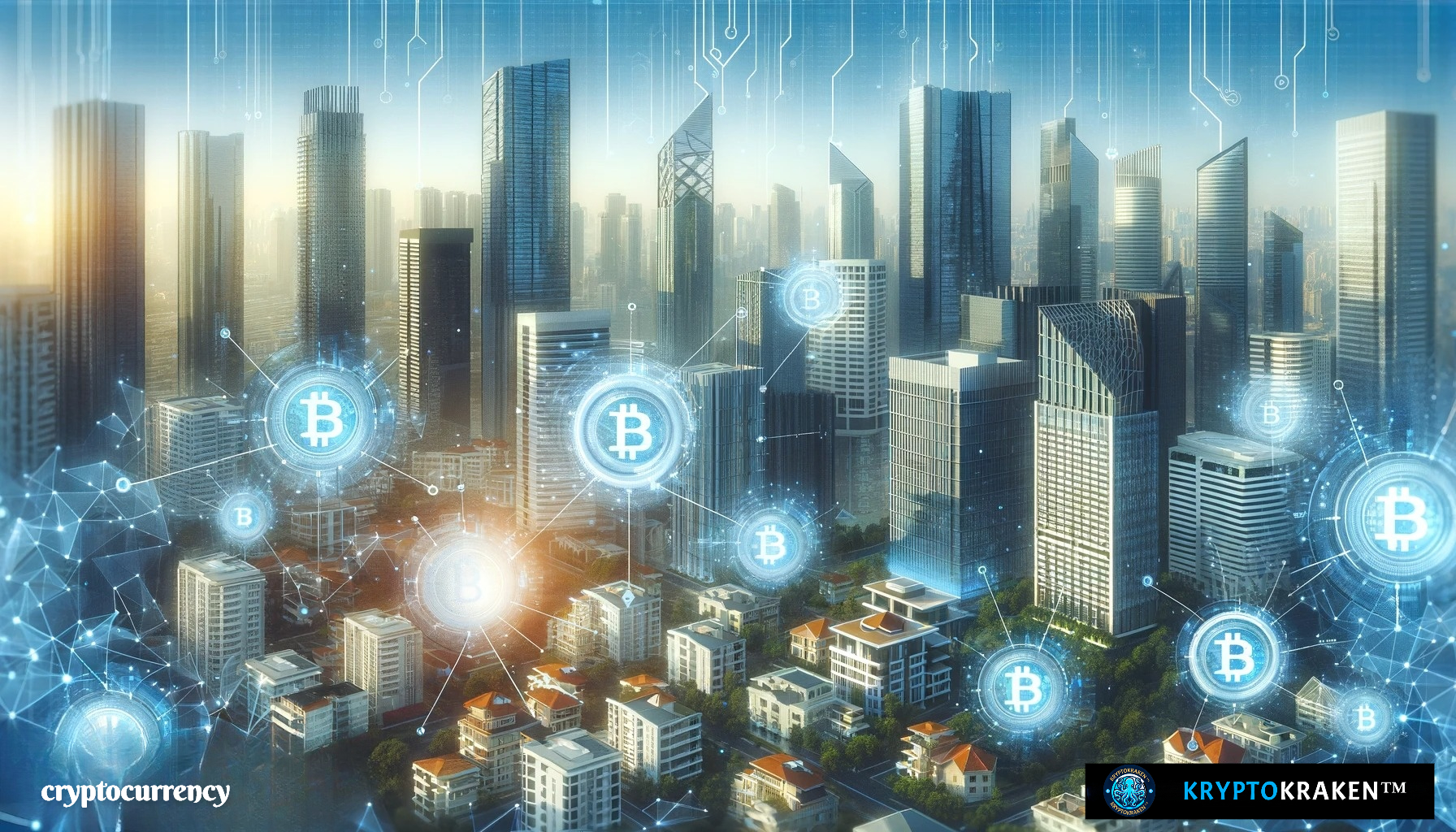
- July 1, 2024
- Dennis Frank
- 0
Hello fellow readers; this is article #2 of what will probably be 15 or 16, which discuss how investing in digital assets have revolutionized the traditional commodities market, bringing forth a new era of accessibility, transparency, and efficiency. From precious metals to agricultural produce, the process of commodities tokenization has empowered investors like never before. This article explores the ins and outs of this groundbreaking financial innovation, providing a comprehensive guide to understanding, navigating, and capitalizing on the opportunities presented by tokenization in the commodities market.
Table of Contents
Introduction to Commodities Tokenization
Commodities are the lifeblood of the global economy, playing a crucial role in various industries. From precious metals like gold and silver to agricultural products such as wheat and coffee, commodities serve as essential building blocks for countless products and services. The intricate web of supply chains and market dynamics that govern commodities trading can be complex, but their value cannot be understated.
However, their traditional trading and investment mechanisms have often posed obstacles for individual investors due to high barriers to entry and limited liquidity. This is where commodities tokenization steps in, offering a solution that democratizes access to tangible wealth and brings benefits to both investors and producers. By breaking down the barriers to entry, tokenization opens up a world of opportunities for investors looking to diversify their portfolios with assets that have historically been out of reach.
By leveraging blockchain technology, commodities tokenization ensures fractional ownership of real-world assets. This means that investors can directly own a portion of a tangible asset, represented by digital tokens. These tokens are secured by smart contracts, providing transparency and security throughout the investment process. In addition to providing liquidity and diversification, tokenization also enables fractionalized investments, making commodities accessible to a wider range of investors. Whether it’s investing in a fraction of a rare metal or a portion of a farmland, tokenization allows for more flexible and inclusive investment opportunities in the commodities market.
Basics of Commodities Tokenization
Commodities tokenization relies on the issuance of digital tokens that represent a specific amount or portion of a physical asset. Each token is registered on a blockchain, providing immutable proof of ownership and facilitating secure and transparent transactions. Moreover, smart contracts govern the tokenized assets, automating processes such as dividends, storage fees, and voting rights.
Investors can participate in commodities tokenization through specialized platforms that facilitate the token offering and secondary market trading. These platforms ensure compliance with regulatory frameworks, perform due diligence on asset quality, and offer features such as real-time asset tracking and performance monitoring.
It’s important to note that commodities tokenization isn’t limited to physical assets alone. Services and derivatives related to commodities, such as storage facilities or risk management contracts, can also be tokenized, further expanding the scope of investment possibilities.

One key benefit of commodities tokenization is the increased liquidity it offers to traditionally illiquid assets. By dividing physical assets into digital tokens, investors can buy and sell fractions of commodities without the need for large capital outlays or long settlement times. This democratization of access to commodity investments opens up opportunities for a wider range of investors, including retail participants, to diversify their portfolios.
Furthermore, the use of blockchain technology in commodities tokenization enhances security and transparency in the market. The decentralized nature of blockchain ensures that ownership records are tamper-proof and easily verifiable, reducing the risk of fraud or disputes. Additionally, the automation enabled by smart contracts streamlines processes such as asset transfer and distribution of returns, increasing efficiency and reducing operational costs for all parties involved.
Precious Metals Tokenization
Precious metals have a rich history dating back centuries, valued for their rarity, beauty, and intrinsic worth. Traditionally, investors have turned to gold, silver, platinum, and other precious metals as a reliable safe haven and a hedge against inflation. However, the landscape of investing is evolving with the emergence of tokenization, offering a modern twist to age-old assets.
By tokenizing precious metals, the financial world is witnessing a revolution in accessibility and convenience. Digital tokens backed by physical reserves provide a bridge between the traditional and digital realms, allowing investors to participate in the precious metals market with ease. This innovative approach not only democratizes access to these valuable assets but also opens up new avenues for investment opportunities.
Moreover, the concept of tokenizing precious metals goes beyond mere ownership; it introduces a paradigm shift in how individuals perceive and interact with tangible assets. The fractional ownership model enabled by tokenization breaks down barriers to entry, empowering investors to own a fraction of a gold bar or a silver coin. This democratization of ownership not only fosters financial inclusivity but also encourages diversification, a key strategy in risk management.
Additionally, the integration of blockchain technology in commodities tokenization brings a new level of transparency and security to the market. By leveraging the immutable nature of blockchain, investors can trace the origin and ownership history of their digital assets, ensuring authenticity and provenance. This transparency not only instills trust in the system but also paves the way for a more efficient and accountable precious metals market.
Industrial Metals Tokenization
Industrial metals play a fundamental role in modern infrastructure development. Aluminum, copper, nickel, and other industrial metals are crucial in industries ranging from construction to electronics. By tokenizing these assets, investors can gain exposure to the growth potential of these industries without the need for physical ownership.
Commodities tokenization diversifies investment options by democratizing access to industrial metal markets. Additionally, it offers enhanced liquidity compared to traditional markets, allowing investors to buy and sell tokens with ease. This increased liquidity fosters market efficiency and transparency, benefitting both individual investors and producers.
Furthermore, the tokenization of industrial metals can also lead to increased market participation from a wider range of investors, including retail investors who may not have had access to these markets previously. This democratization of investment opportunities can help in spreading risk across a broader investor base, potentially stabilizing market fluctuations.
Moreover, the use of blockchain technology in tokenizing industrial metals ensures secure and transparent transactions. The immutable nature of blockchain records provides a high level of security, reducing the risk of fraud and enhancing trust among market participants. This transparency can attract more institutional investors who prioritize secure and efficient trading environments.
Energy Commodities Tokenization
The energy sector encompasses various commodities, such as oil, natural gas, and renewable energy sources. Tokenizing energy commodities opens up investment opportunities in a sector that not only drives global economies but also shapes our sustainable future.
Through commodities tokenization, individuals can invest in renewable energy projects, such as solar and wind farms, by purchasing tokens that represent a share of the project’s energy production. This empowers investors to support and benefit from the global transition towards clean and sustainable energy sources.
Furthermore, tokenization can enhance liquidity in the energy market by allowing investors to trade energy commodities more efficiently. By digitizing assets and enabling fractional ownership, tokenization reduces barriers to entry for retail investors and promotes a more inclusive energy investment landscape. This democratization of energy investments can lead to increased capital flows into renewable energy projects, accelerating the shift towards a greener and more sustainable energy sector.

Moreover, the transparency and security provided by blockchain technology in commodities tokenization offer investors greater confidence in the authenticity and traceability of their energy investments. Smart contracts embedded in tokenized assets ensure automated execution of investment terms, reducing the need for intermediaries and streamlining transaction processes. This increased trust and efficiency in energy commodity trading can attract a broader range of investors, fostering innovation and growth in the renewable energy market.
Agricultural Commodities Tokenization
Agriculture is not only a vital sector but also a cornerstone of human civilization, providing the world with essential food products that sustain life and nourish communities. The tokenization of agricultural commodities, such as wheat, corn, and soybeans, represents a groundbreaking innovation in the financial landscape, offering individuals the opportunity to engage with and invest in the very foundation of our sustenance.
By tokenizing agricultural commodities, investors are not only gaining exposure to the agricultural value chain but are also actively participating in the support and growth of farmers worldwide. This revolutionary approach not only benefits investors but also has a profound impact on the agricultural sector, fostering innovation, sustainability, and economic development.
Moreover, commodities tokenization serves as a catalyst for financial inclusion, breaking down traditional barriers that have hindered investment in agriculture. By digitizing assets and streamlining processes, tokenization enhances liquidity, transparency, and efficiency in the agricultural market, paving the way for a more accessible and equitable financial ecosystem.
Soft Commodities Tokenization
Soft commodities, which include cocoa, coffee, cotton, and sugar, play a significant role in the commodities market due to their diverse economic impacts. Cocoa, known for its rich flavor and versatility in the confectionery industry, is a staple commodity in many countries, particularly in West Africa where the majority of the world’s cocoa is produced. Coffee, with its complex flavors and aromas, is a beloved beverage enjoyed by millions worldwide, driving a multi-billion dollar industry. Cotton, a versatile and durable material, is not only used in the textile industry but also in medical and agricultural sectors. Sugar, a sweetening agent, is a crucial ingredient in the food and beverage industry, with various types of sugar catering to different culinary needs.
Tokenization of soft commodities opens up new opportunities for investors to participate in the global demand for these essential goods. By digitizing these commodities into tokens, investors can overcome the challenges associated with physical ownership, such as storage costs, quality control, and transportation logistics. Furthermore, the process of tokenization streamlines the market by eliminating unnecessary intermediaries, providing a more direct and efficient route for investors to access and invest in these underlying assets.
Investing in digital tokens backed by soft commodities not only offers a convenient and secure way to diversify investment portfolios but also contributes to the democratization of the commodities market. This innovative approach allows both retail and institutional investors to engage in commodity trading with lower entry barriers and greater transparency. Additionally, tokenization enables fractional ownership, meaning investors can own a portion of a commodity, making it more accessible to a broader range of market participants.
Water Rights Tokenization
Water rights, an essential component of agricultural and industrial activities, are becoming increasingly valuable. Tokenizing water rights enables investors to participate in the water market, while also driving sustainable water management initiatives.
Through commodities tokenization, individuals can gain exposure to this precious resource without the logistical challenges and regulatory complexities associated with physical ownership. This provides an avenue for supporting sustainable water management and benefitting from the economic value tied to water rights.
Furthermore, the concept of water rights tokenization has gained traction in regions facing water scarcity issues. By tokenizing water rights, stakeholders can efficiently allocate water resources, promote water conservation efforts, and ensure equitable access to this vital resource. This innovative approach not only facilitates investment opportunities but also fosters responsible water usage practices.
Moreover, the use of blockchain technology in water rights tokenization offers transparency and security in transactions. By leveraging blockchain’s decentralized ledger system, the process of buying, selling, and trading water rights becomes more efficient and trustworthy. This increased transparency helps build trust among stakeholders and reduces the risk of disputes related to water rights ownership and usage.
Tokenizing Renewable Energy Sources
As the world shifts towards renewable energy sources, the tokenization of renewable energy projects offers a transformative investment avenue. By investing in digital tokens backed by clean energy projects, individuals can contribute to the global transition towards a sustainable future while enjoying potential financial returns.
Commodities tokenization in the renewable energy sector democratizes access to investment opportunities that were previously exclusive to institutional investors. This allows individuals to align their financial goals with their values, promoting environmental sustainability and empowering individual investors.
Moreover, the tokenization of renewable energy sources can enhance liquidity in the market by creating a more efficient and transparent way to trade energy assets. This increased liquidity can attract more investors to participate in renewable energy projects, ultimately accelerating the growth of the green energy sector.
Additionally, tokenization can help in diversifying investment portfolios by offering a new asset class that is not directly correlated with traditional financial markets. This diversification can reduce overall investment risk and provide investors with exposure to the potential upside of the renewable energy industry.
Carbon Credits and Environmental Assets
Tokenization extends beyond physical assets and enables the commoditization of various environmental assets, such as carbon credits. By tokenizing carbon credits, individuals can support climate change mitigation efforts and participate in carbon markets.
Commodities tokenization enhances the accessibility, fungibility, and tradability of carbon credits, unlocking investment opportunities in the climate economy. This promotes sustainable practices and empowers investors to make a positive environmental impact while potentially benefiting from the appreciation of their tokenized assets.
Furthermore, the tokenization of carbon credits also introduces a new level of transparency and accountability to the carbon market. Each token represents a specific amount of carbon emissions that have been offset or reduced, providing a clear record of the environmental impact of each transaction. This transparency not only builds trust within the market but also allows for more accurate tracking of carbon reduction efforts on a global scale.
In addition to individual investors, businesses are also increasingly turning to tokenized carbon credits as a way to demonstrate their commitment to sustainability and offset their carbon footprint. By purchasing and holding these tokens, companies can showcase their environmental responsibility to consumers, investors, and regulatory bodies, ultimately contributing to a more eco-conscious business landscape.
Tokenization of Livestock and Animal Products
The livestock and animal products market holds significant economic value globally. Tokenizing livestock and animal products expands investment opportunities in this sector and provides avenues for more efficient and transparent transactions.
Through commodities tokenization, individuals can access the livestock market without the need for physical ownership, allowing for diversification and reducing barriers to entry. Moreover, tokenization facilitates traceability along the supply chain, ensuring quality assurance and transparency for both investors and consumers.

Tokenizing Fisheries and Aquaculture
Fisheries and aquaculture have a profound impact on food security and global economies. Tokenizing fisheries and aquaculture assets opens up investment possibilities in this sector while promoting sustainable practices and responsible resource management.
Commodities tokenization provides individuals with the opportunity to invest in fisheries and aquaculture projects, supporting sustainable fishing practices and driving innovation in the industry. By tokenizing these assets, investors can participate in the economic growth of the sector while ensuring the responsible use of marine resources.
Challenges in Commodities Tokenization
As with any significant financial innovation, commodities tokenization faces its own set of challenges. Regulatory uncertainties, technological limitations, and market fragmentation are some of the hurdles that need to be navigated.
Regulatory and legal considerations play a vital role in ensuring investor protection and market integrity. Harmonizing regulations across jurisdictions and establishing clear guidelines for tokenized commodities are crucial for the continued growth and adoption of this market.
Technological innovation is another critical aspect that drives the evolution of commodities tokenization. Ensuring scalability, security, and interoperability of blockchain platforms are ongoing challenges that need to be overcome for widespread adoption.
Lastly, market fragmentation poses challenges in terms of liquidity and standardization. Efforts towards establishing unified marketplaces and interoperable token standards contribute to market efficiency and investor confidence.
Legal and Regulatory Considerations
Commodities tokenization operates within a complex regulatory landscape that varies across jurisdictions. Due diligence and compliance with applicable laws and regulations are essential for market participants.
Understanding the legal framework, including securities regulations, anti-money laundering measures, and investor protection rules, is critical when engaging in commodities tokenization. Collaborating with legal experts and seeking advice from competent authorities can help navigate the regulatory landscape and ensure compliance.
Technological Innovations in Commodities Tokenization
Technological advancements continue to shape the commodities tokenization landscape, propelling the market forward and enhancing investment opportunities.
Integration with decentralized finance (DeFi) platforms enables new avenues for liquidity provision, borrowing, and lending within the commodities tokenization ecosystem. Automation through smart contracts streamlines processes, reduces middlemen, and enhances transparency. Additionally, advancements in token standards and blockchain interoperability promote seamless integration and enhance market accessibility.
Market Trends and Future Outlook
The commodities tokenization market is experiencing rapid growth as investors increasingly recognize the untapped potential of tokenized assets. Market trends indicate that this evolution is set to continue.
Technological advancements and regulatory clarity are likely to drive increased investment and liquidity in the commodities tokenization space. The ability to fractionalize ownership and trade digital tokens backed by real-world assets will further democratize investment opportunities and foster financial inclusivity.
Moreover, the integration of environmental, social, and governance (ESG) factors into investment decisions is expected to influence the commodities tokenization market. Investors seeking sustainable and responsible investment avenues can leverage tokenization to support sectors aligned with their values.
Case Studies: Successful Commodities Tokenization
Several case studies demonstrate the viability and success of commodities tokenization across various sectors. These showcases offer real-world examples of how tokenization has revolutionized investment opportunities and transformed traditional markets.
From gold-backed digital tokens attracting retail investors to renewable energy projects funded by tokenized assets, these case studies offer valuable insights into the practical applications and benefits of commodities tokenization.
Risks and Mitigation Strategies
Investing in commodities, whether through traditional means or tokenization, carries inherent risks that need to be carefully considered. These risks include market volatility, counterparty risk, regulatory uncertainties, and technological vulnerabilities.
Mitigating these risks involves conducting thorough due diligence, diversifying investment portfolios, and staying informed about market developments. Engaging with reputable platforms and service providers, maintaining a long-term investment horizon, and seeking professional advice can minimize the impact of these risks.
Investor’s Guide to Commodities Tokenization
For individuals interested in exploring the world of commodities tokenization, having a clear investment strategy is essential. This section provides practical guidance on how to navigate this emerging market and make informed investment decisions.
Key considerations include understanding risk appetite, conducting comprehensive research on tokenized assets and platforms, and staying updated on regulatory developments. Additionally, setting realistic investment goals, diversifying portfolios, and regularly reviewing investments contribute to a well-informed and successful investment journey in commodities tokenization.
Impact of Commodities Tokenization on Global Trade
Commodities tokenization has the potential to disrupt and optimize global trade by addressing longstanding challenges and facilitating frictionless transactions.
By creating a more inclusive and efficient market, commodities tokenization can streamline supply chains, reduce transaction costs, and enhance transparency. This, in turn, supports international trade by unlocking opportunities for small and medium-sized enterprises, fostering economic growth, and fostering sustainable development.
In conclusion, commodities tokenization heralds a new era of investment opportunities, democratizing access to tangible assets worldwide. This groundbreaking financial innovation empowers individuals to actively participate in the commodities market, while promoting transparency and sustainability. As technology continues to advance and regulatory frameworks evolve, the future of commodities tokenization appears promising, offering vast potential for investors and the global economy alike.



